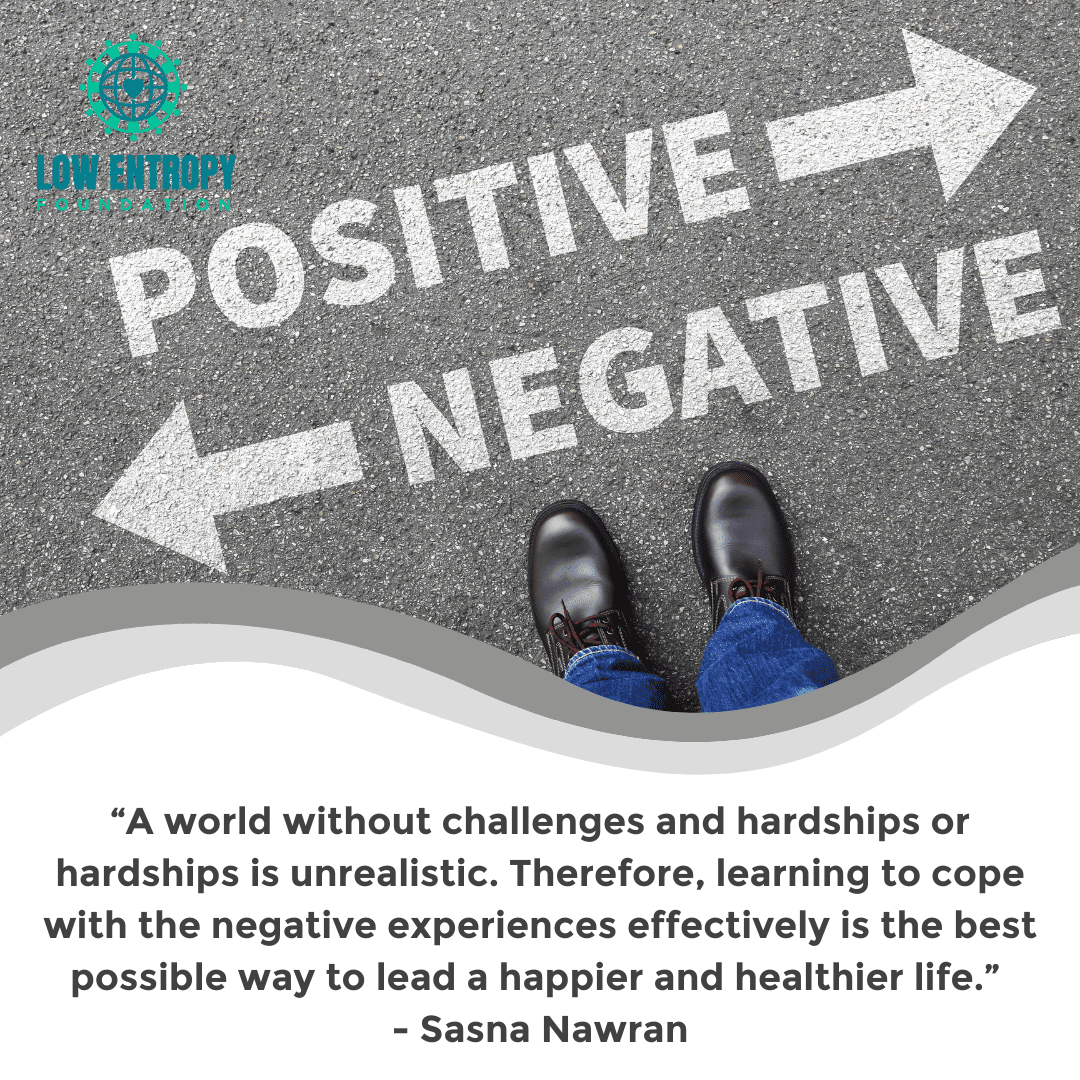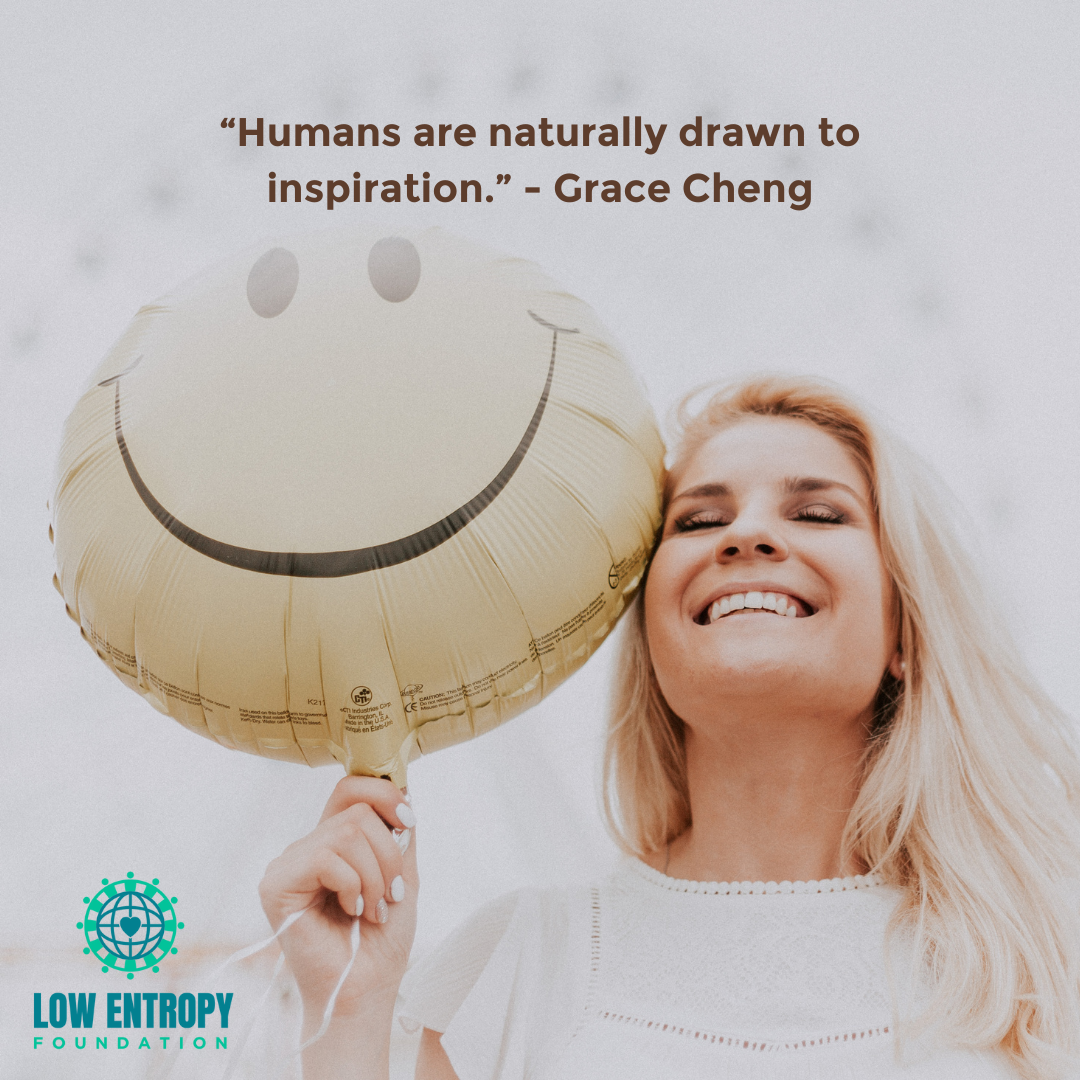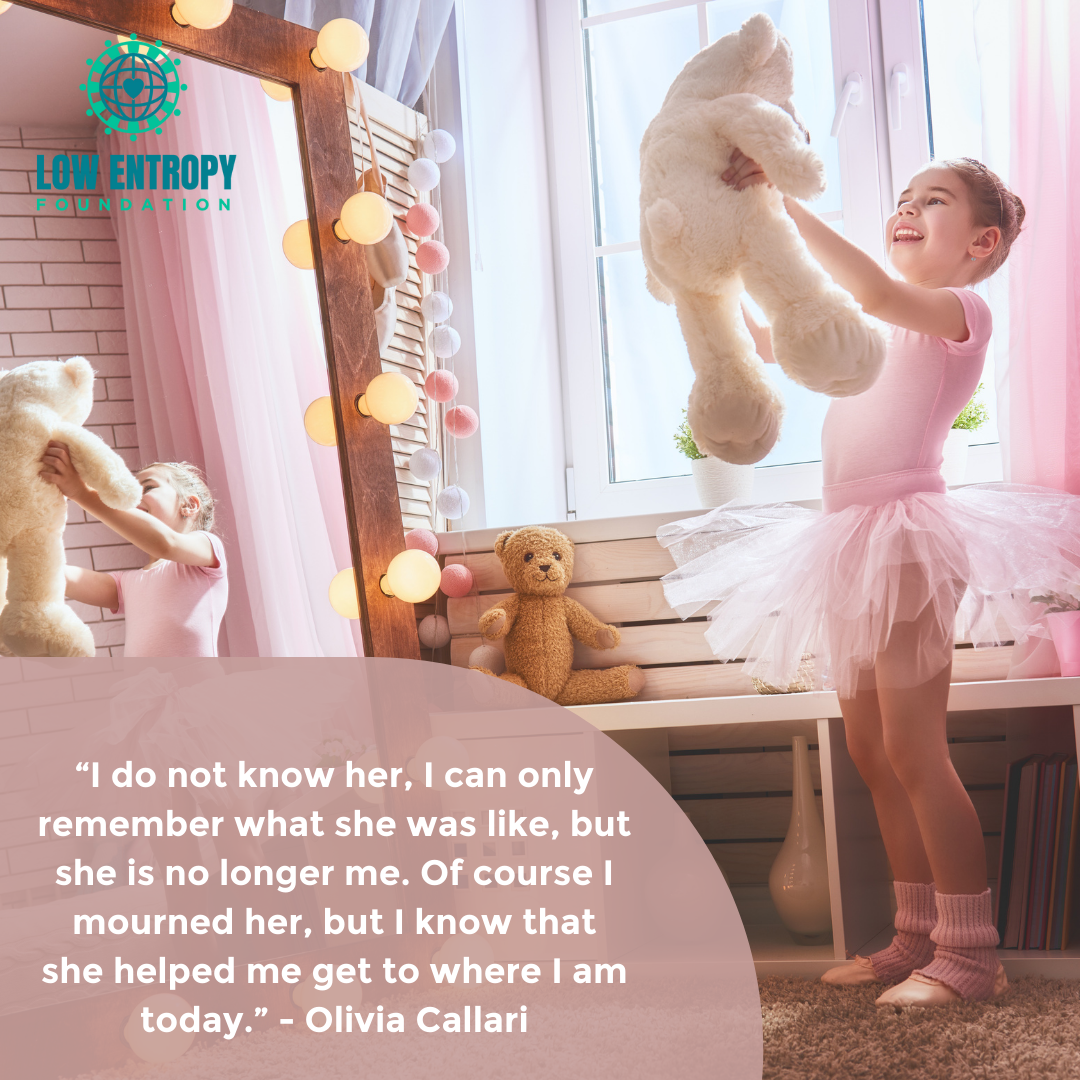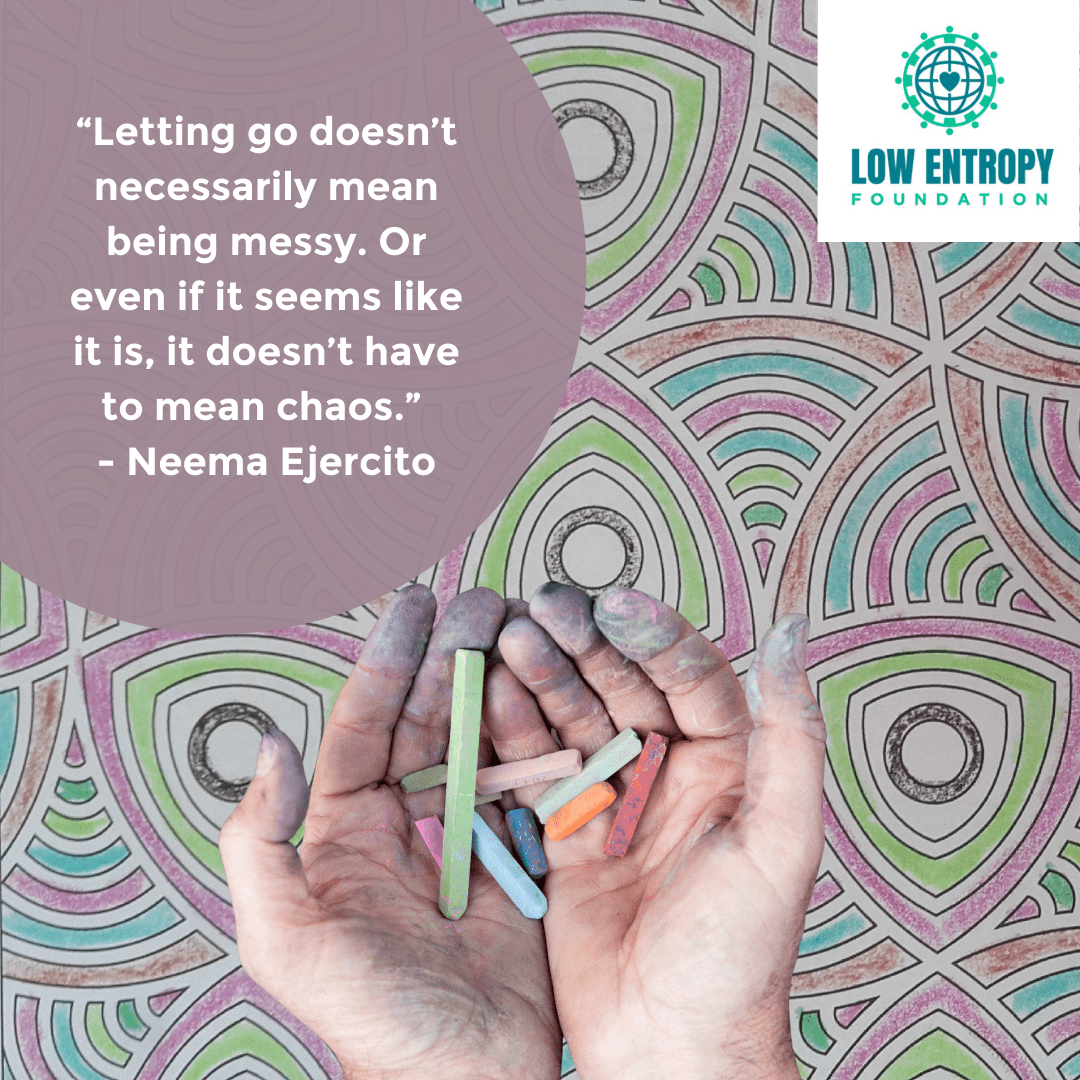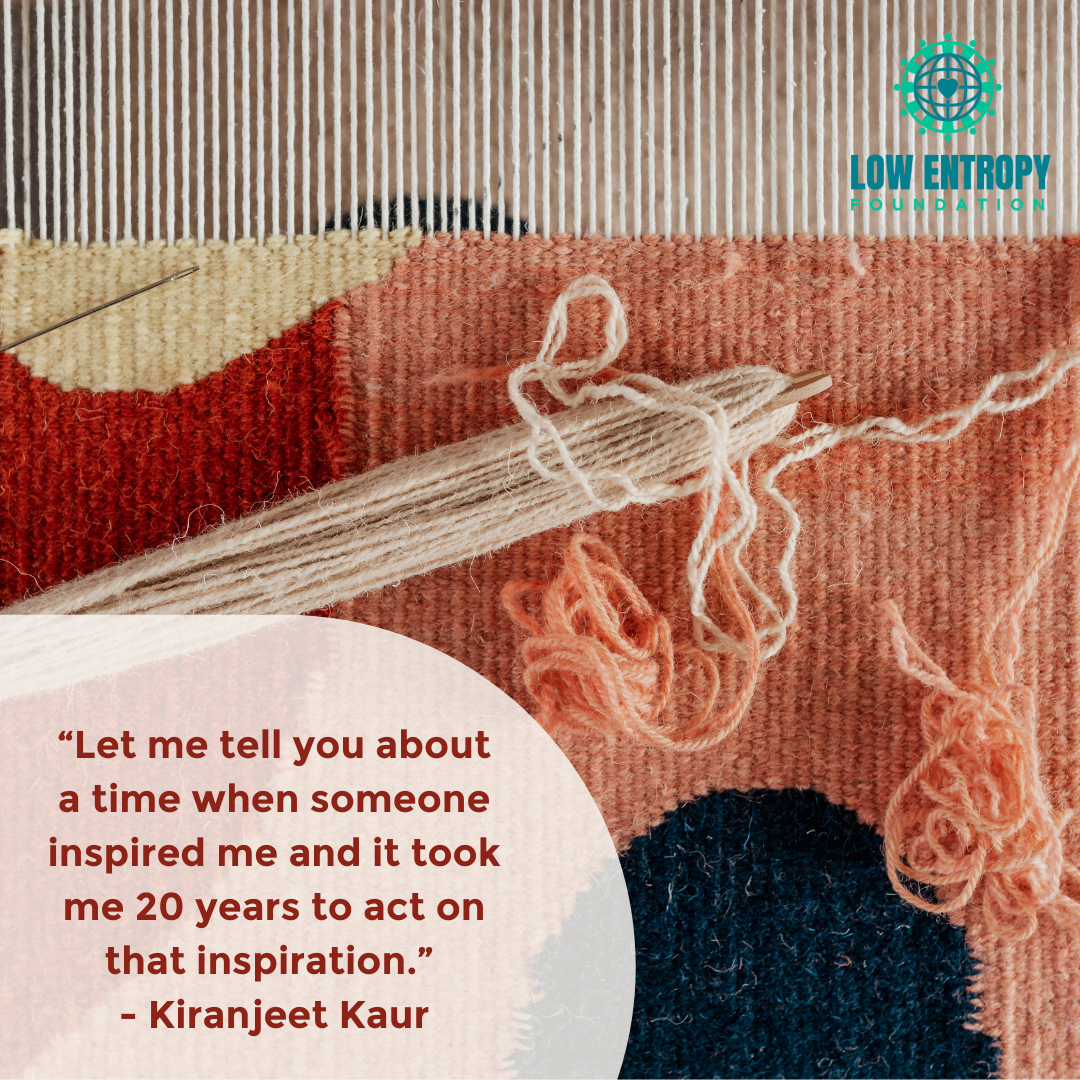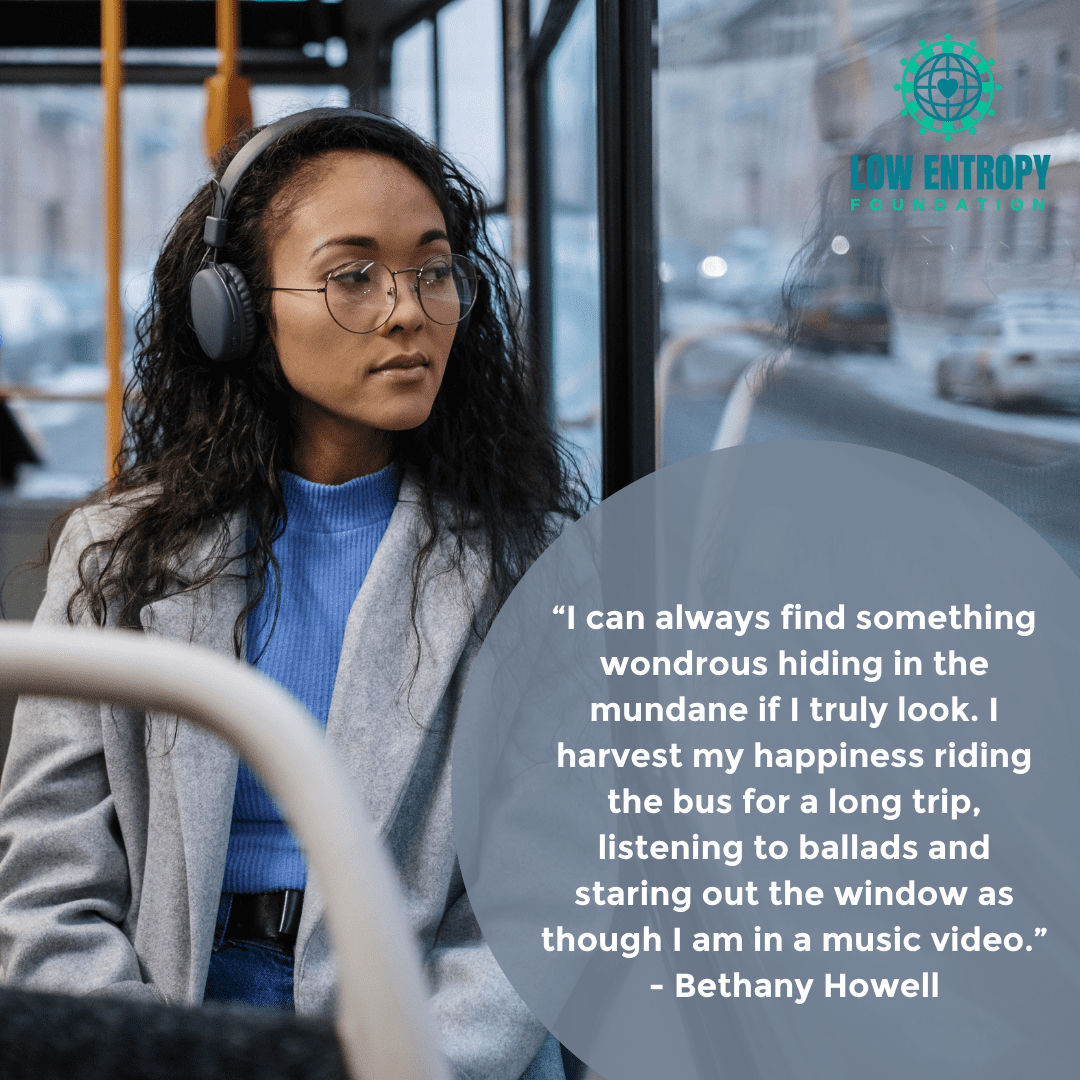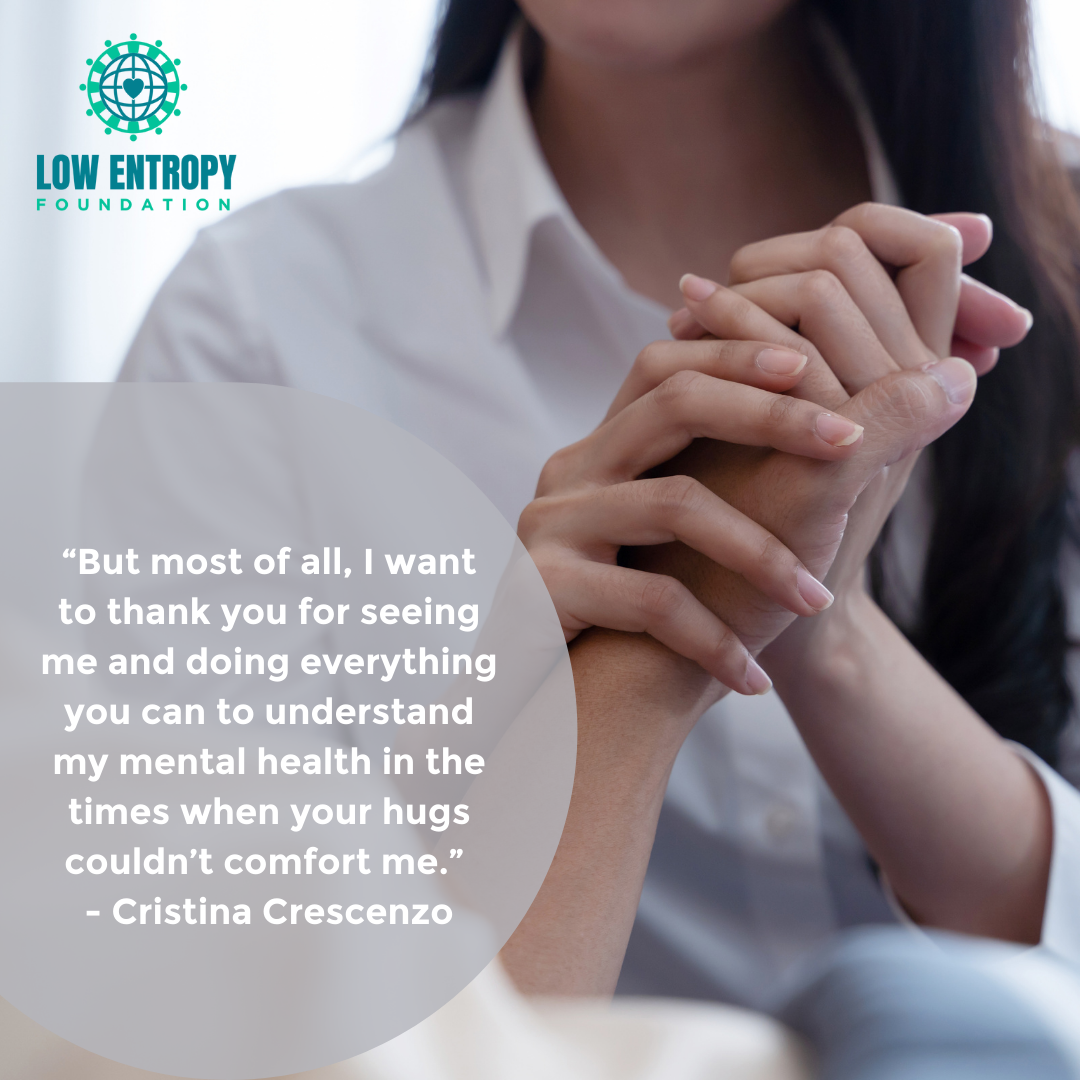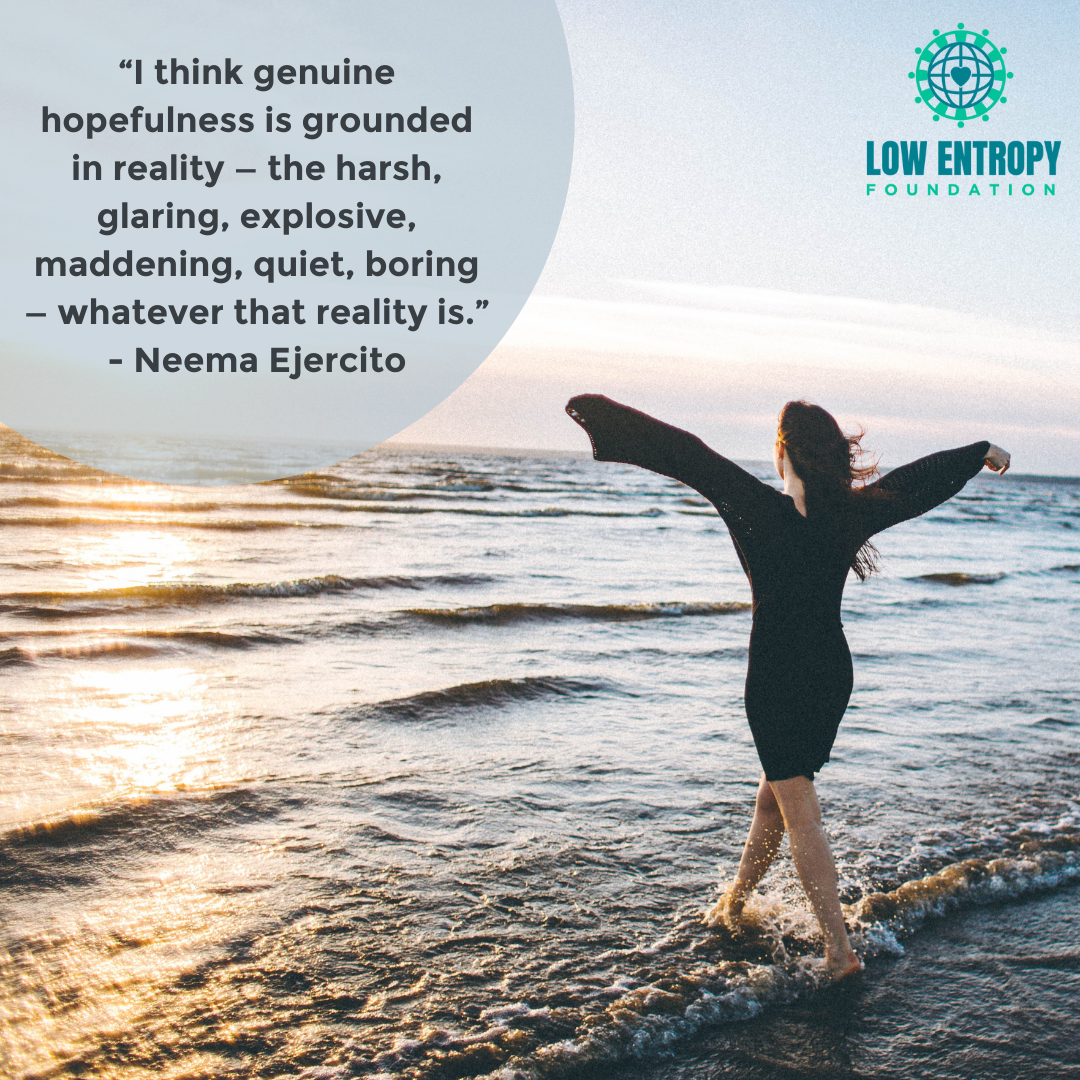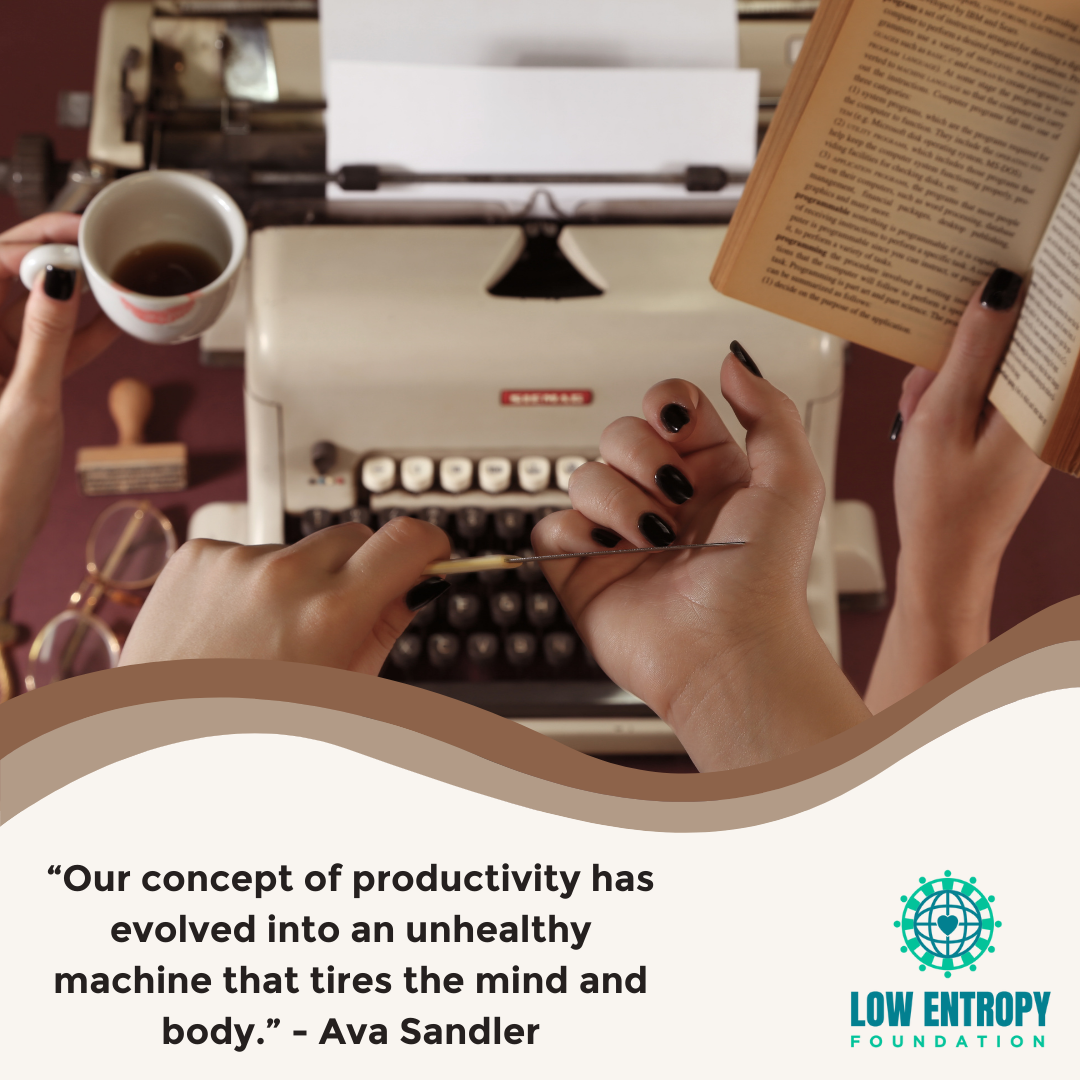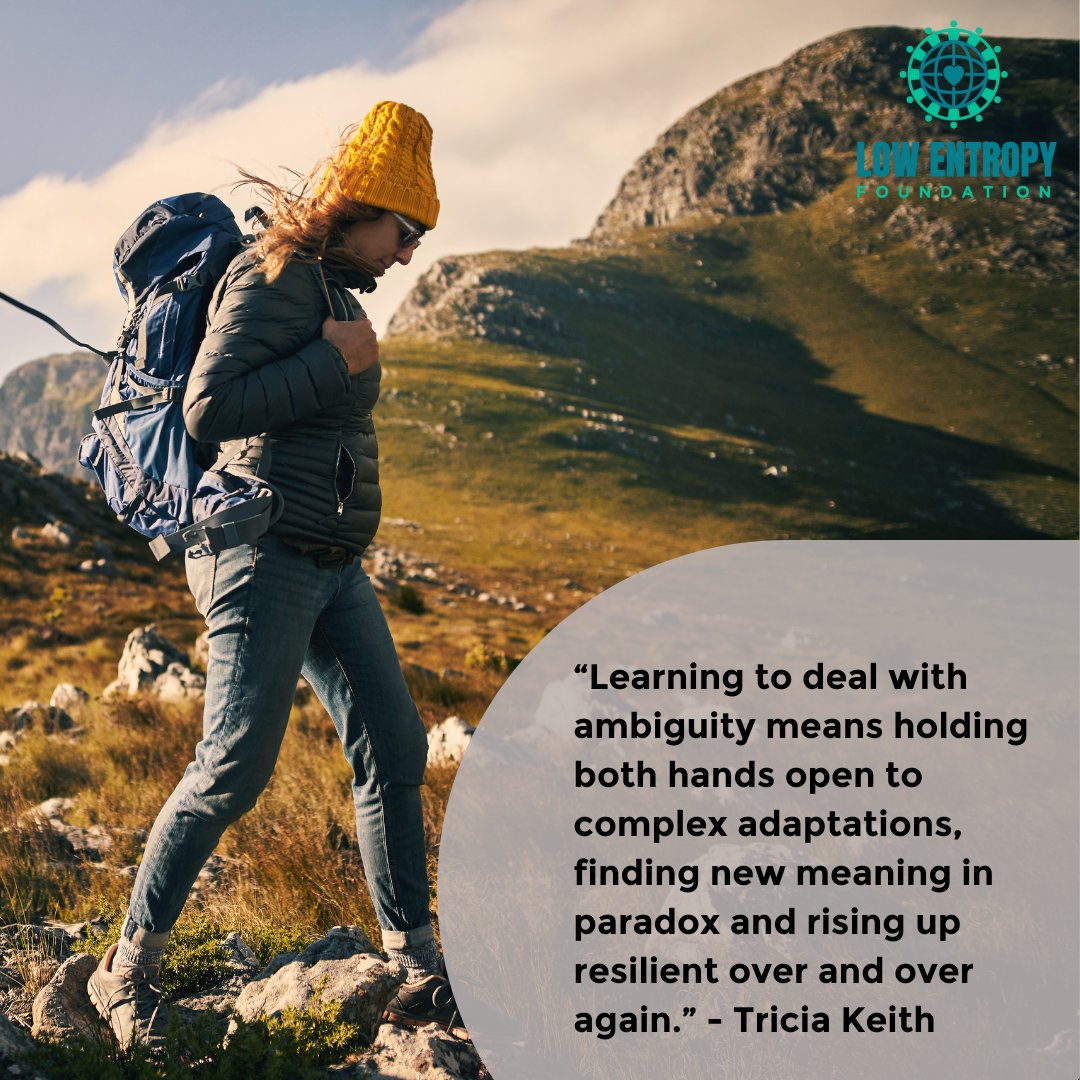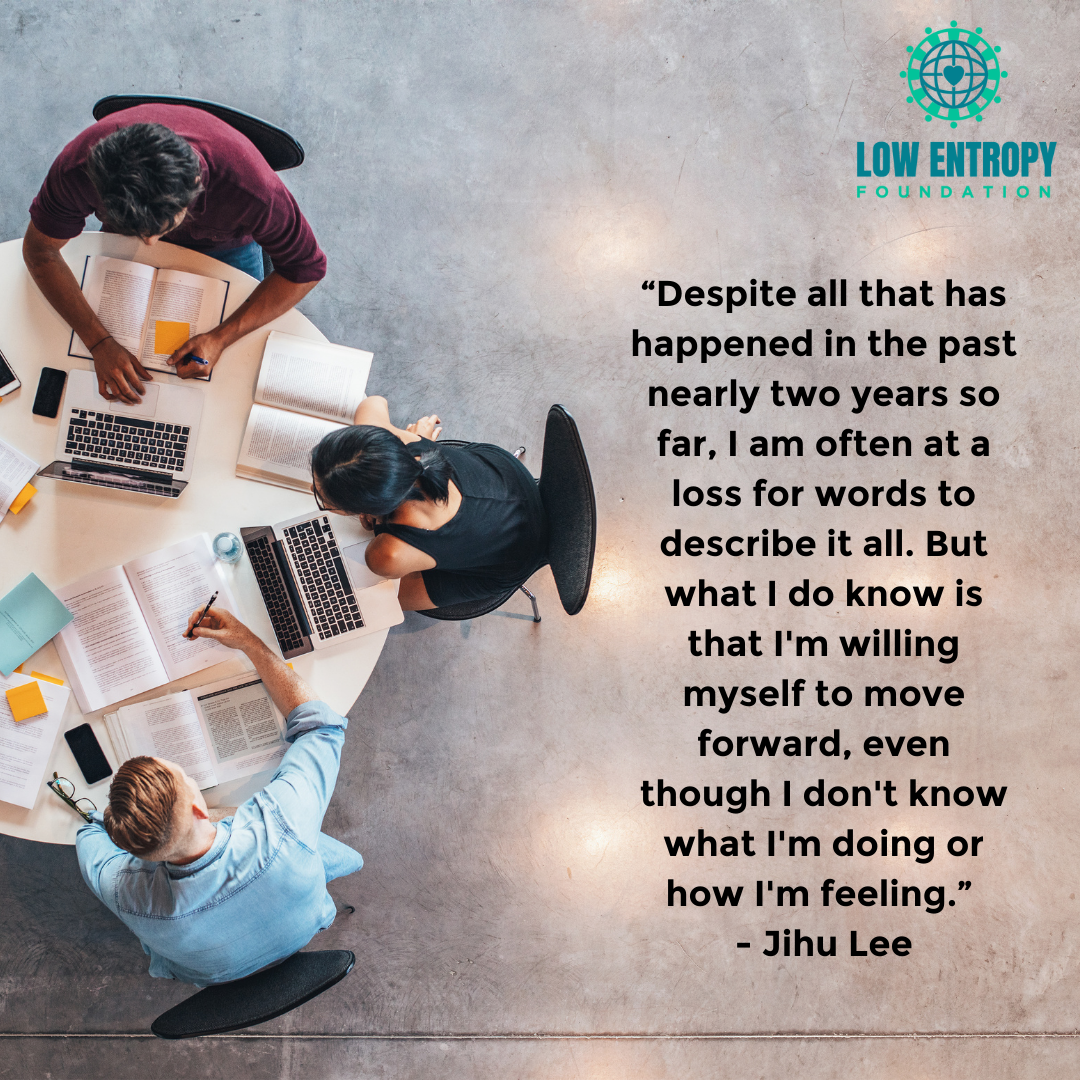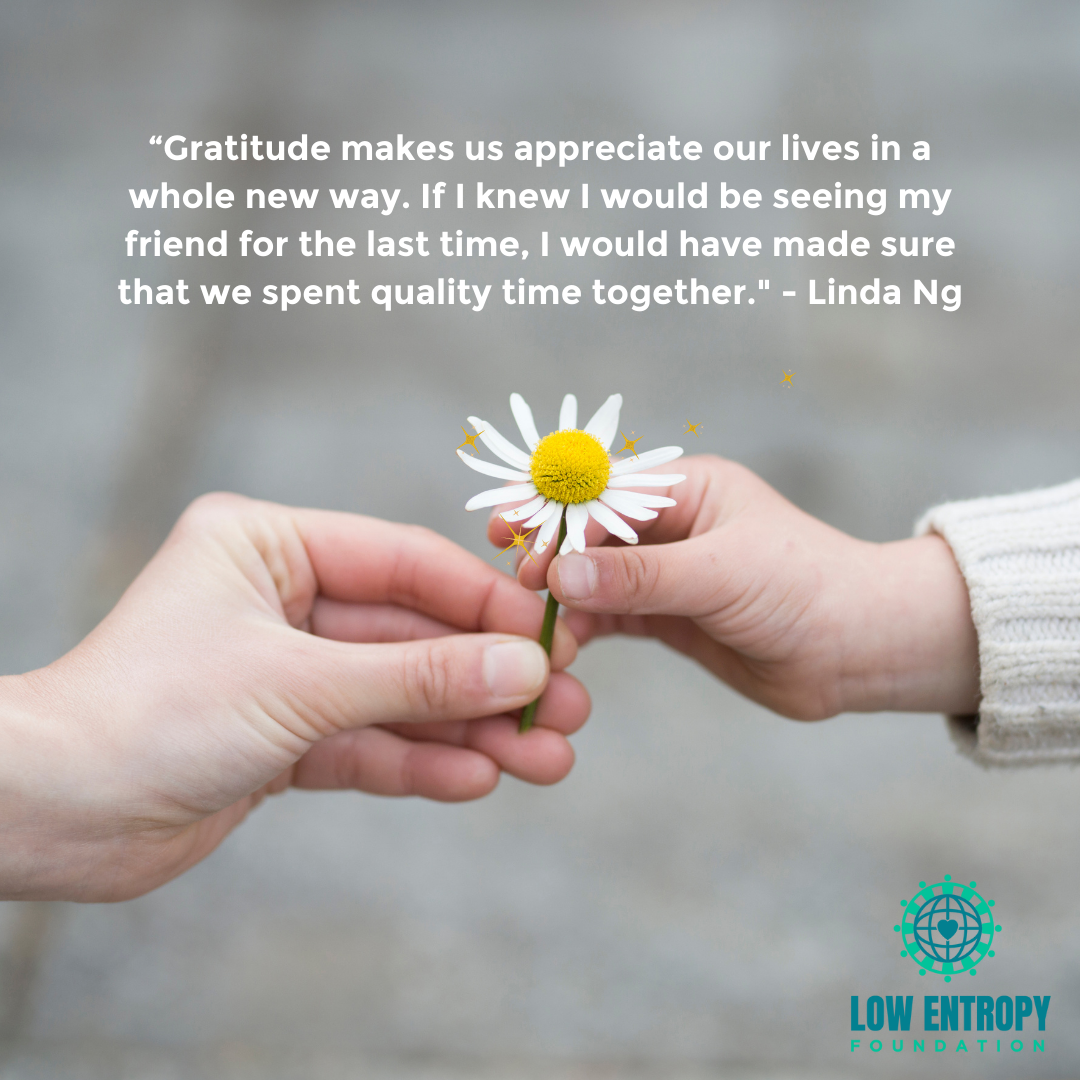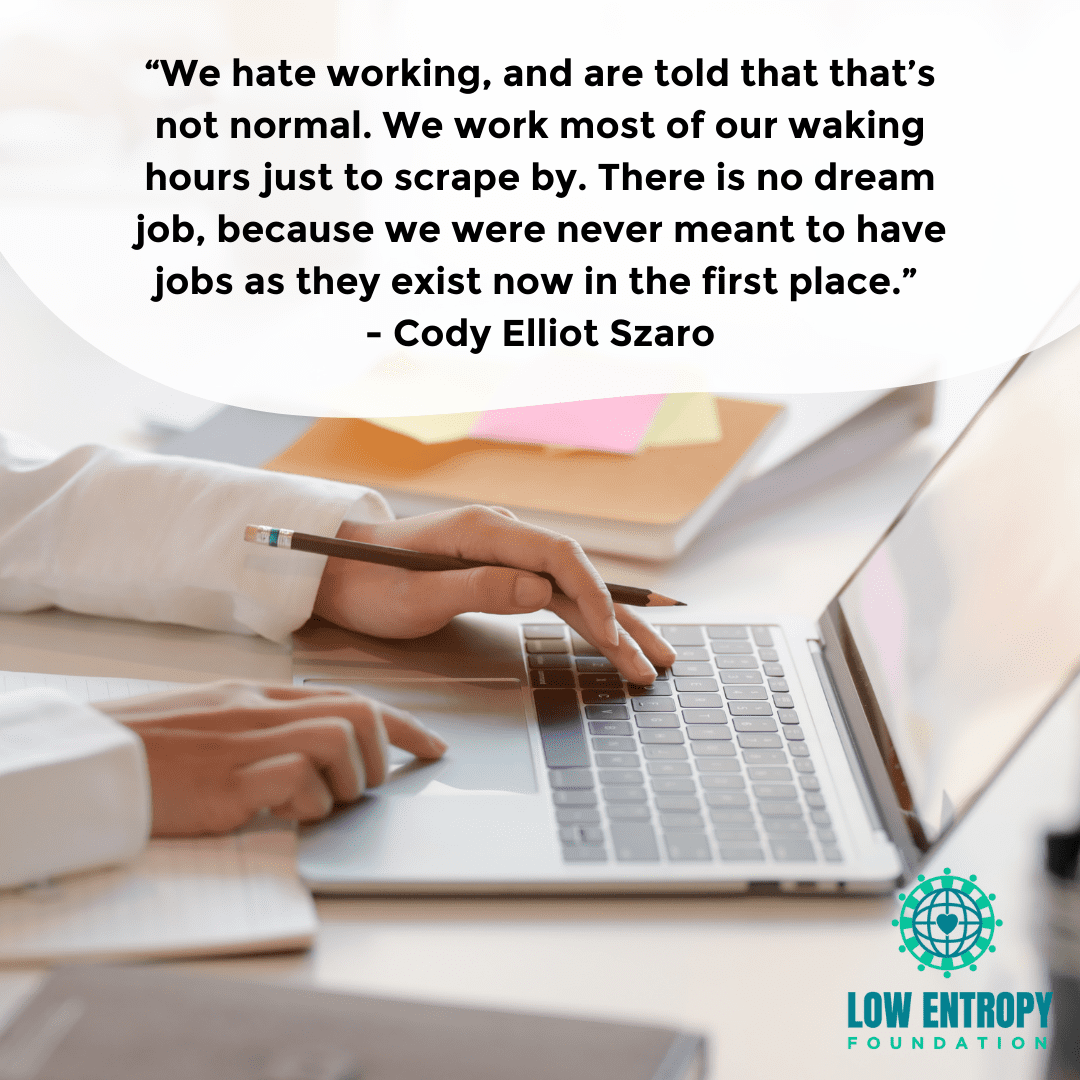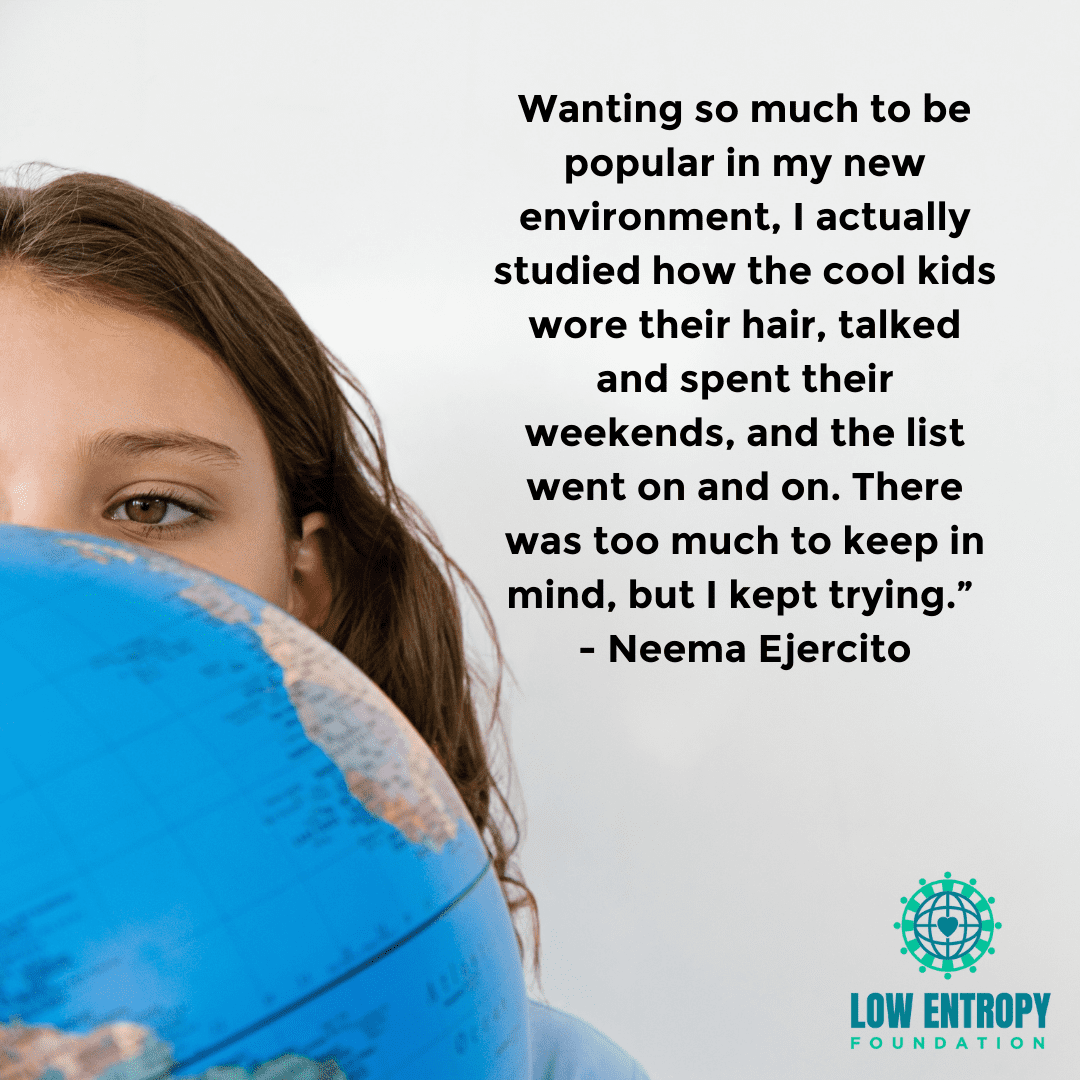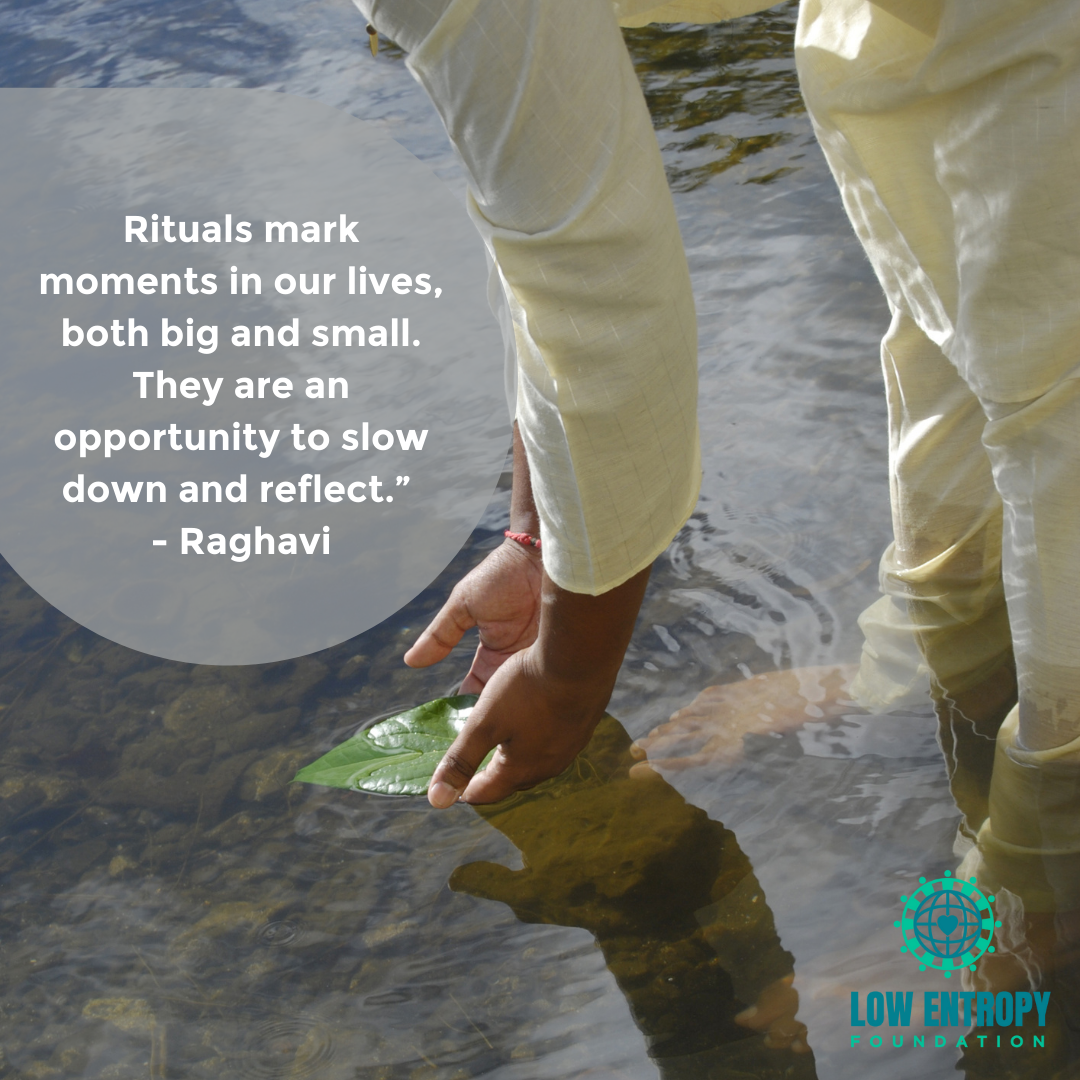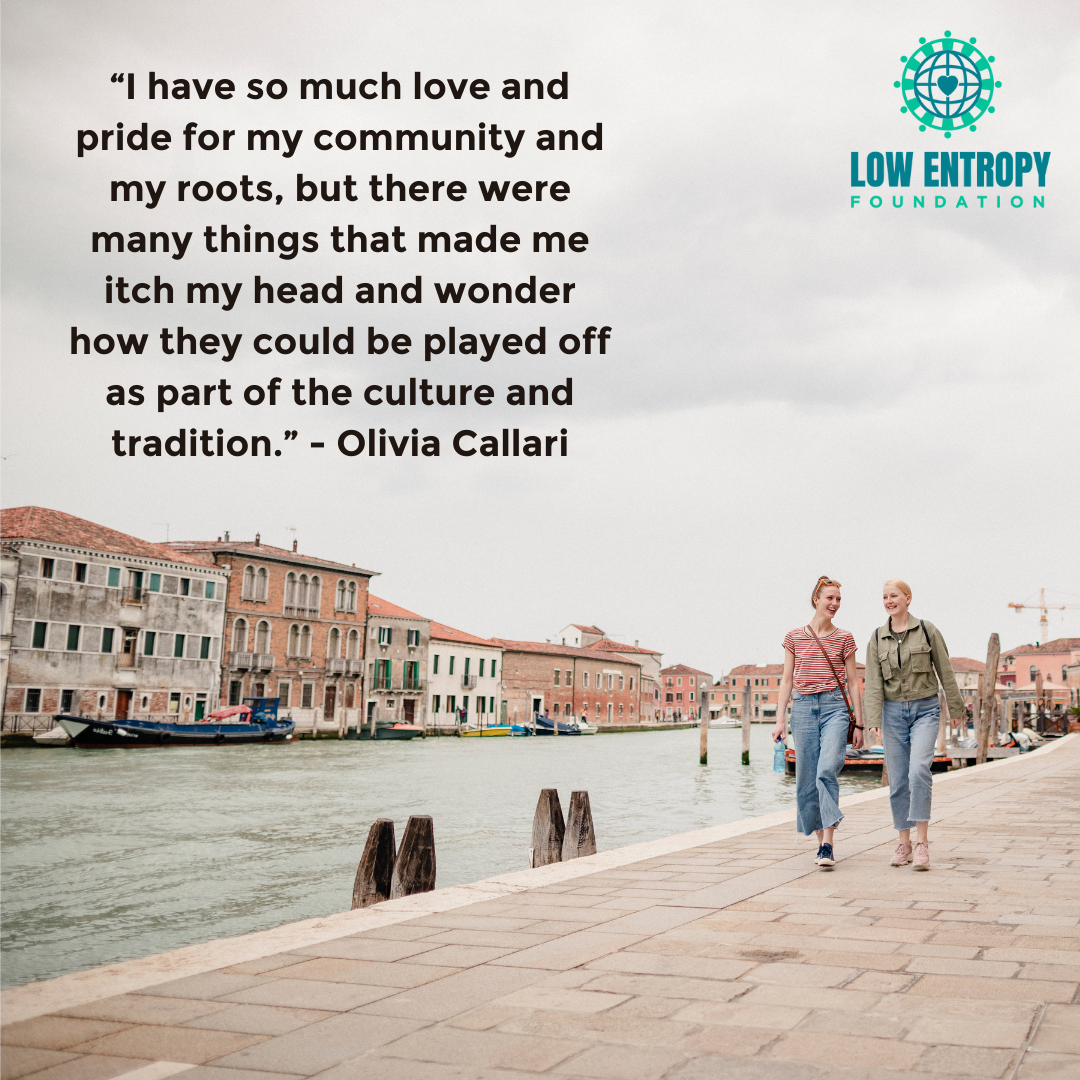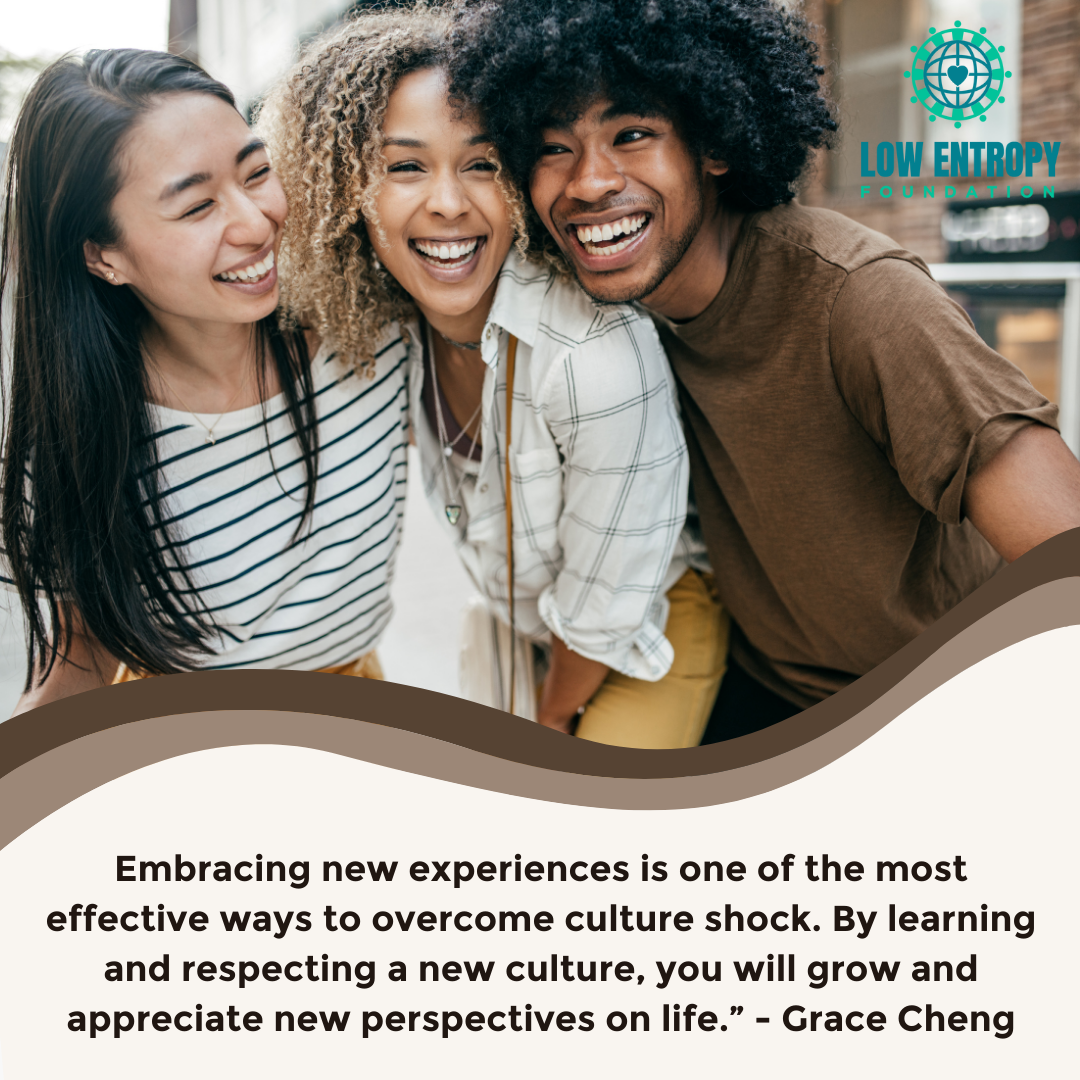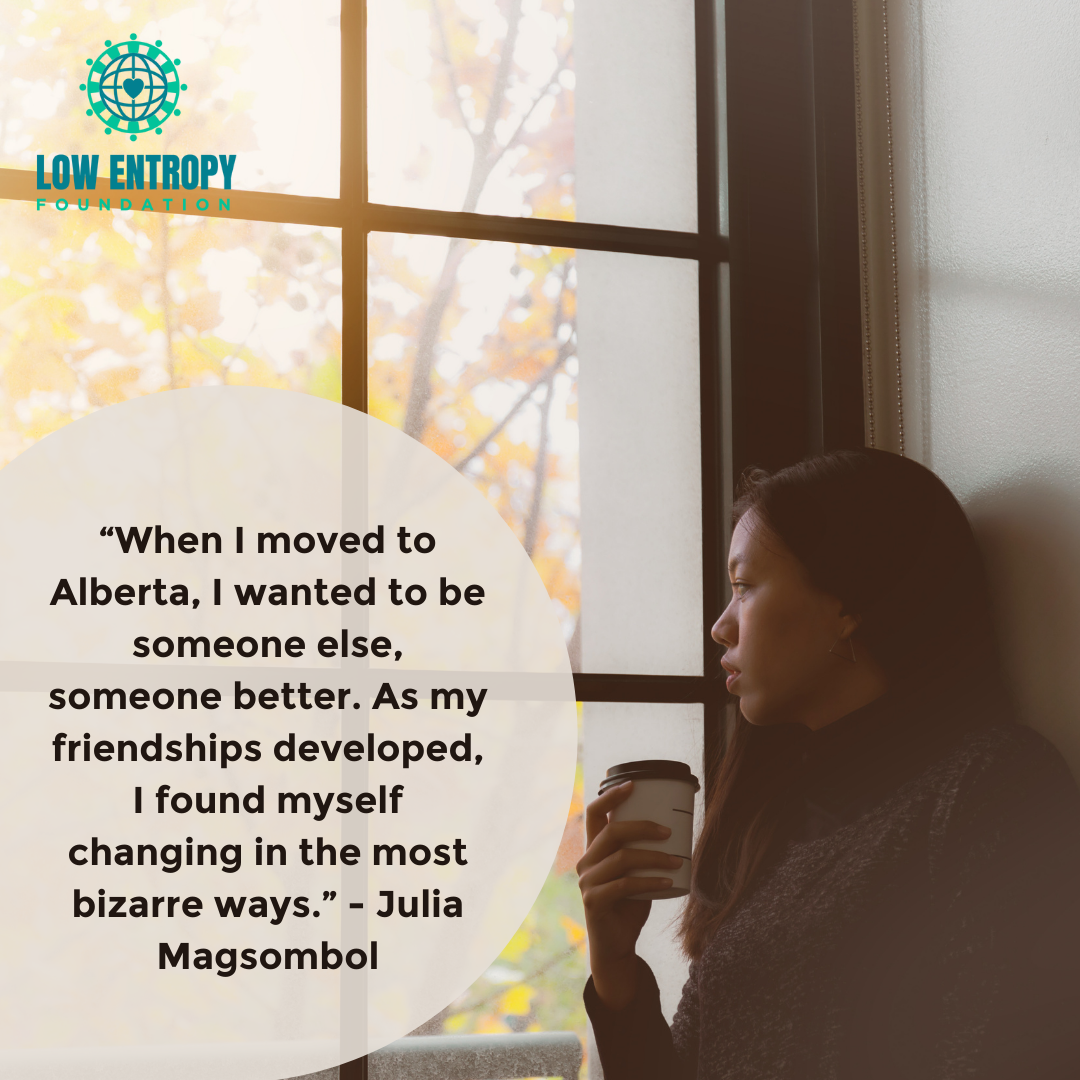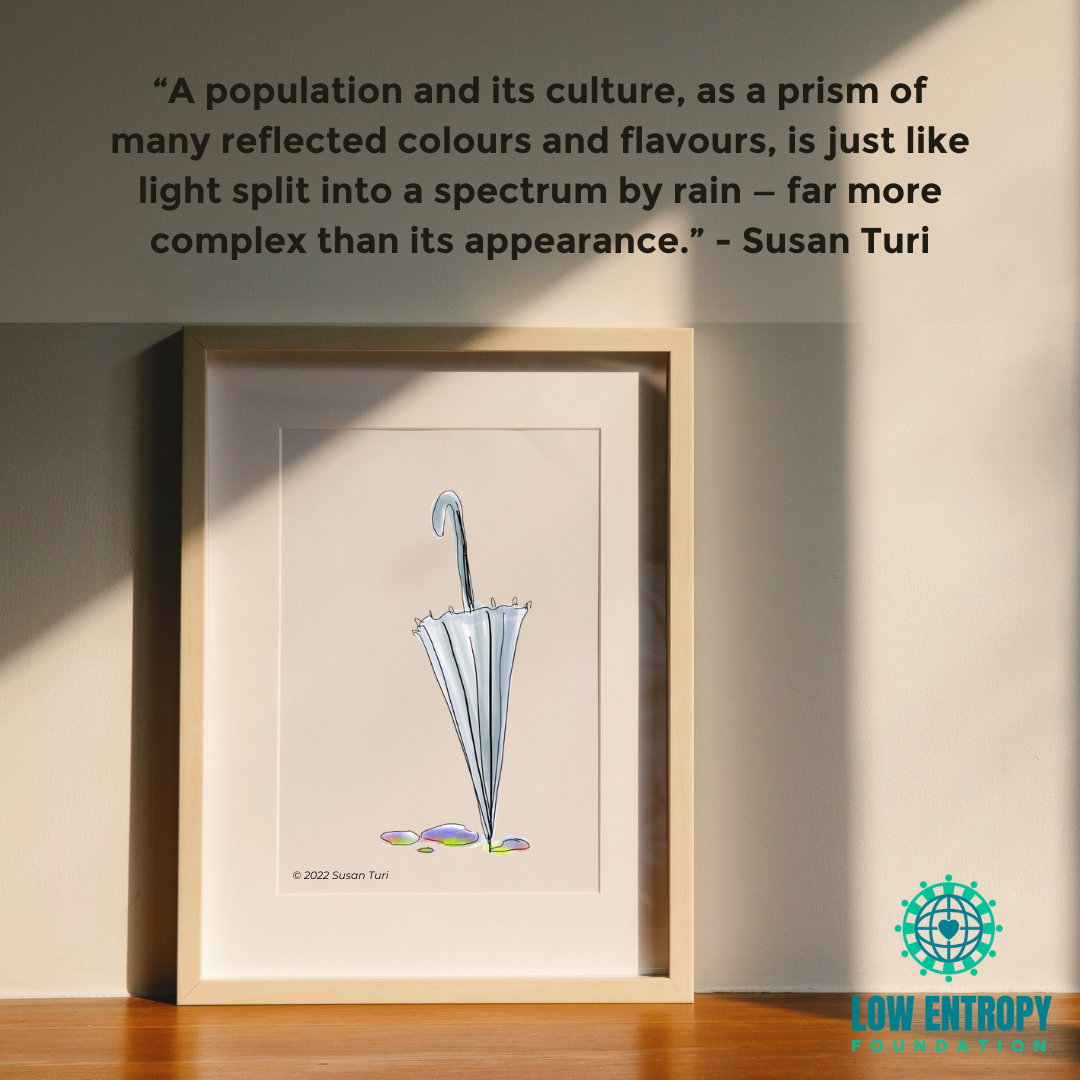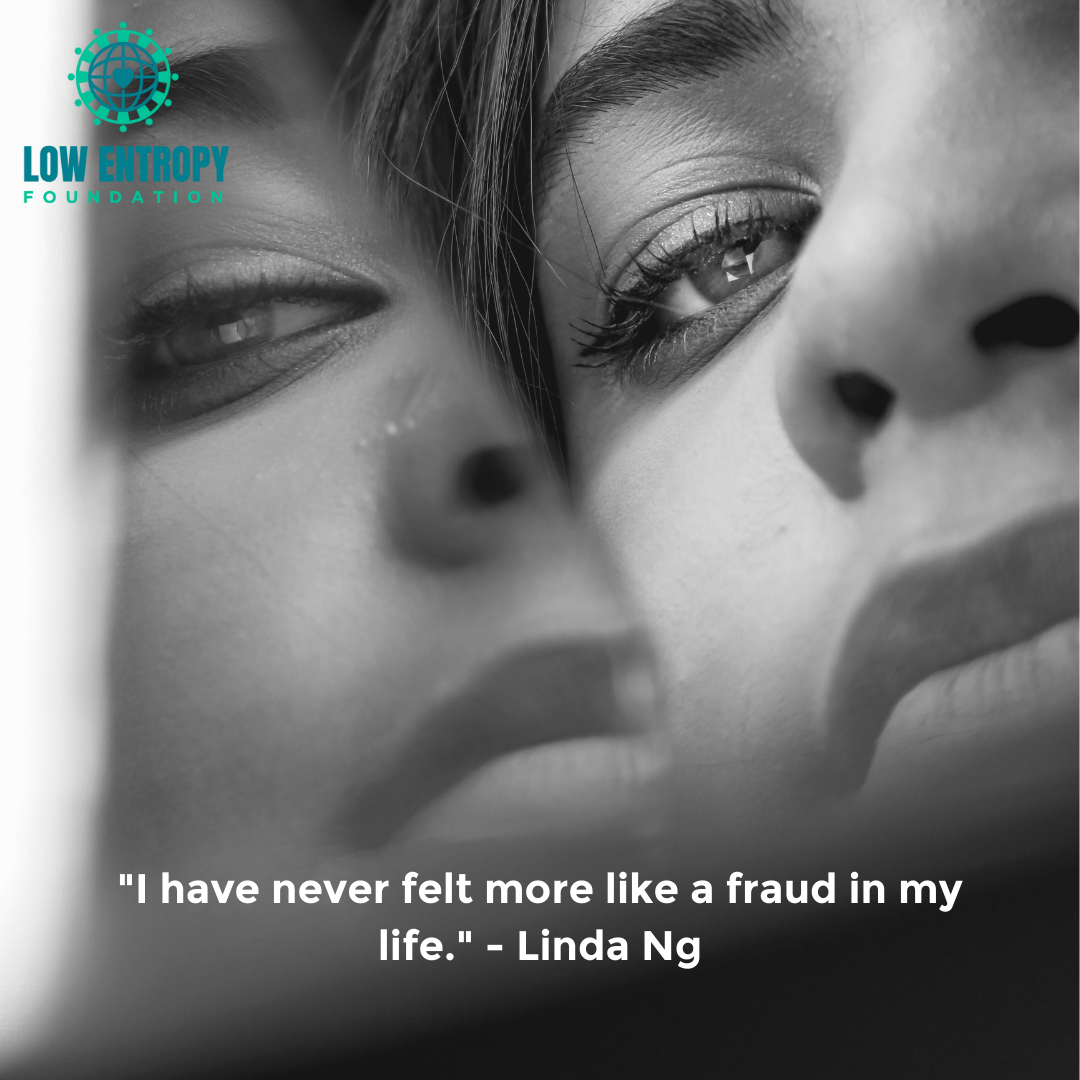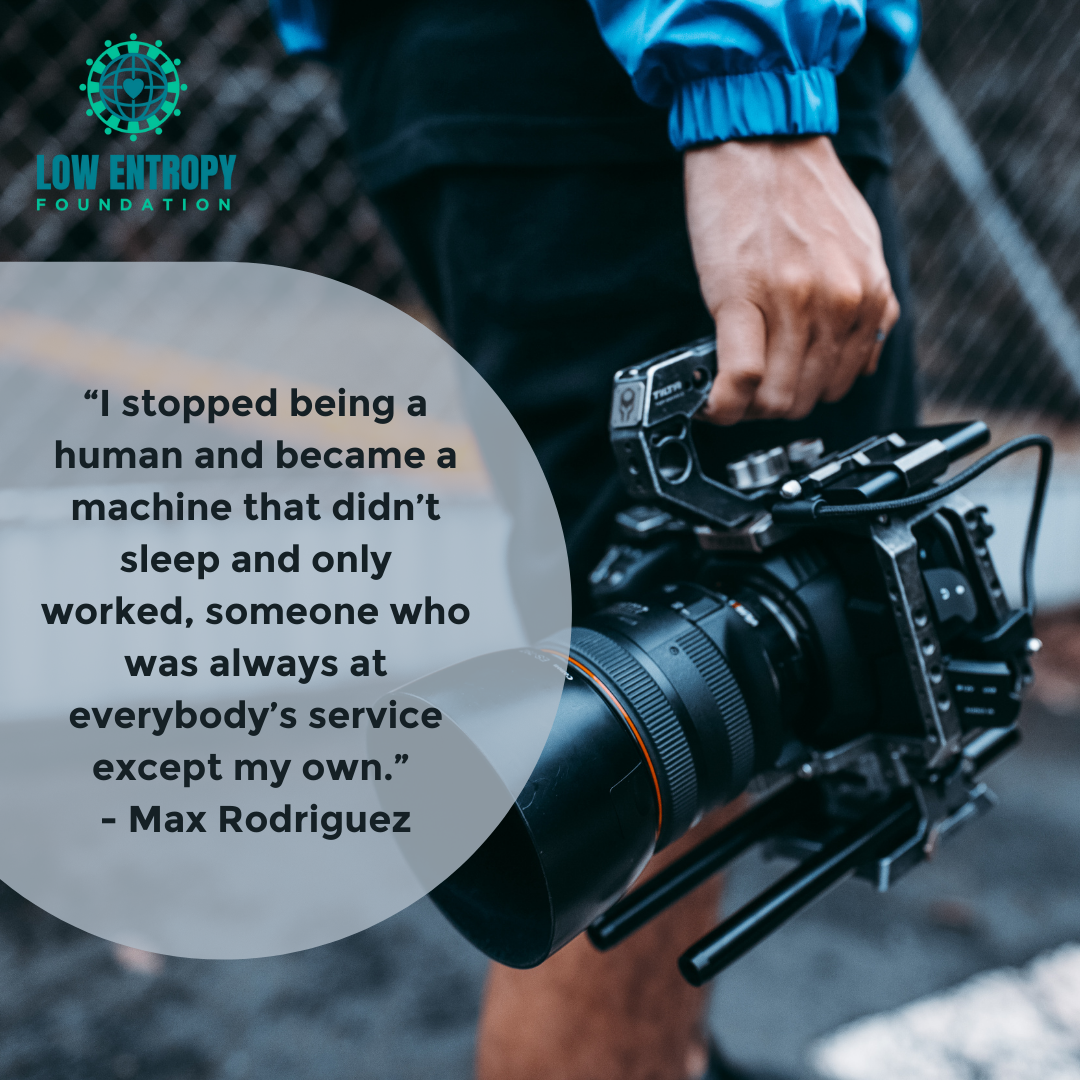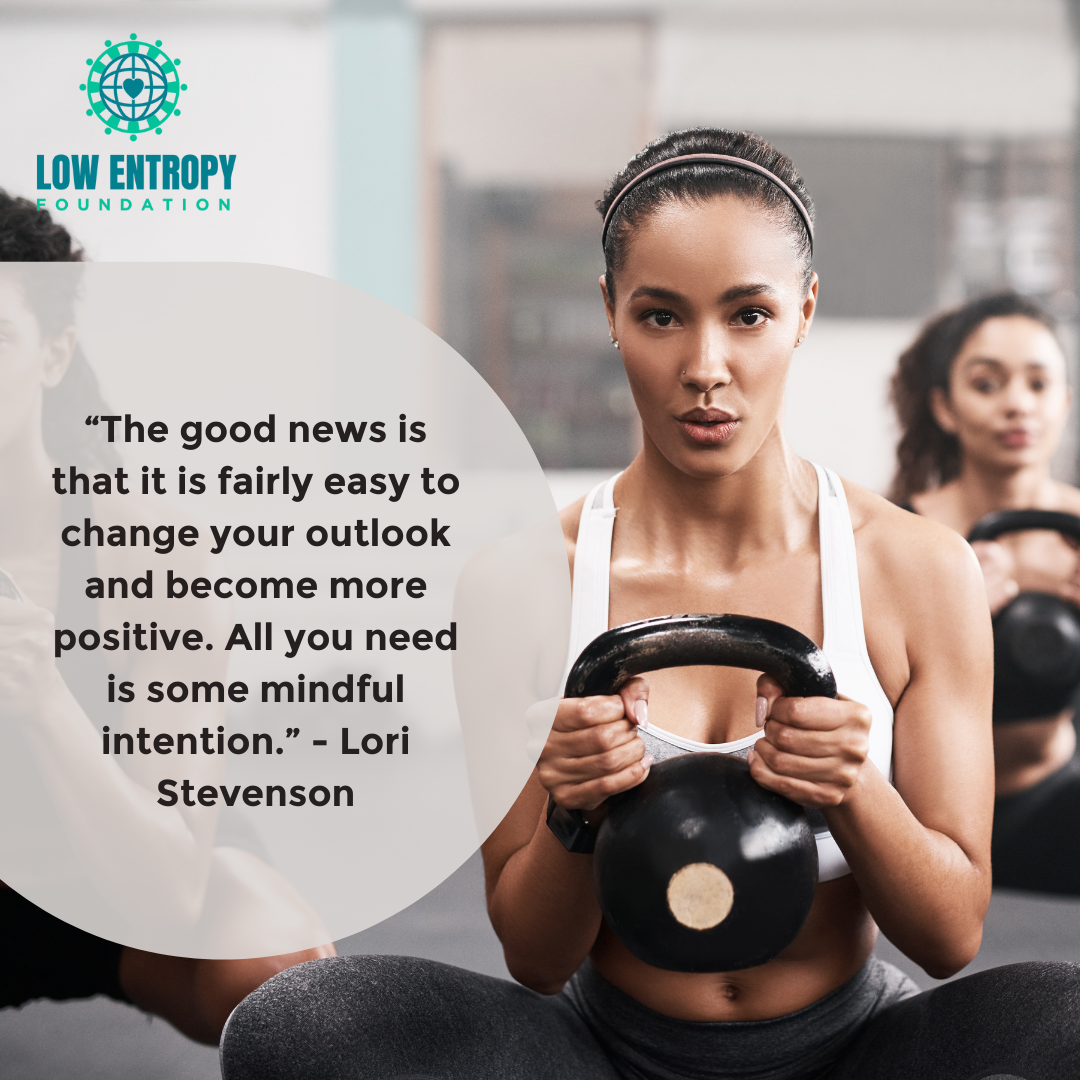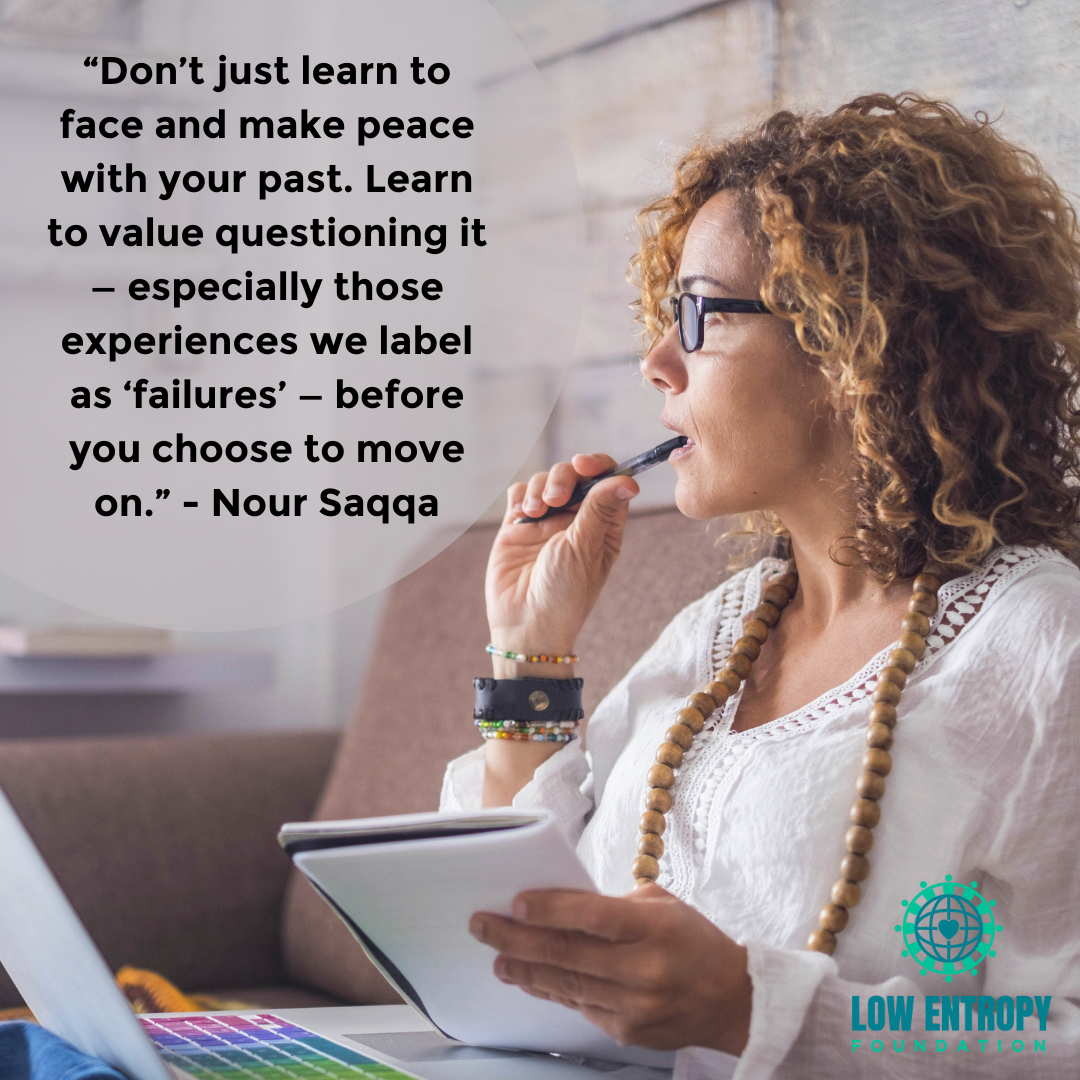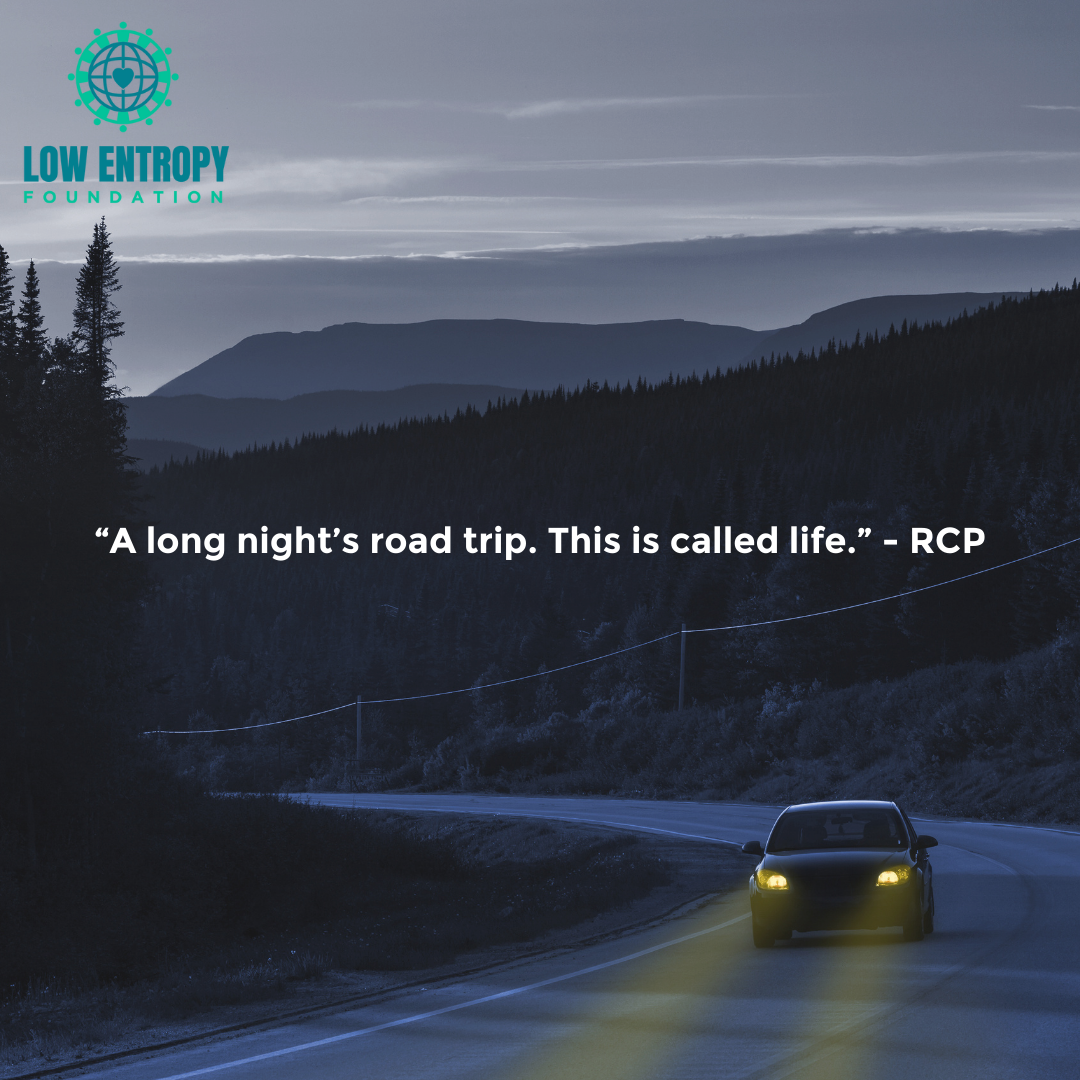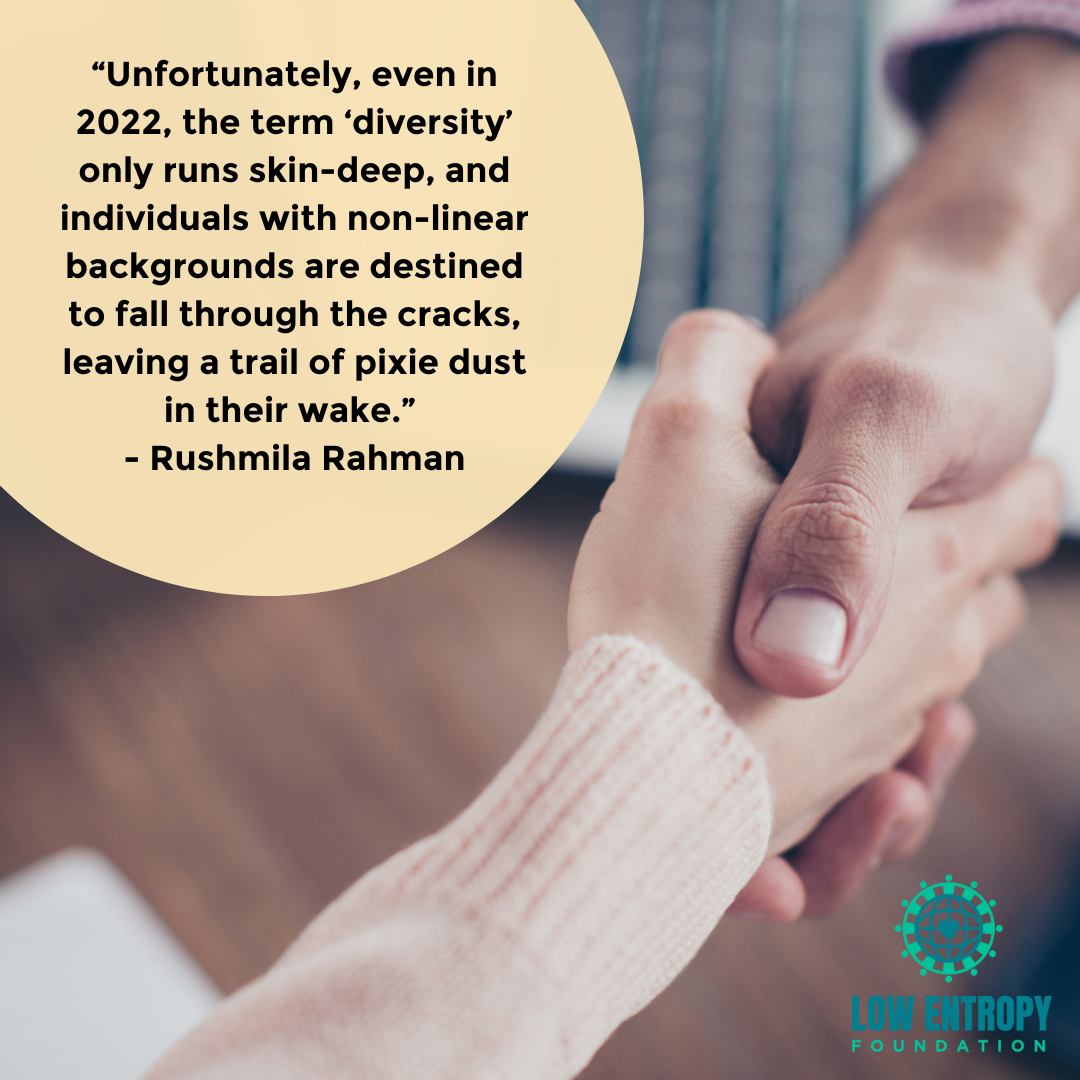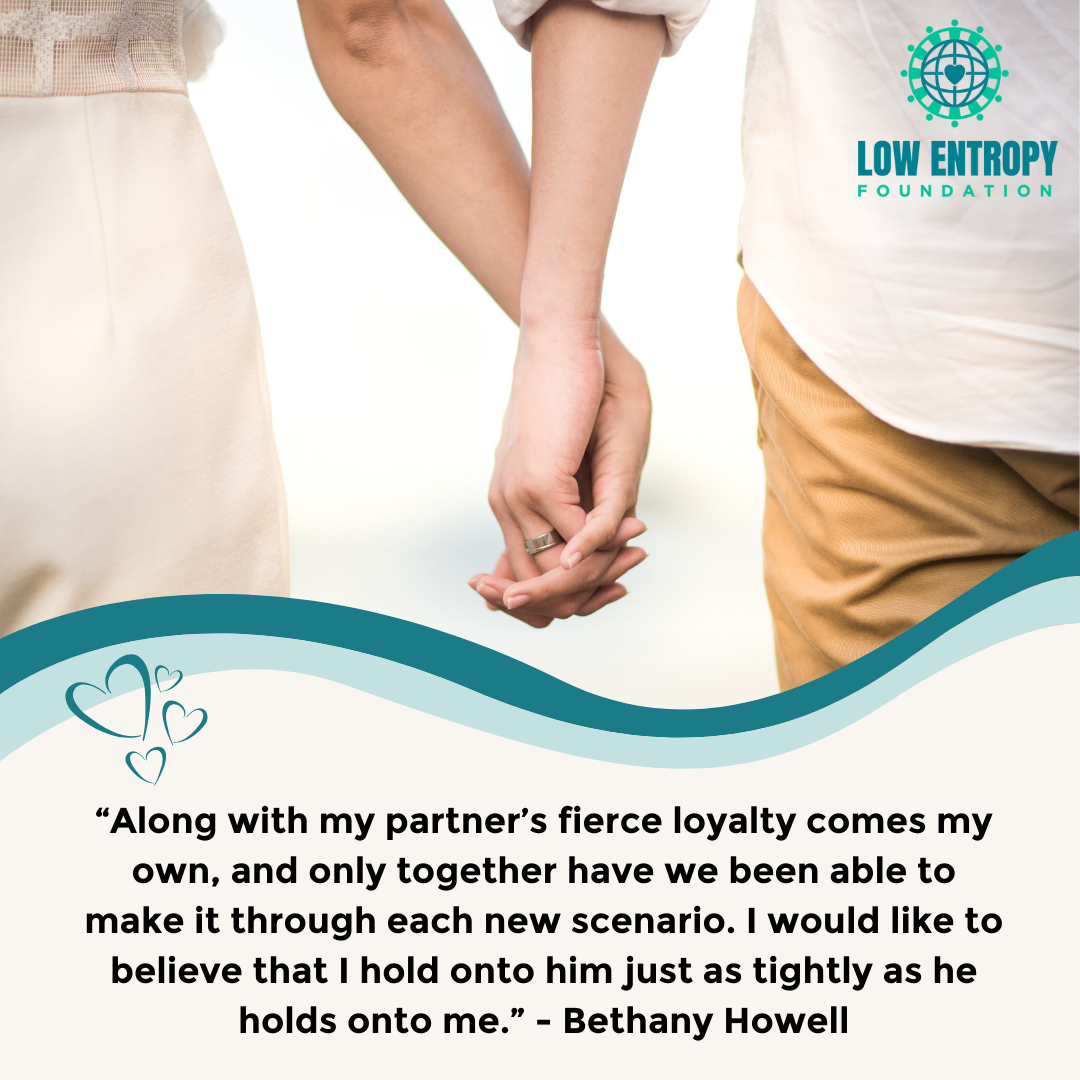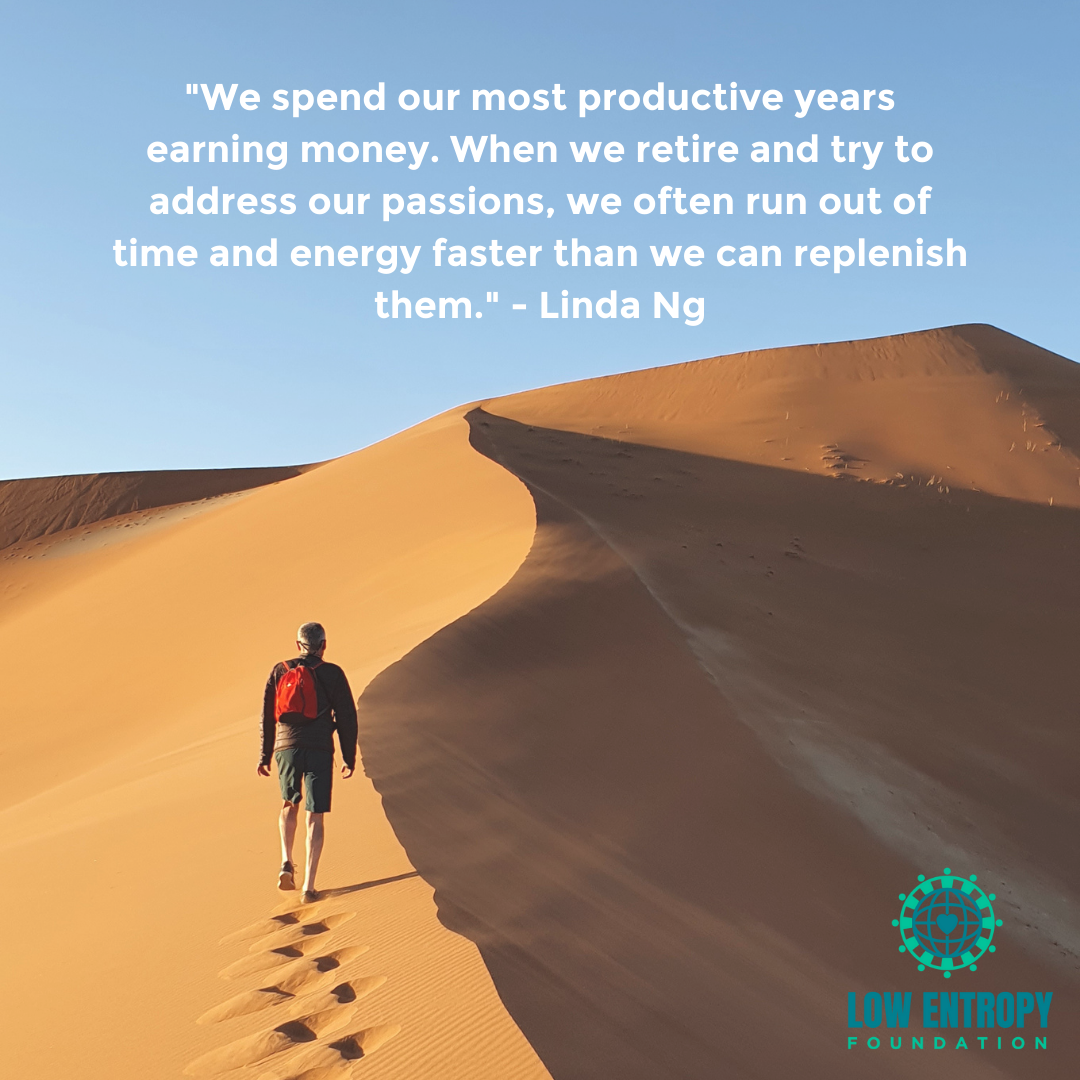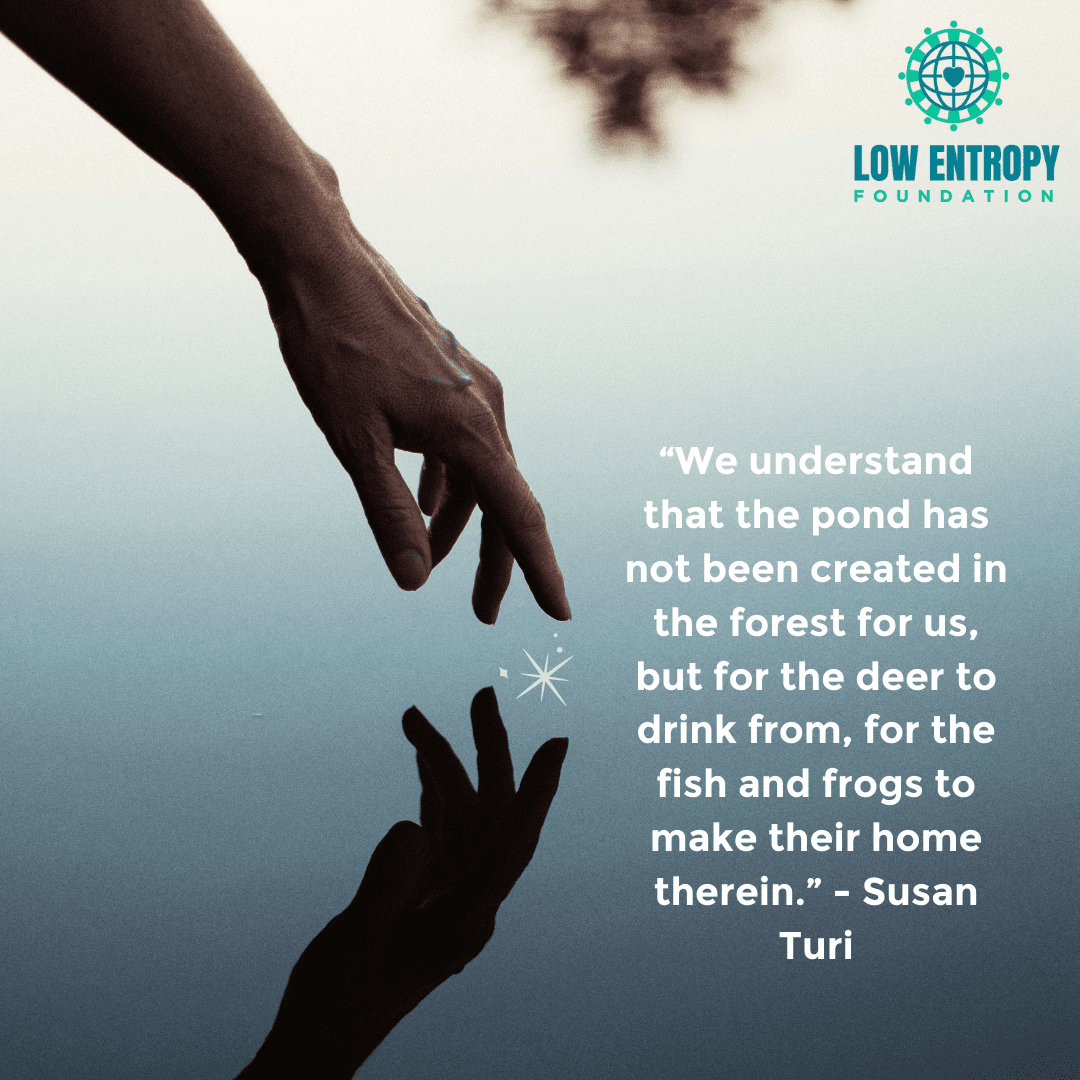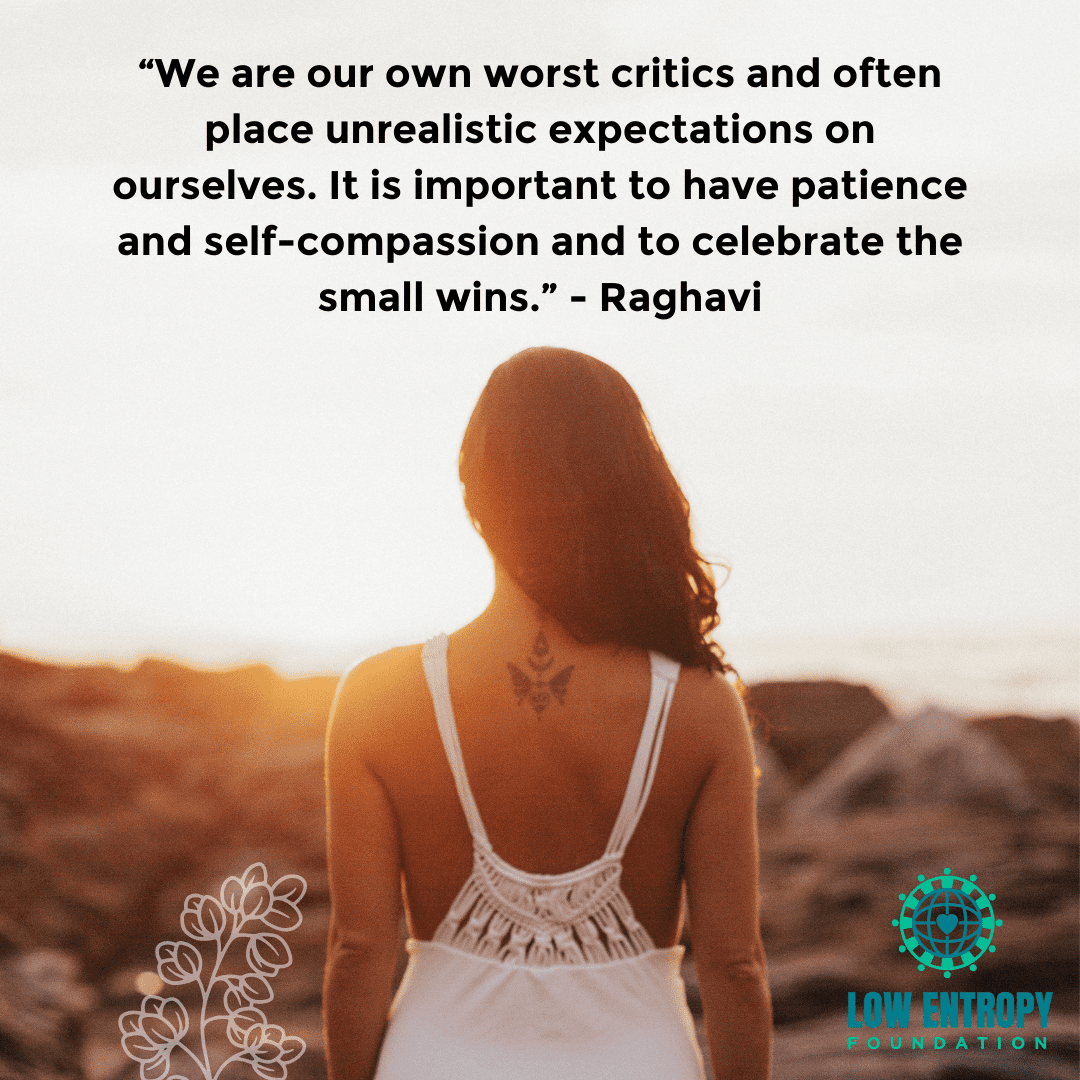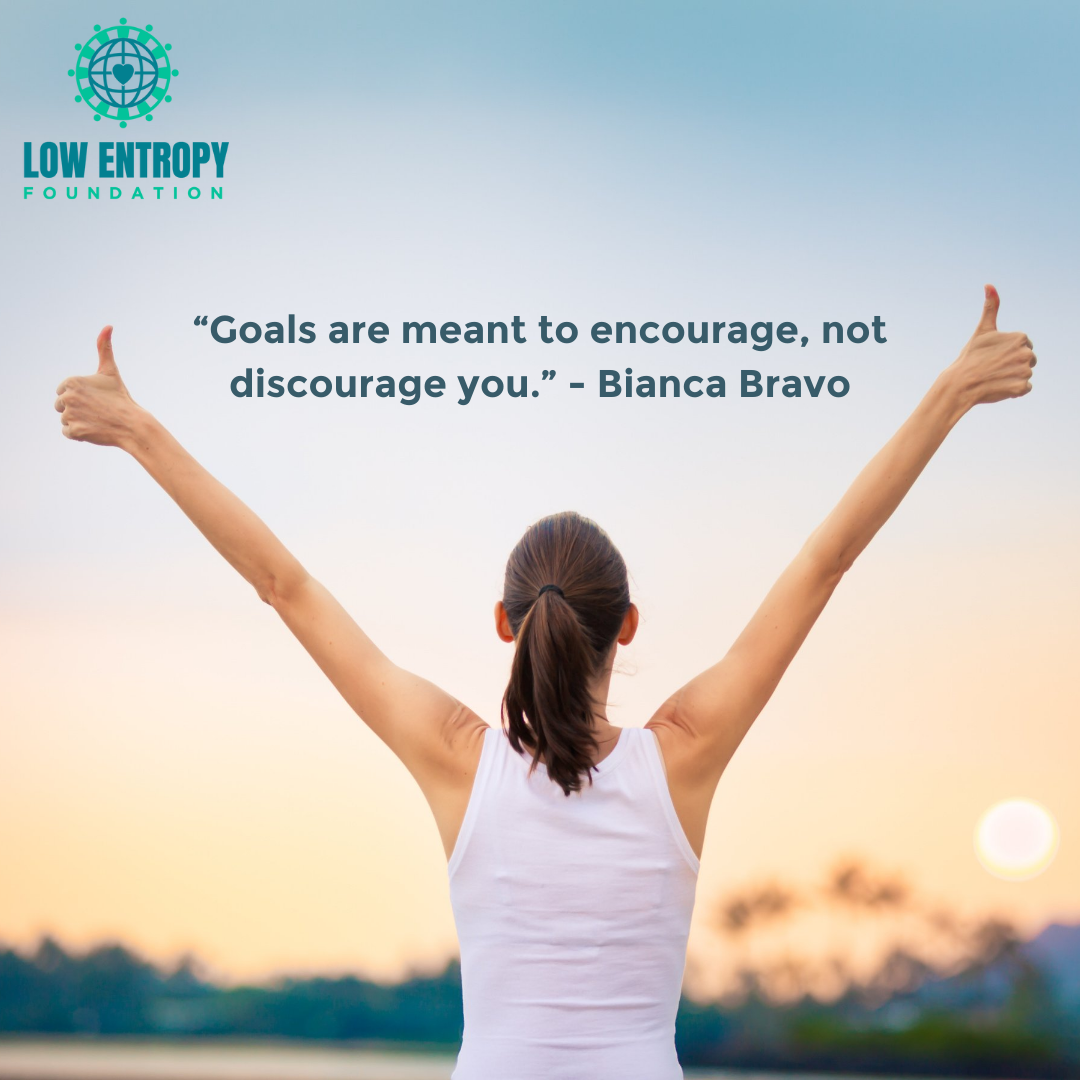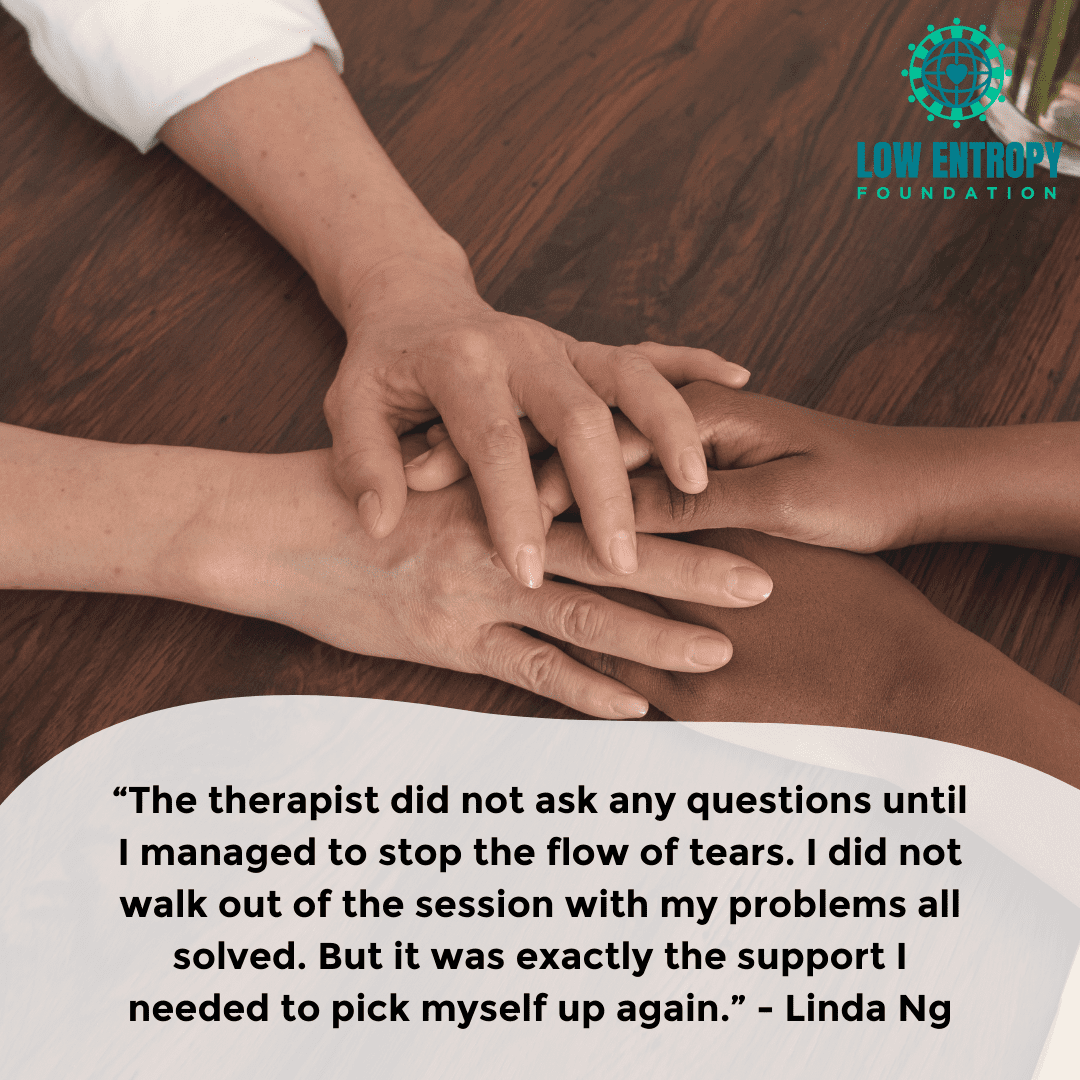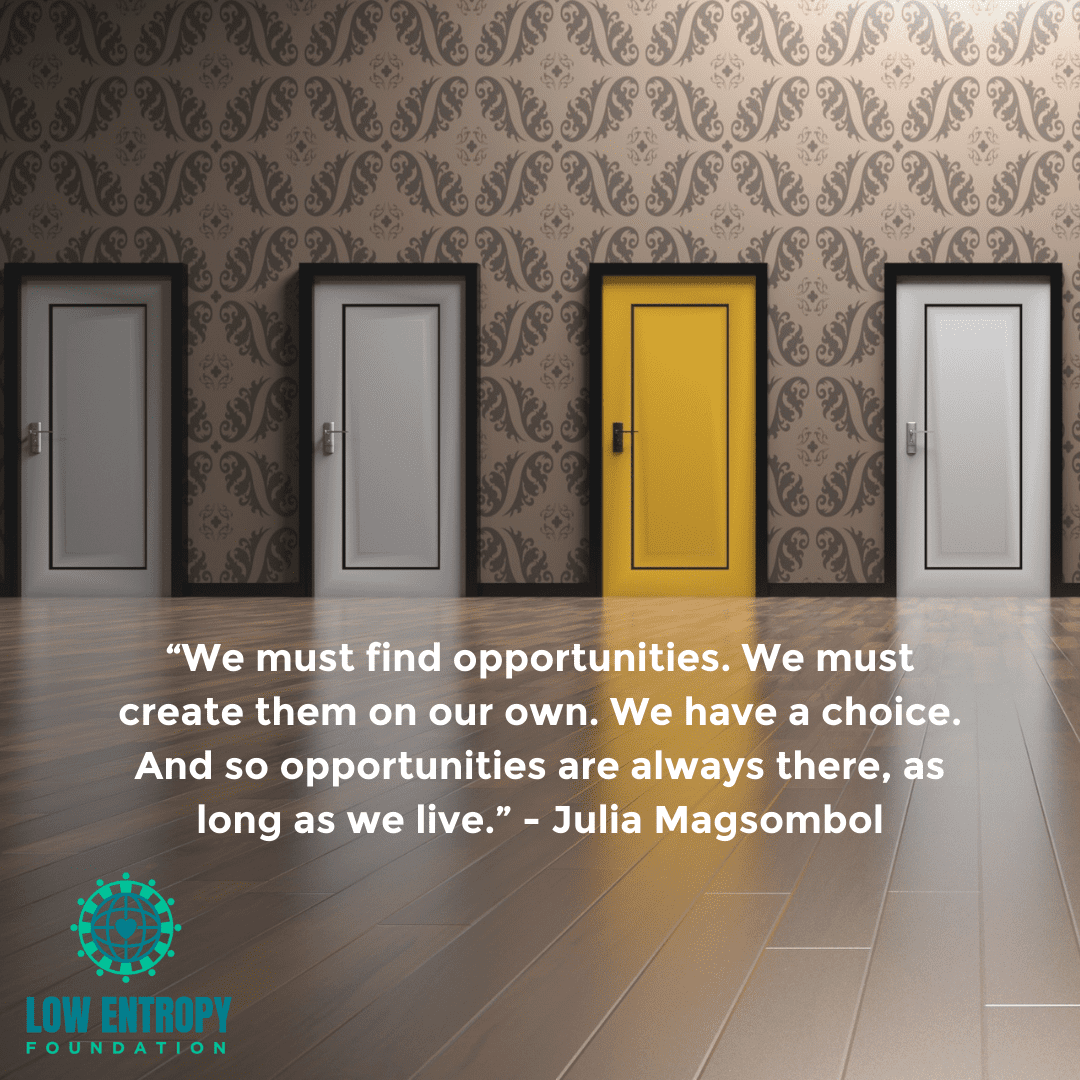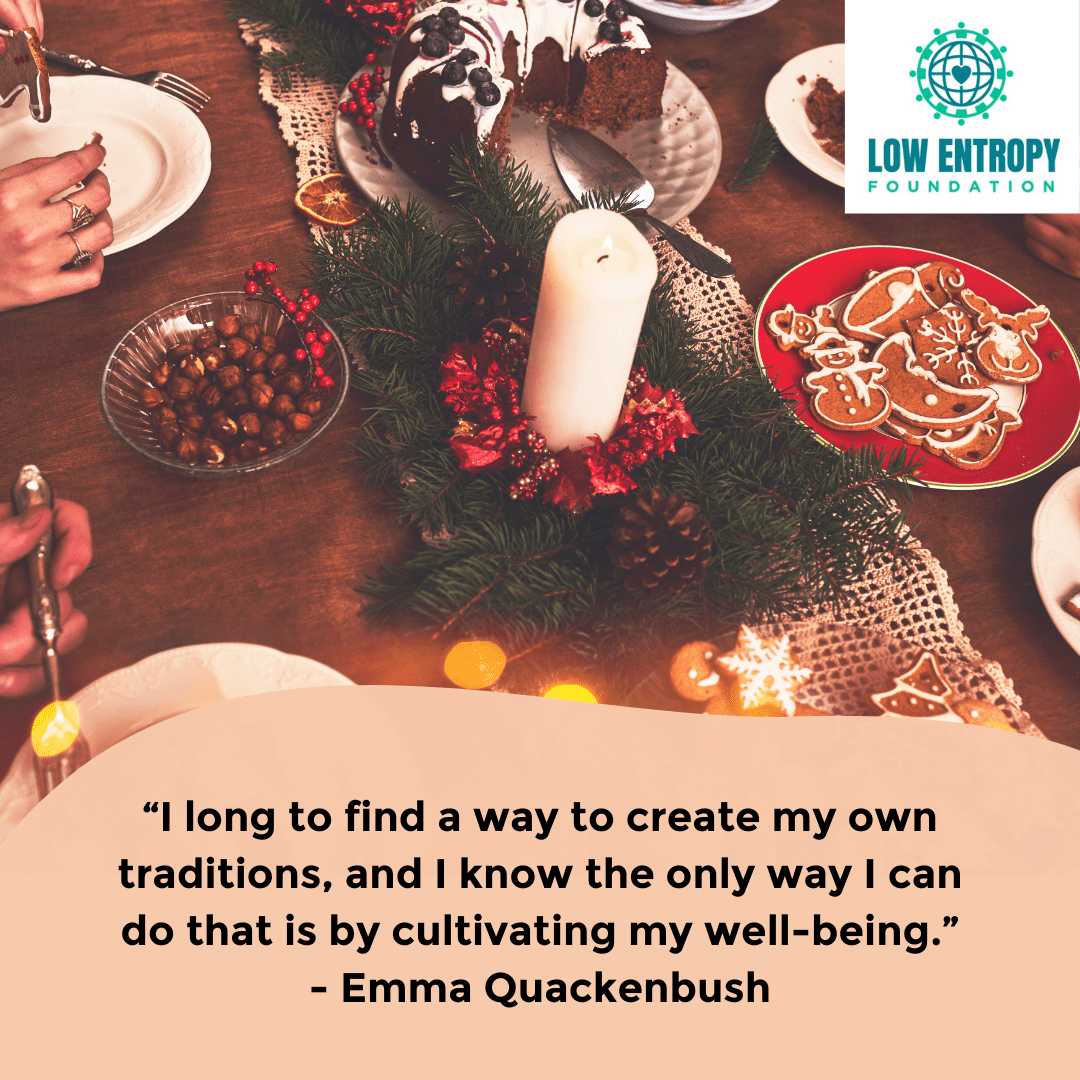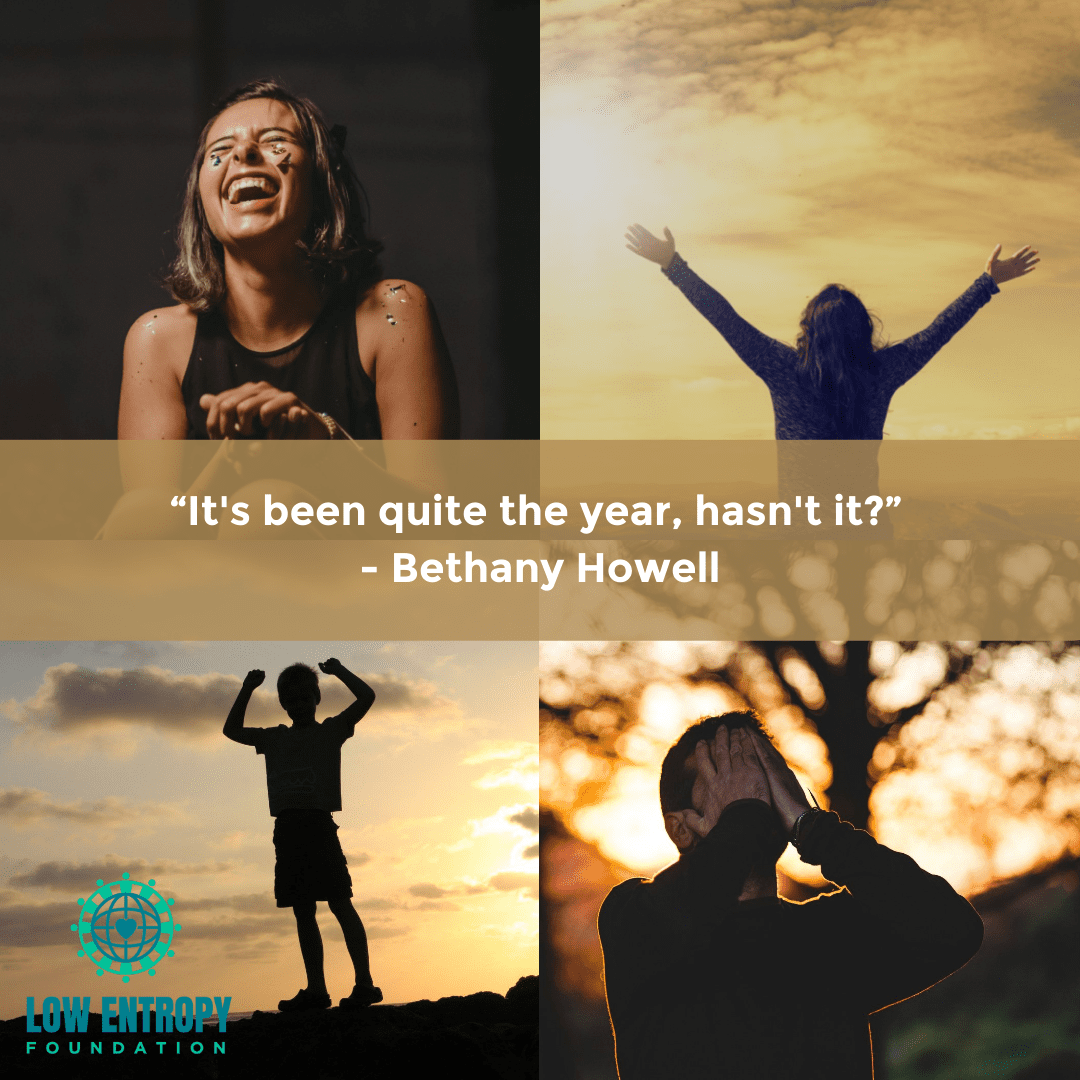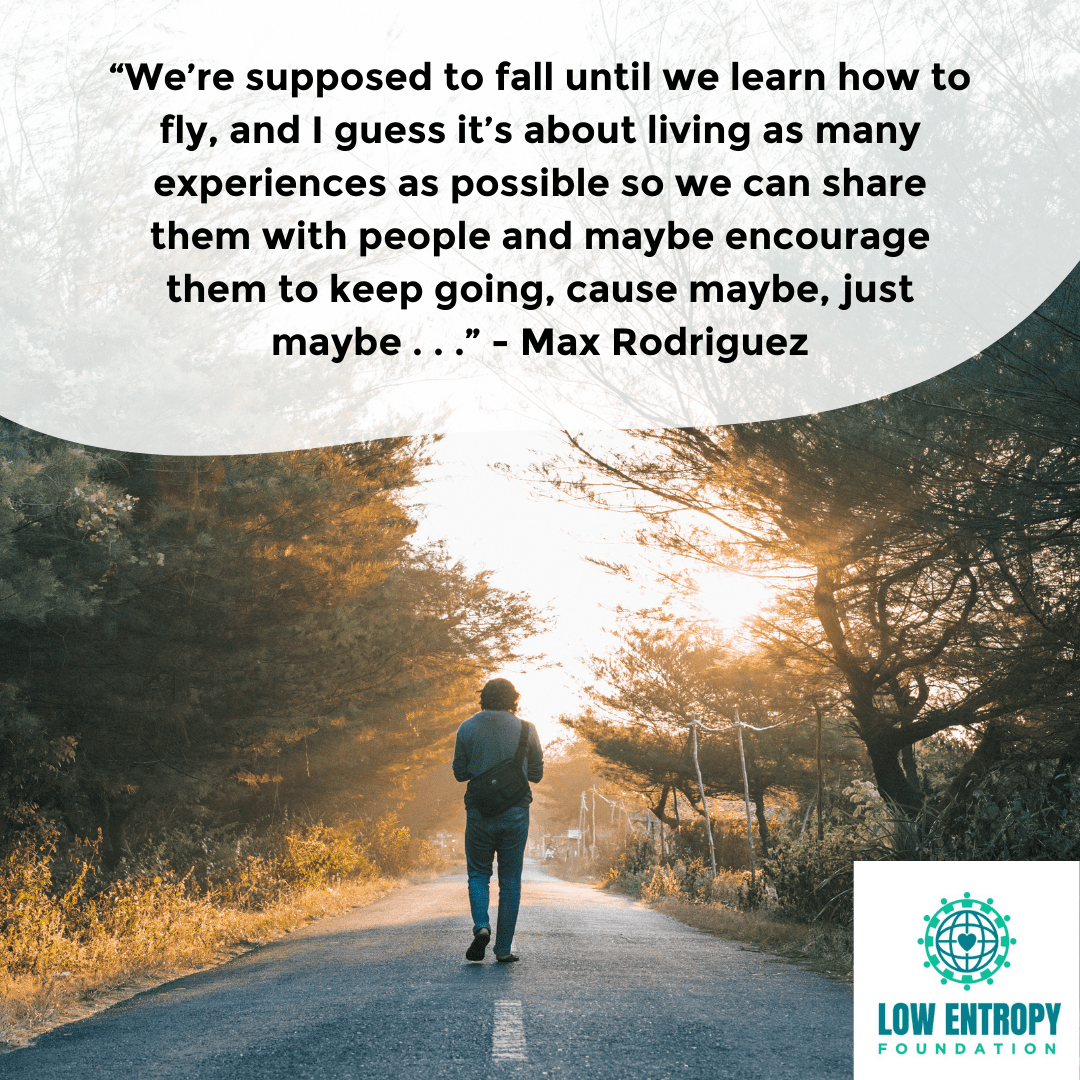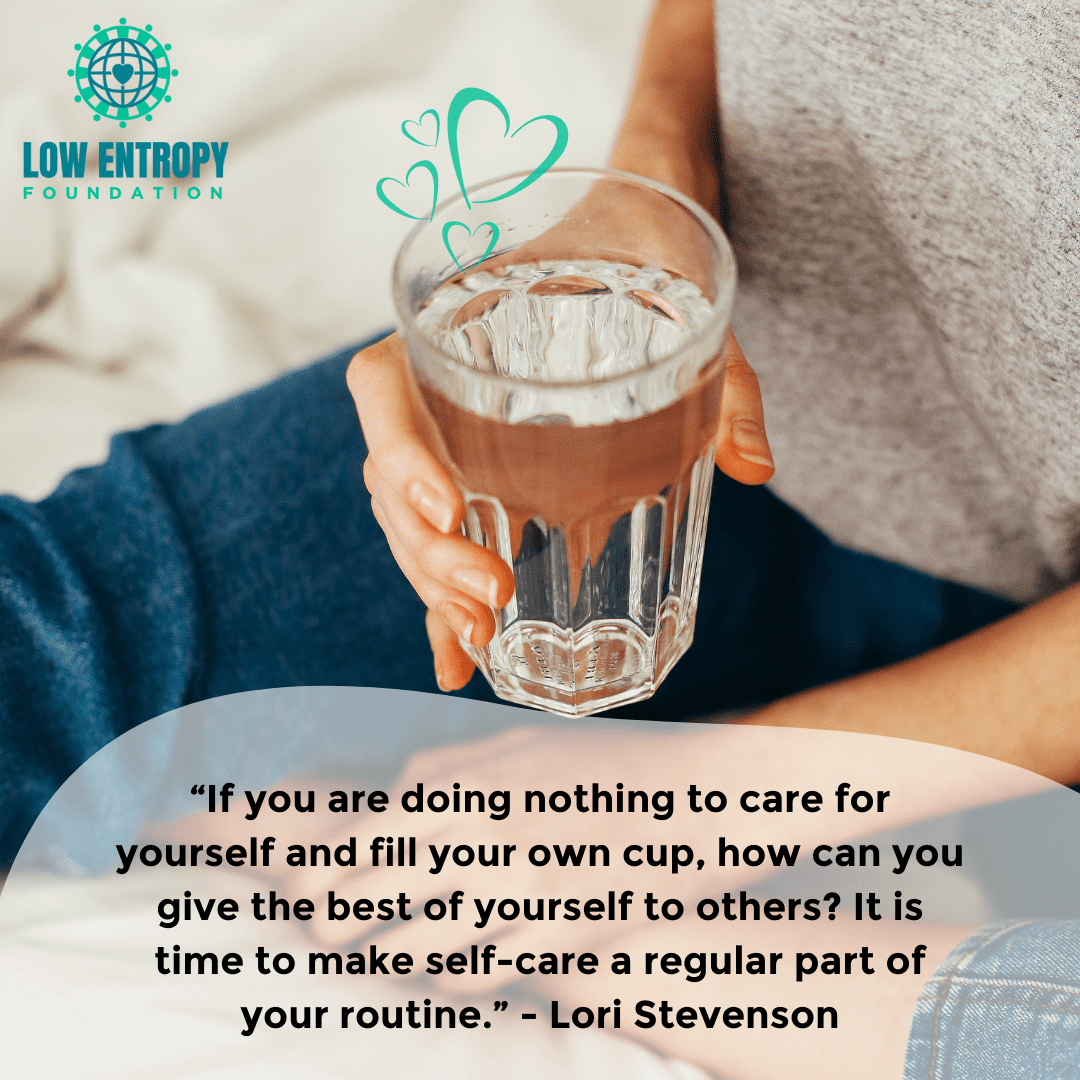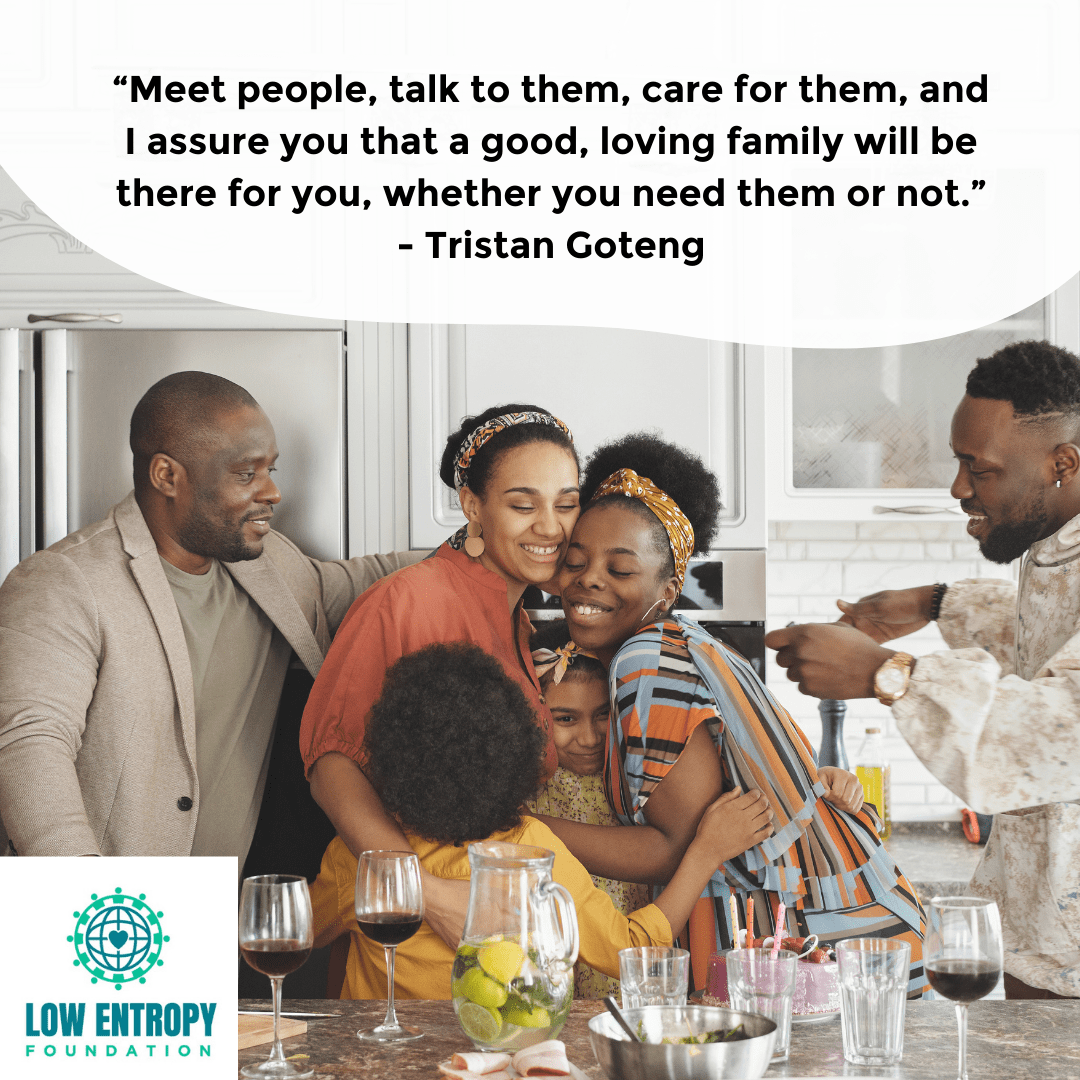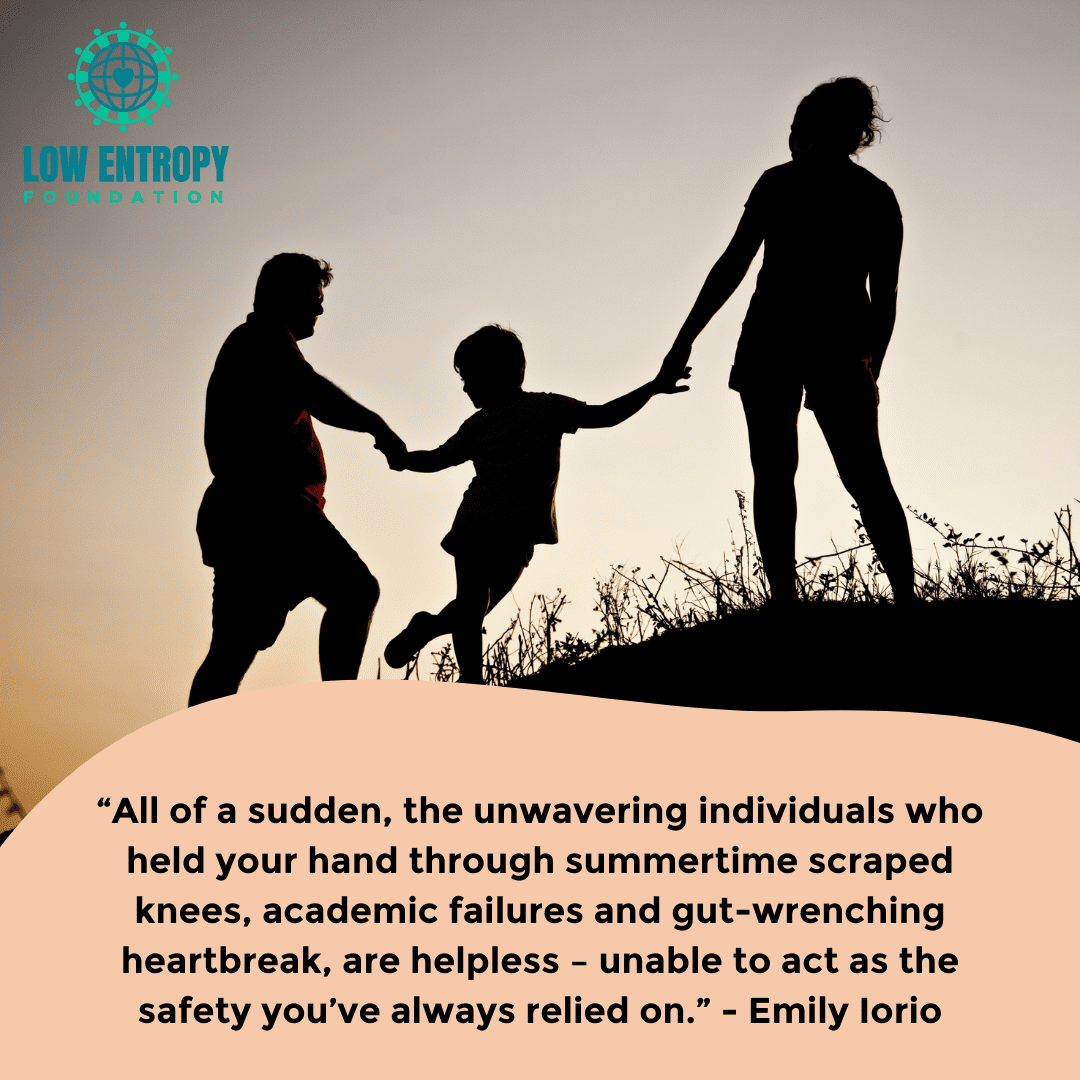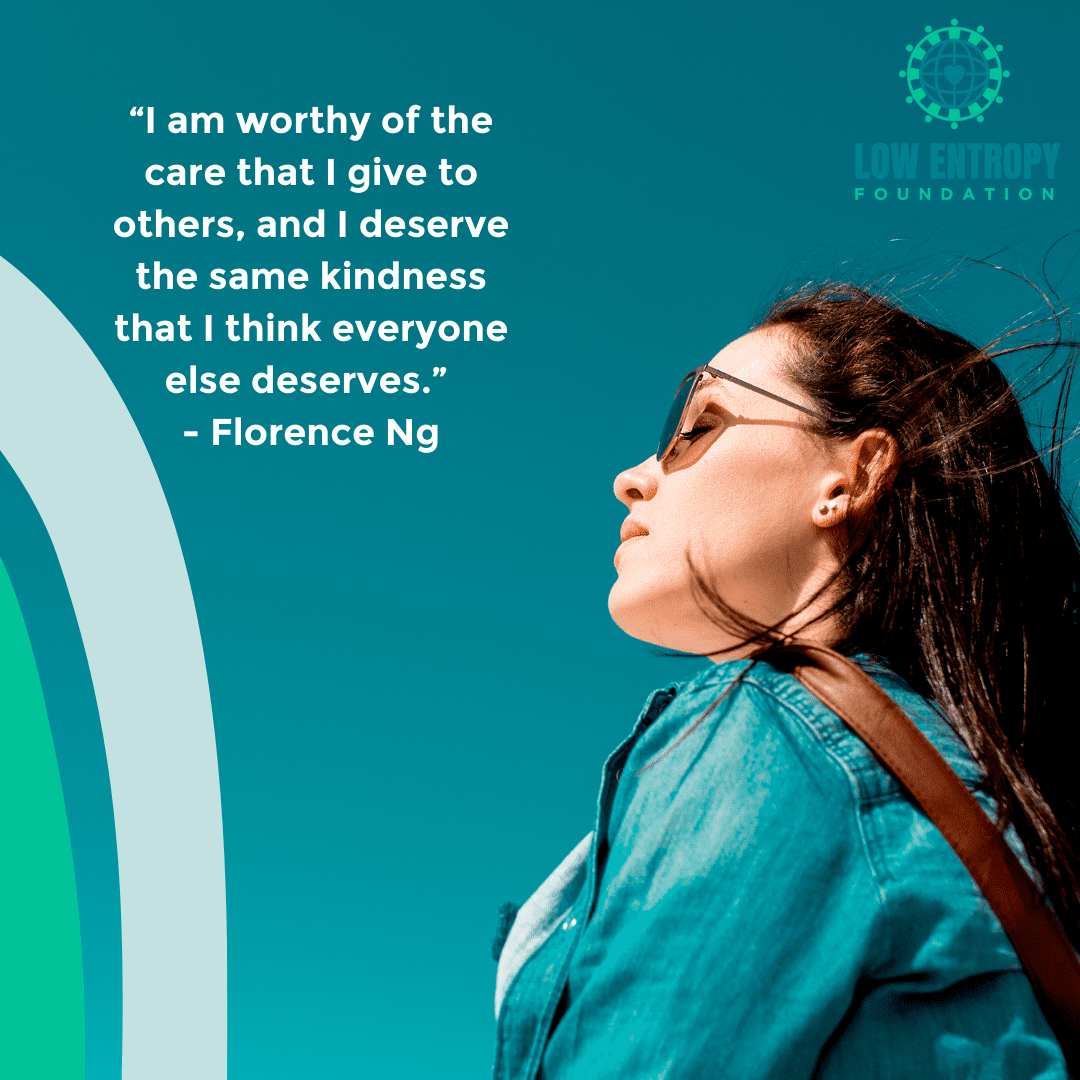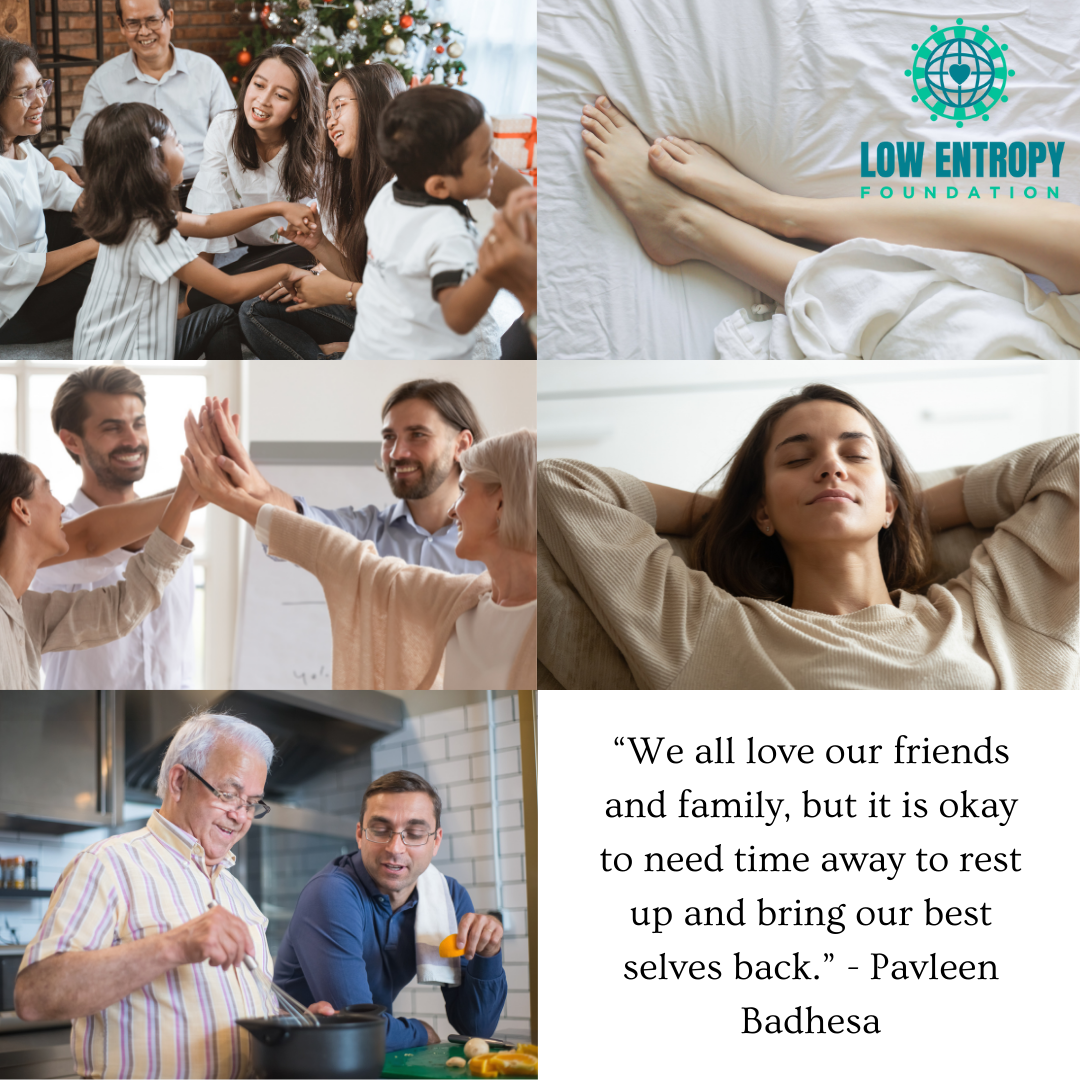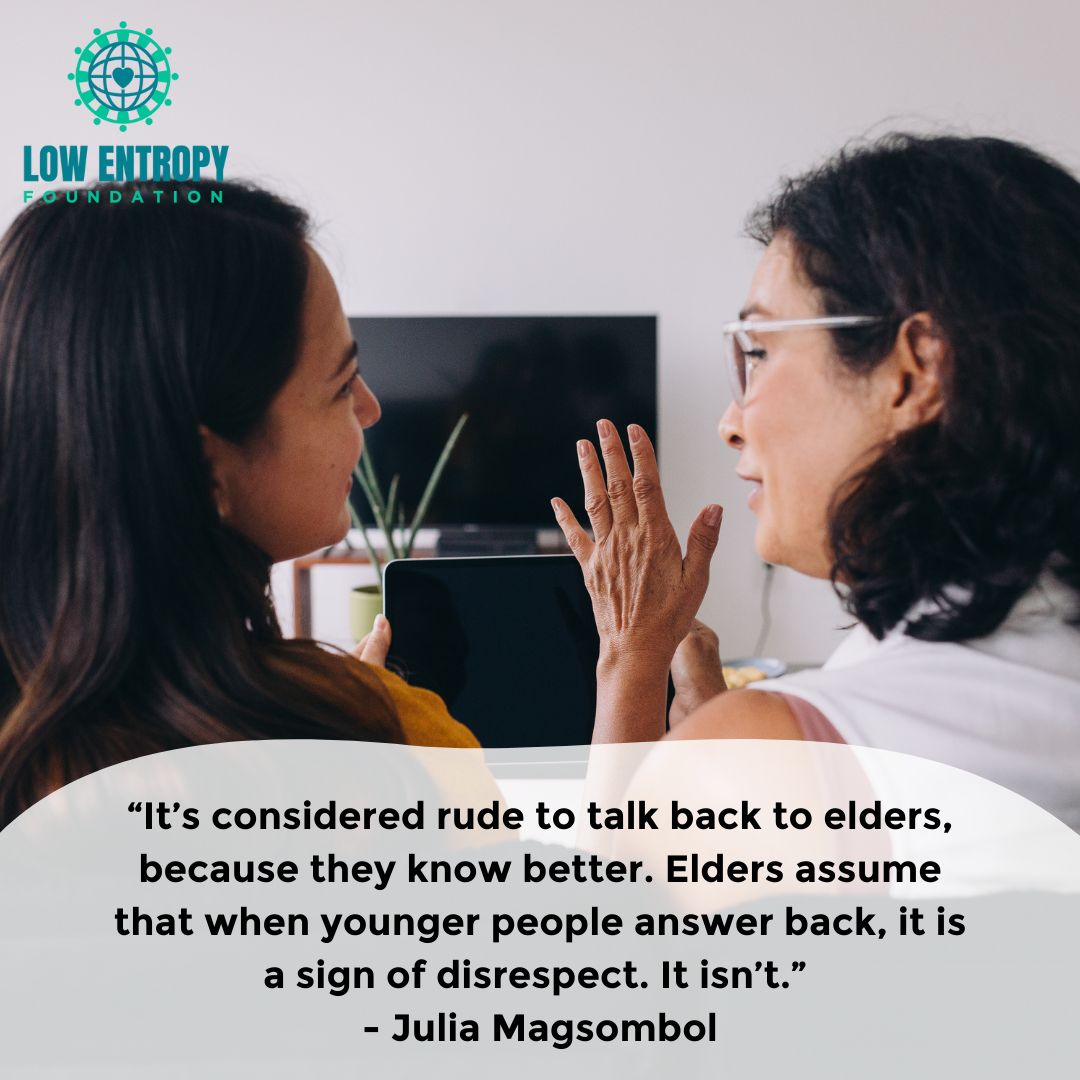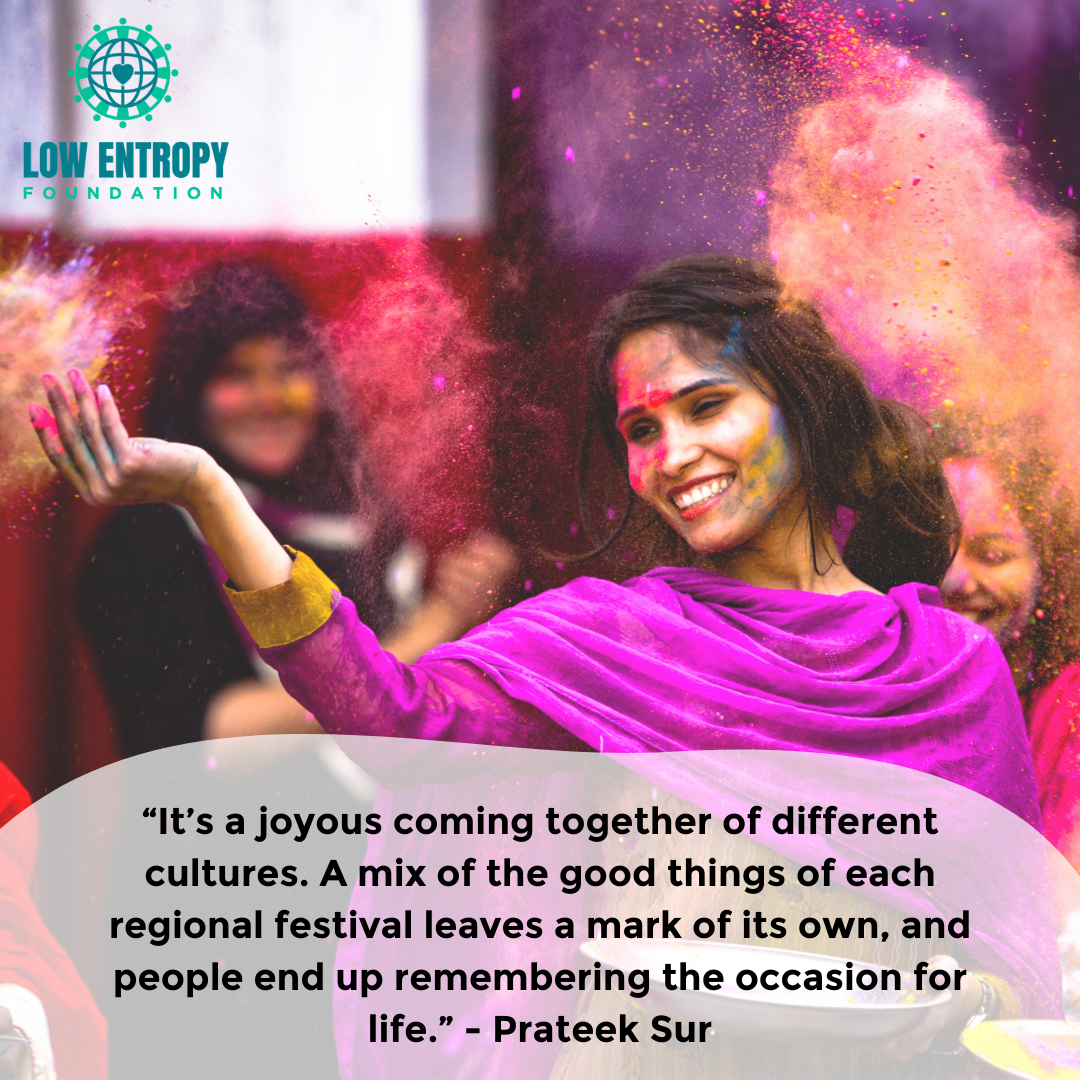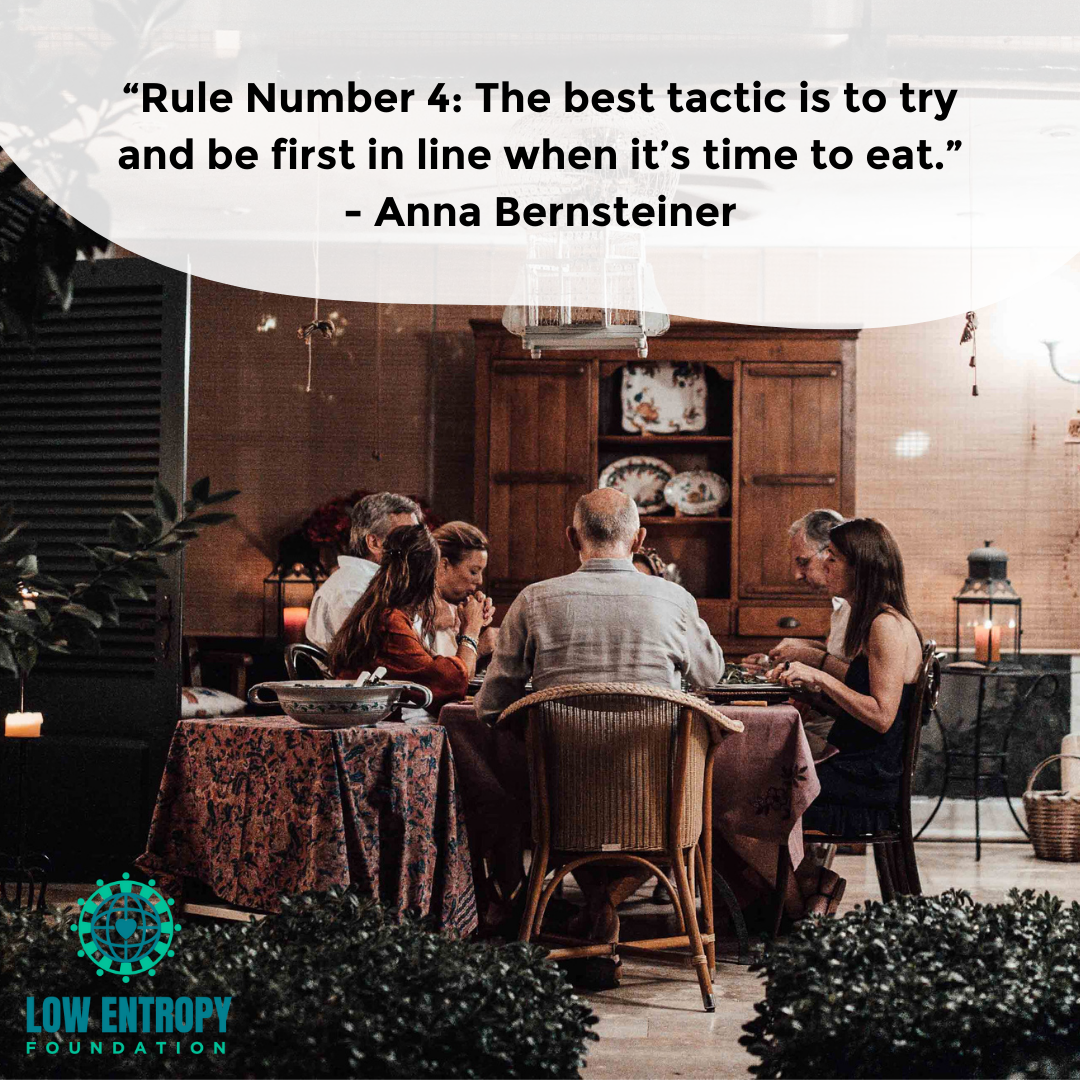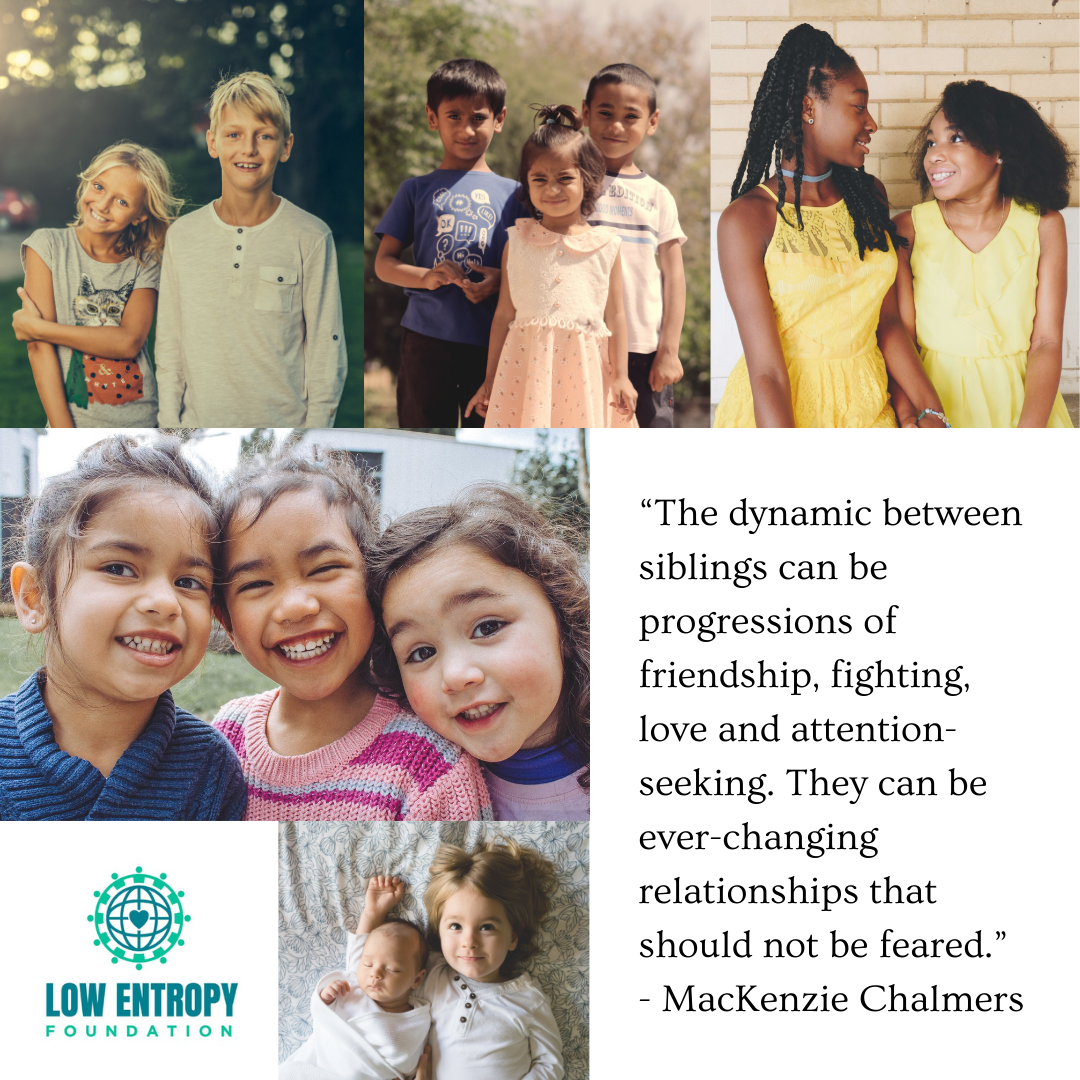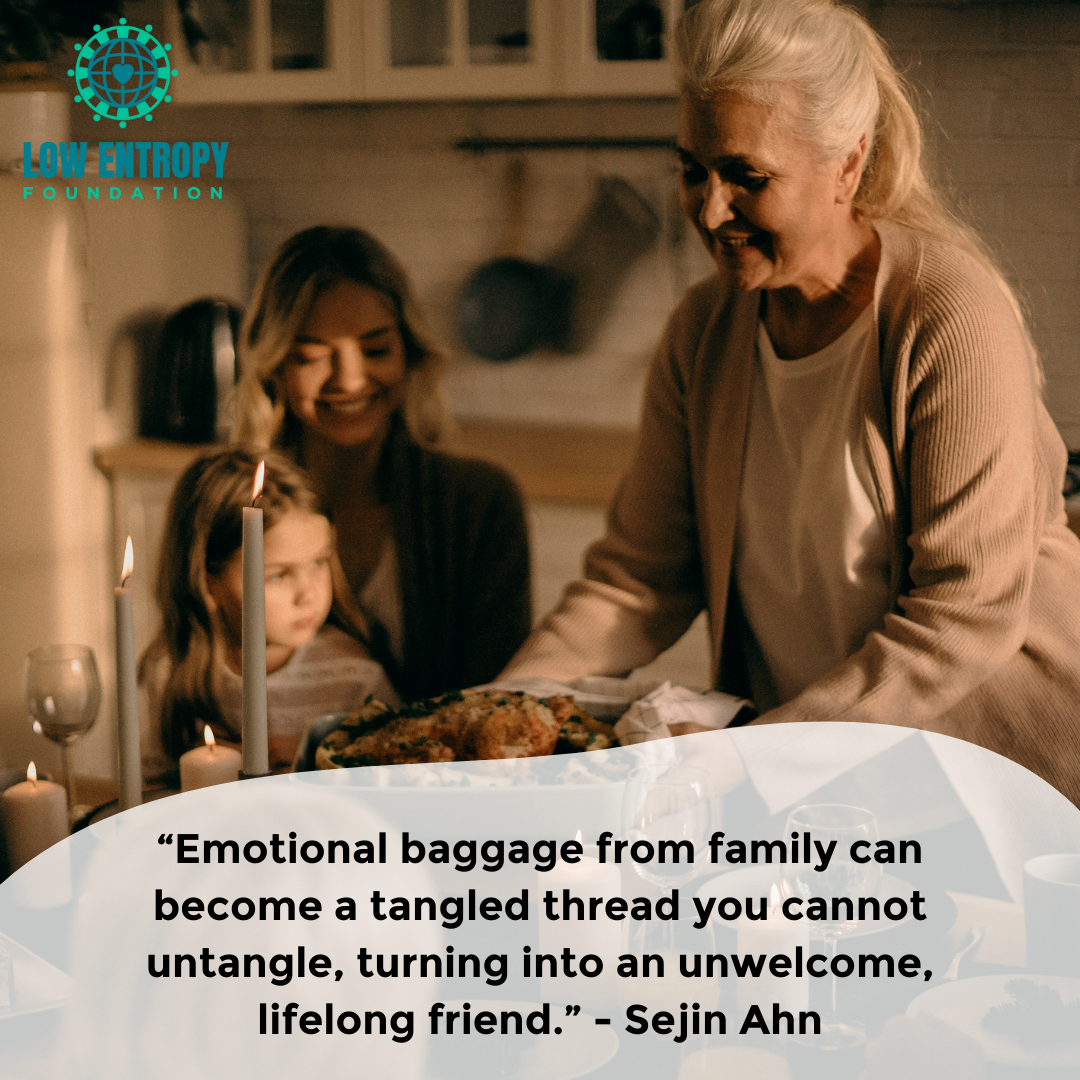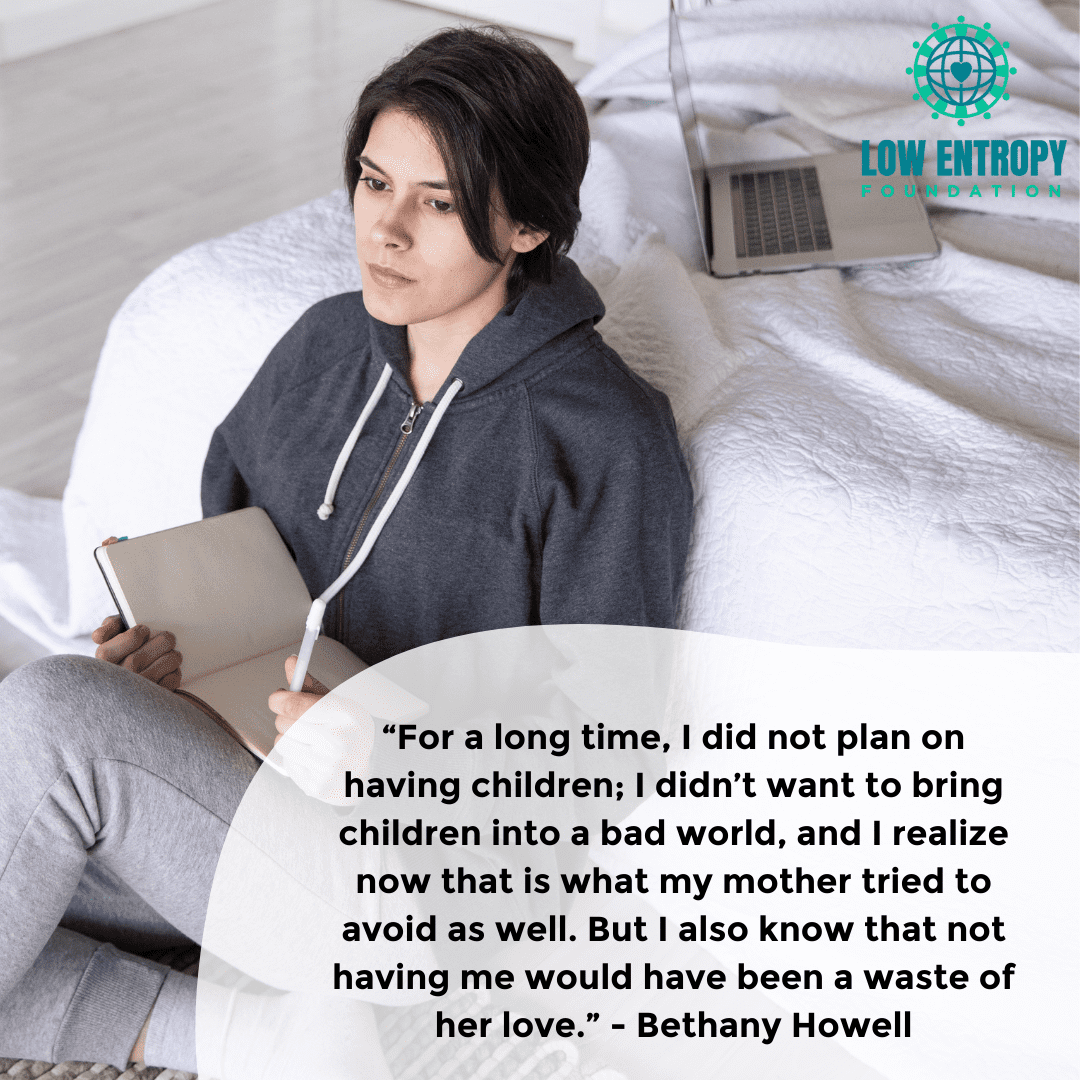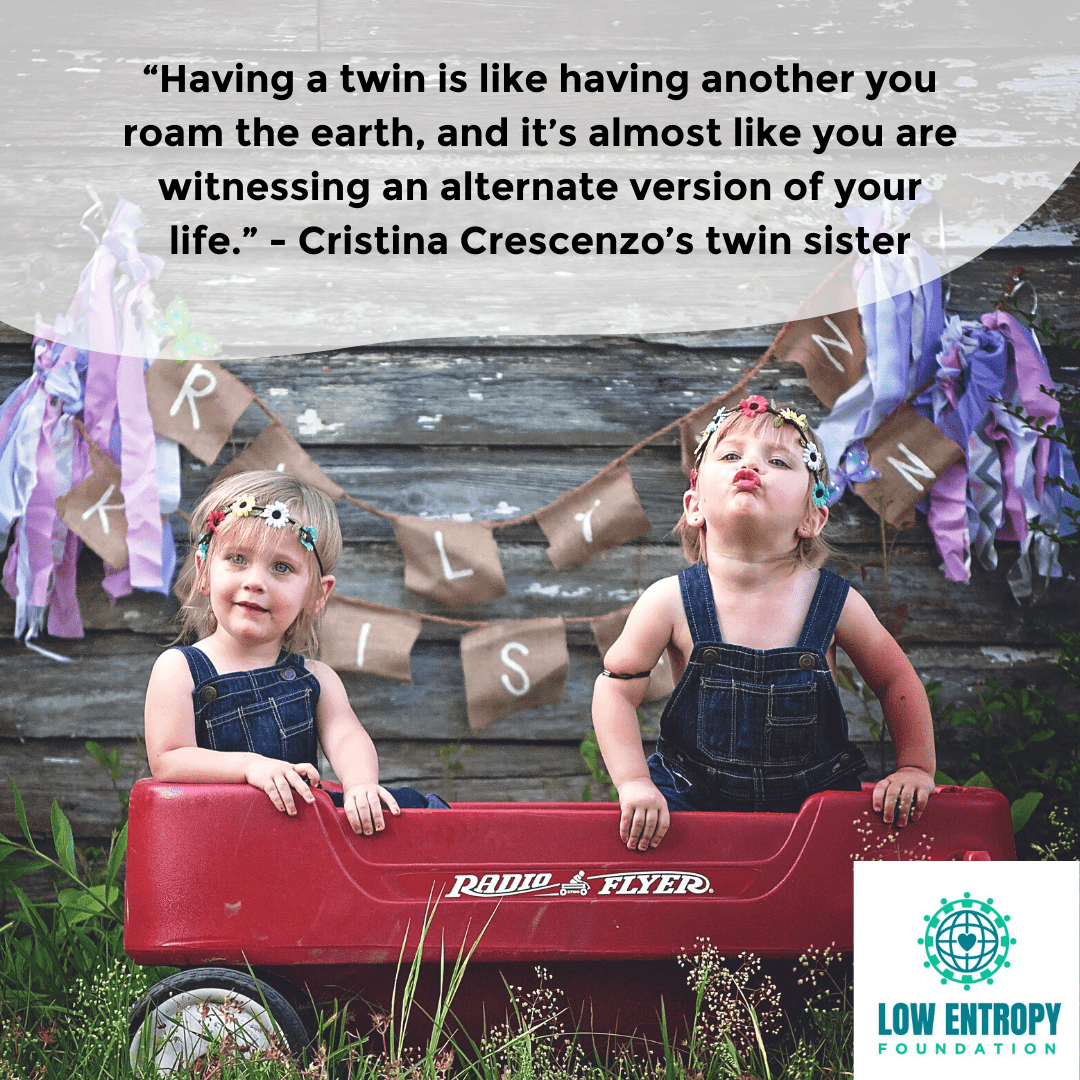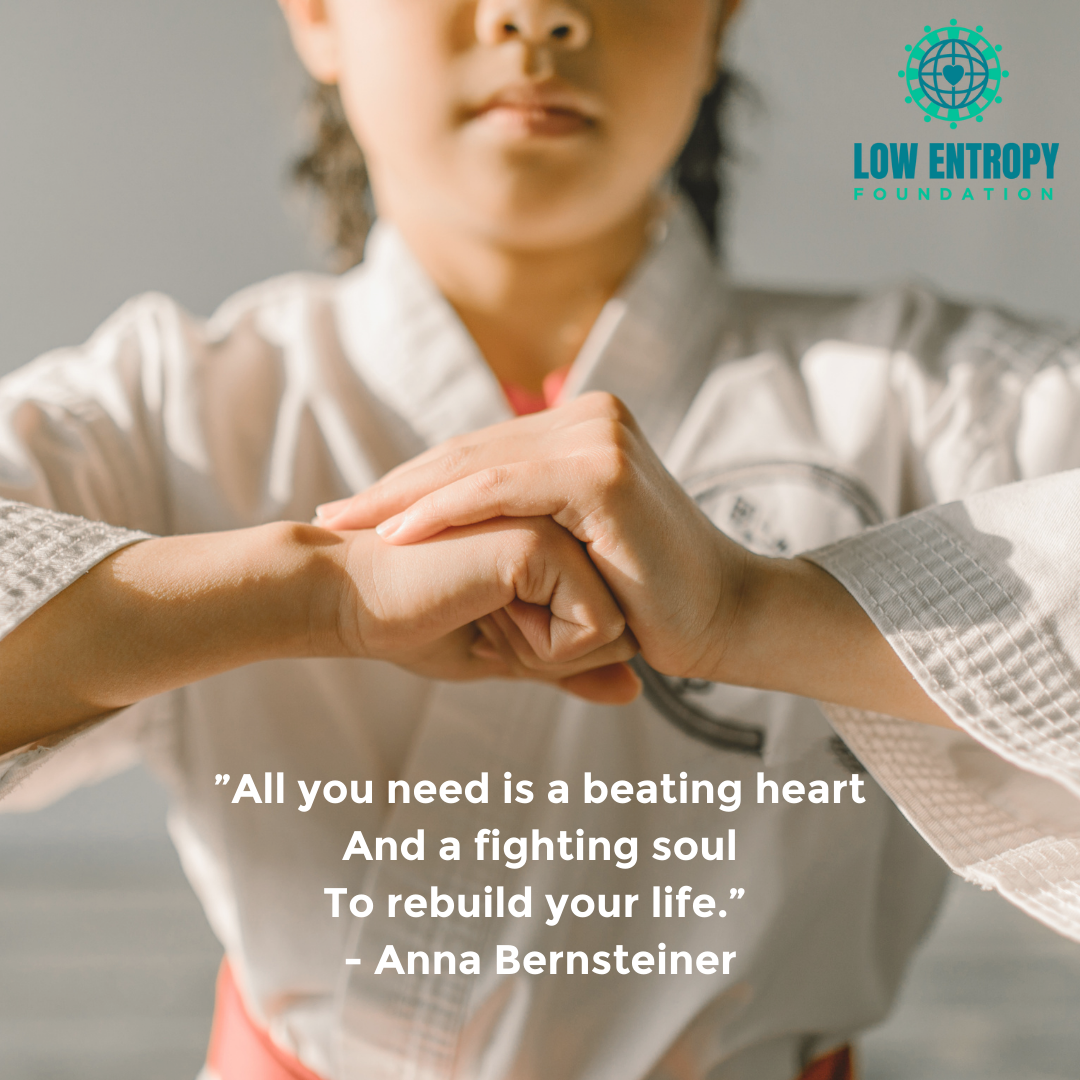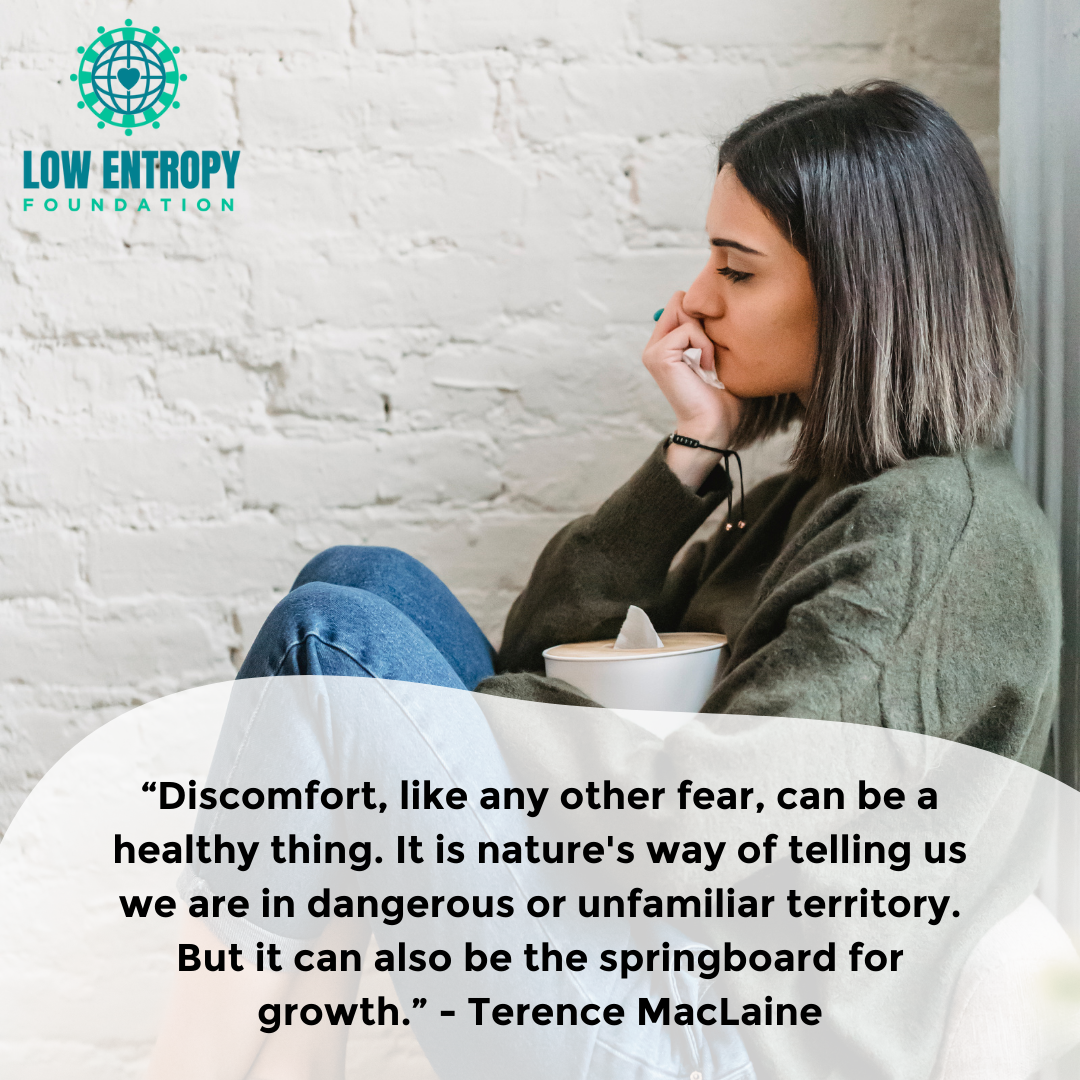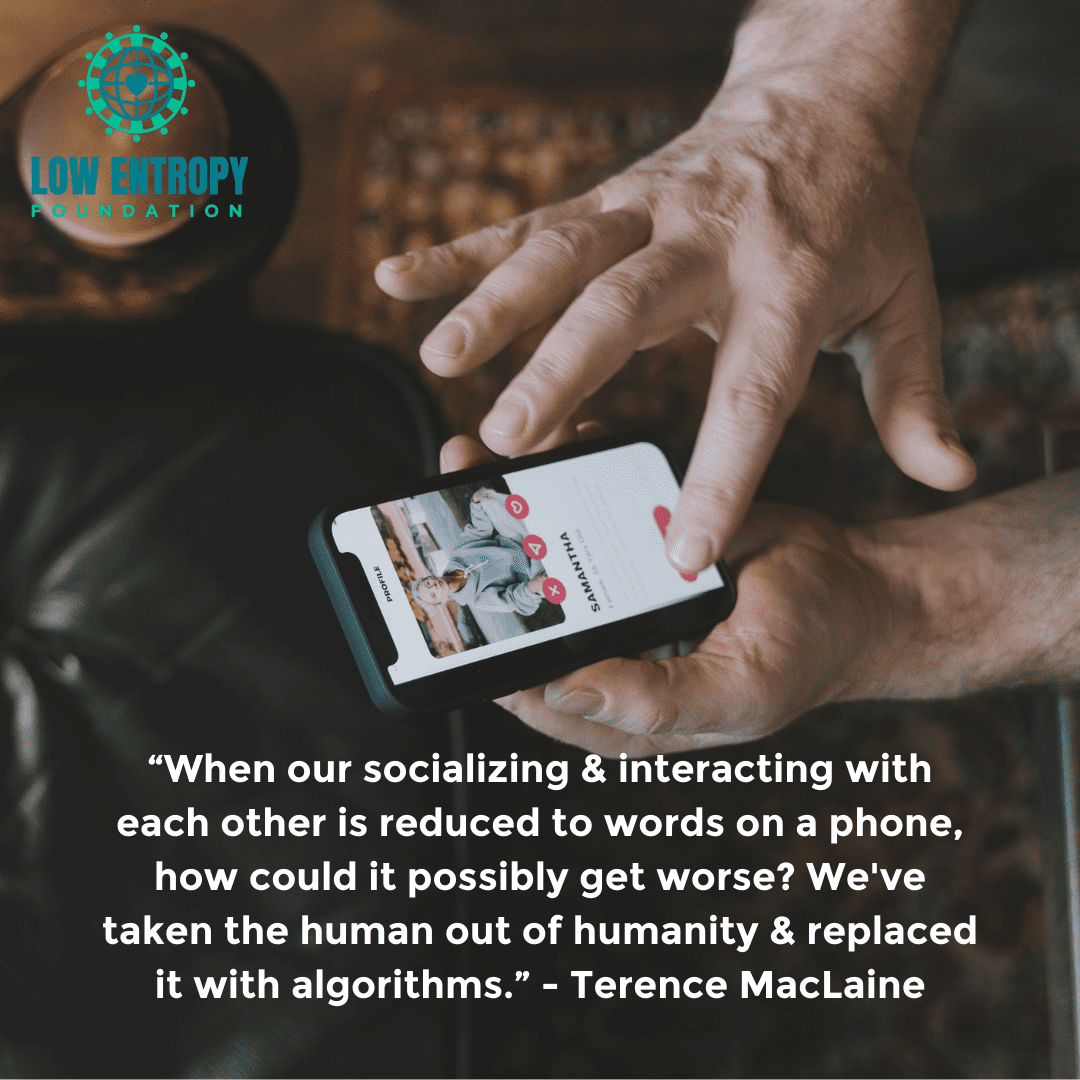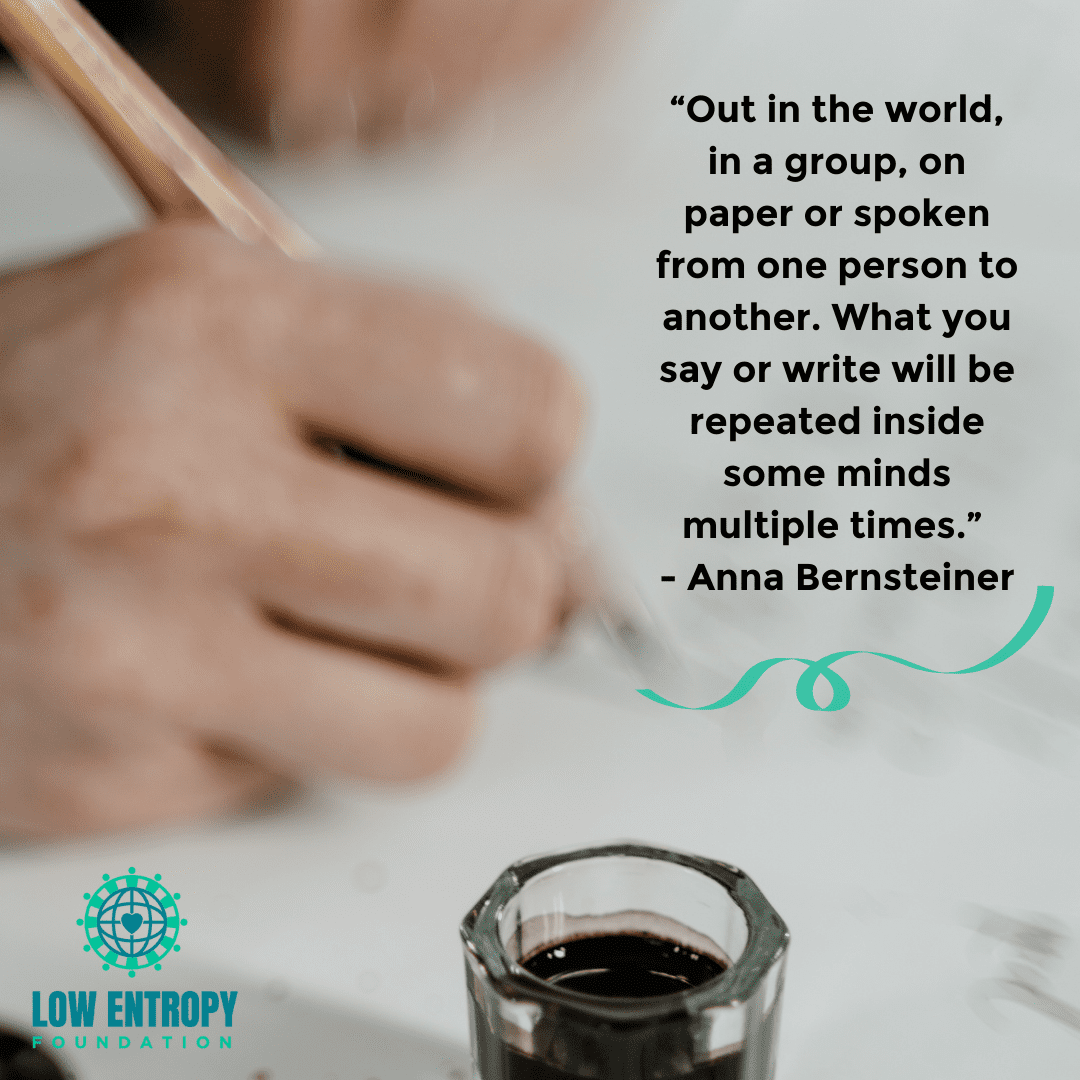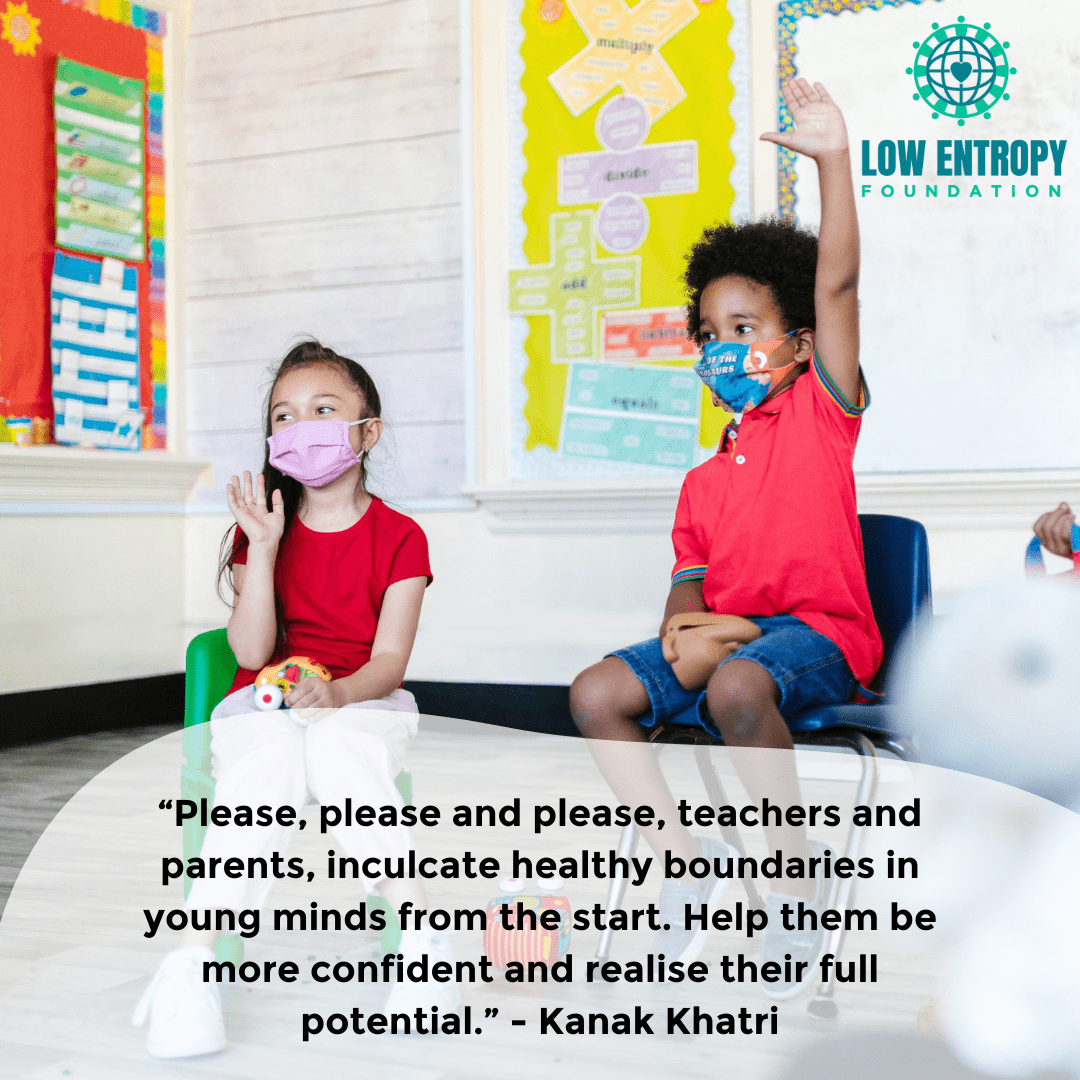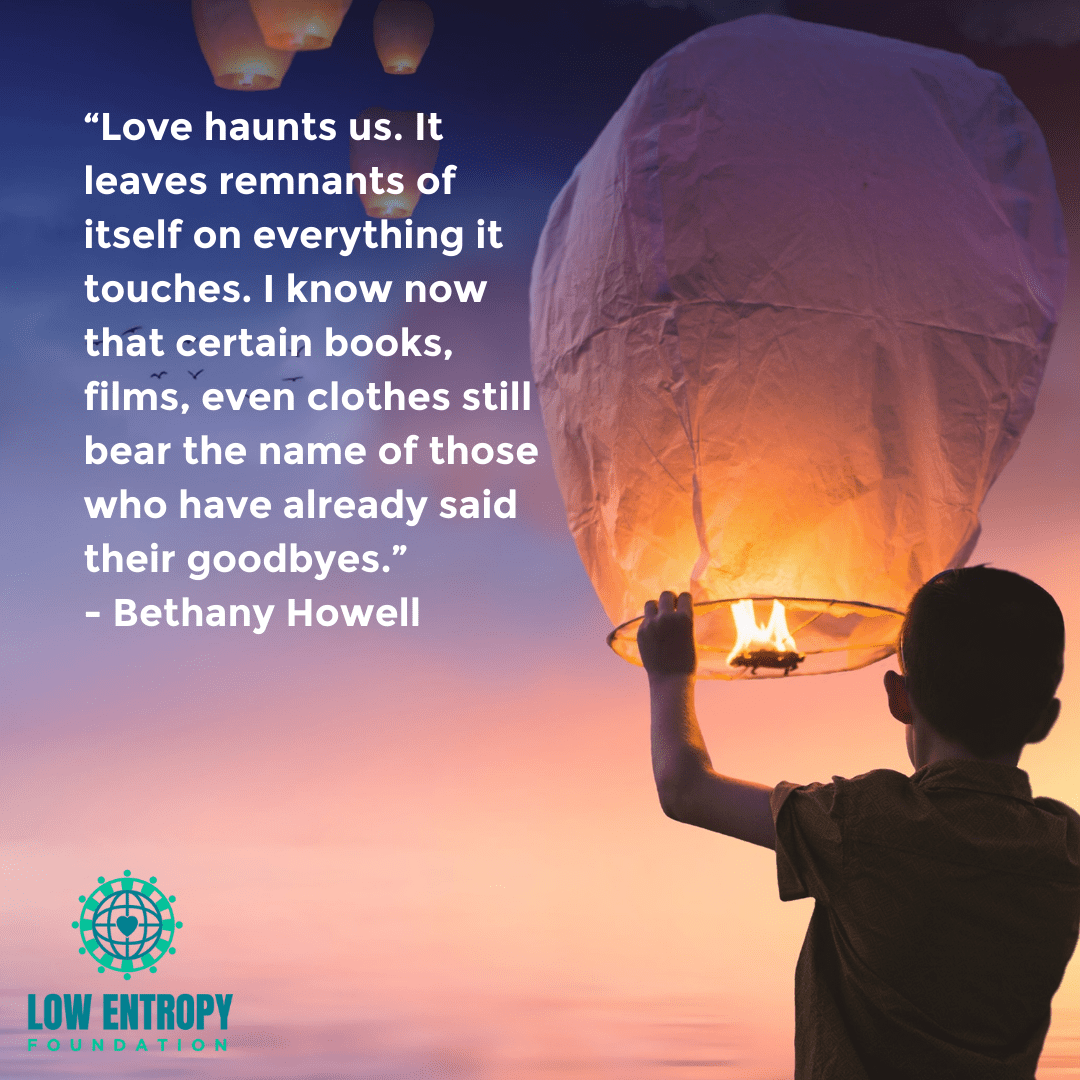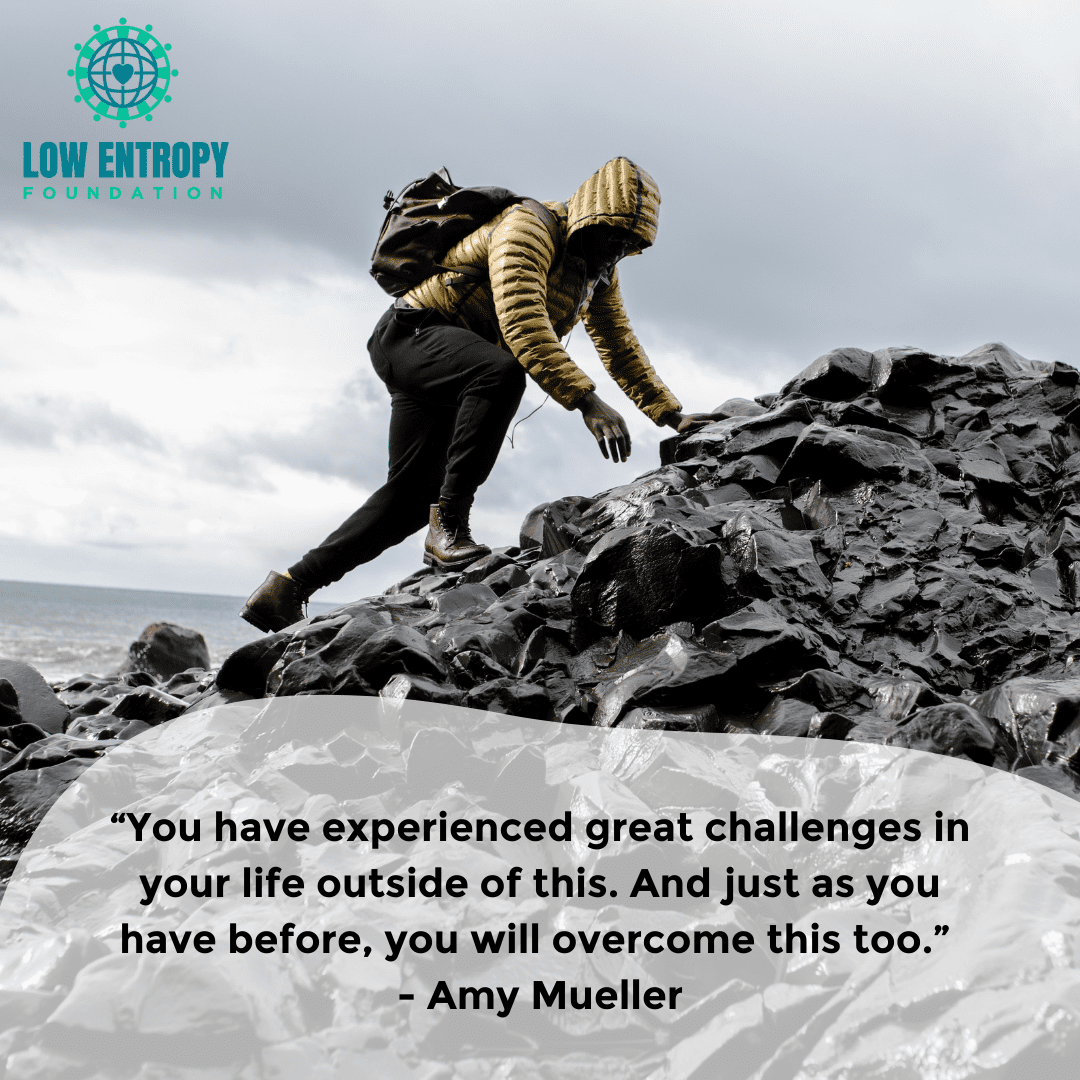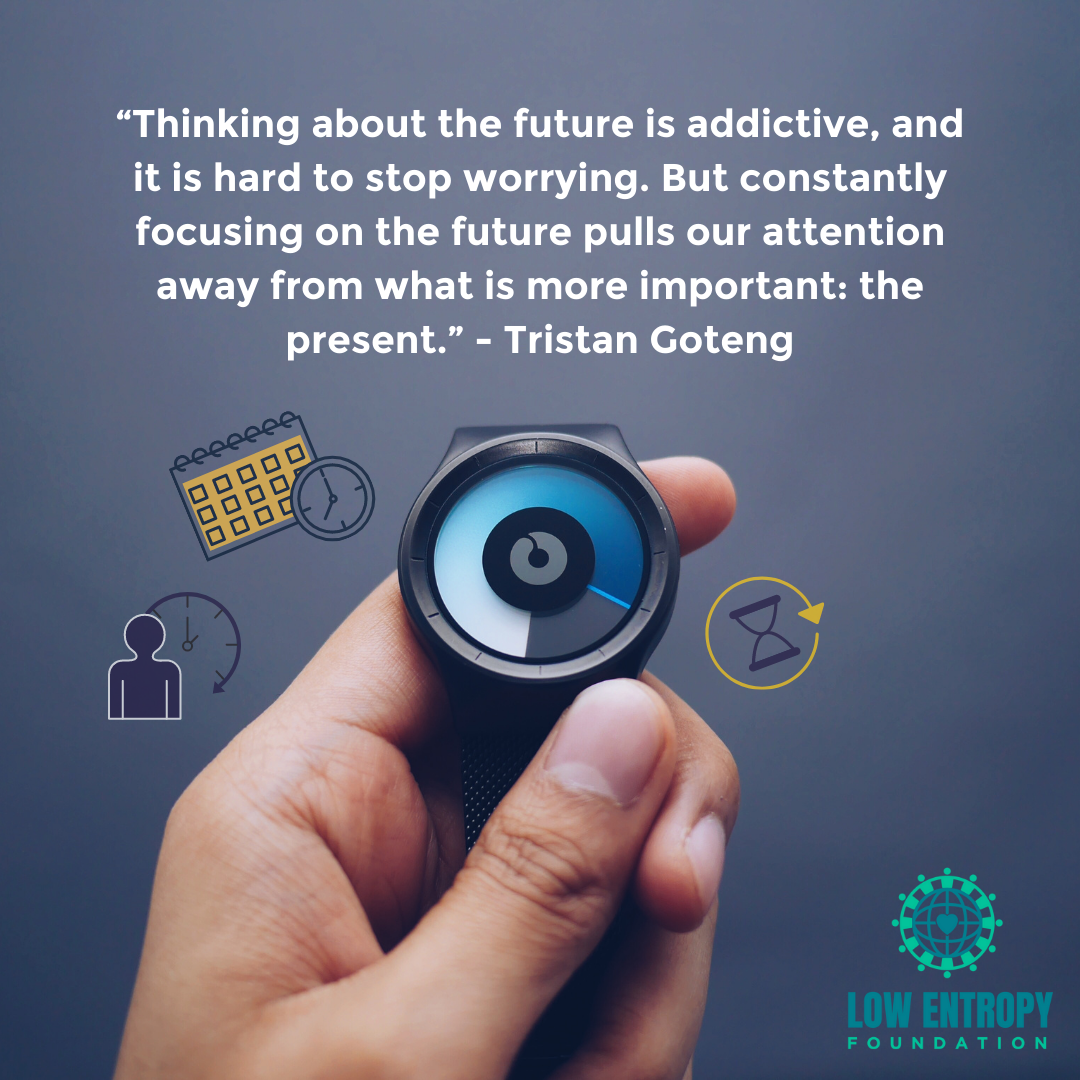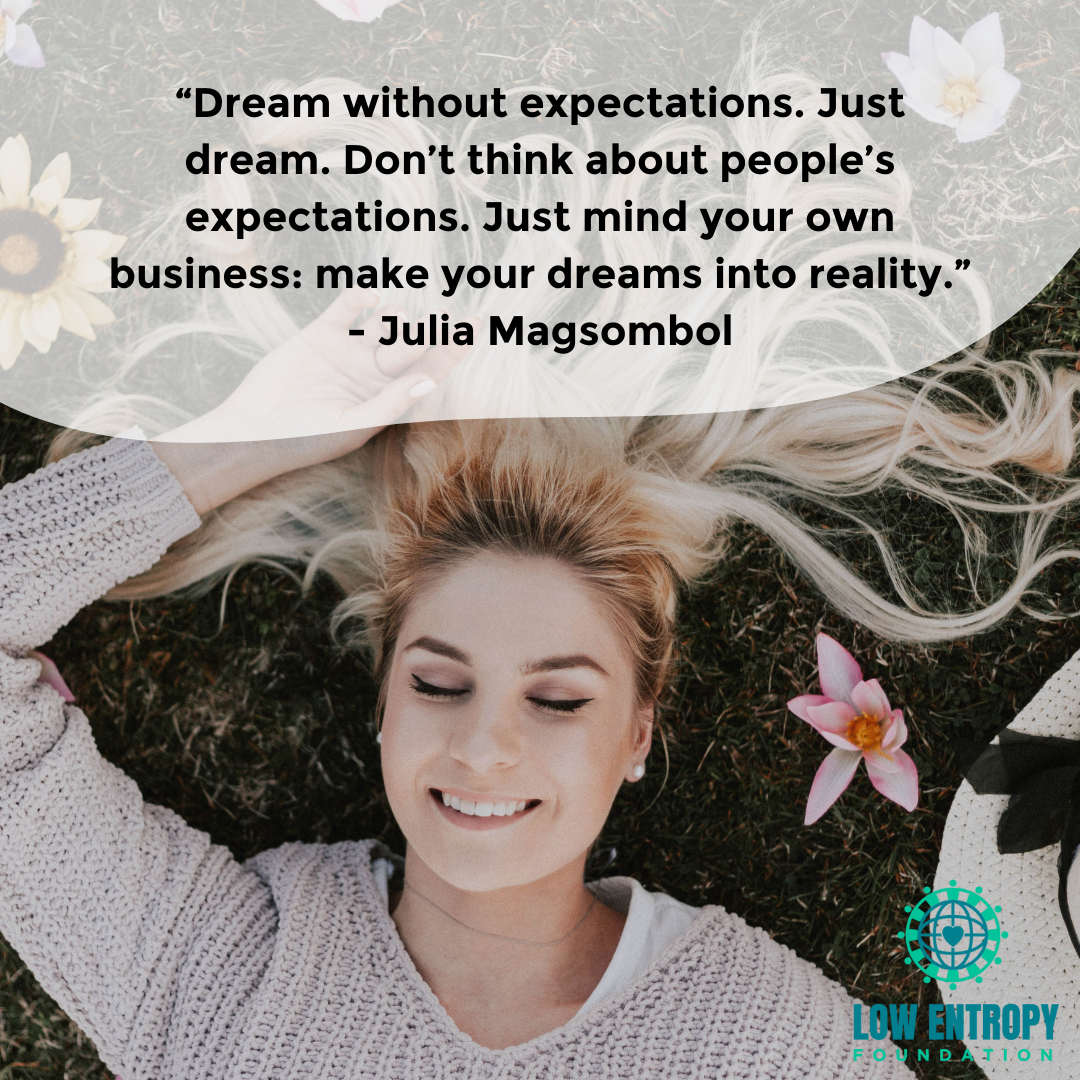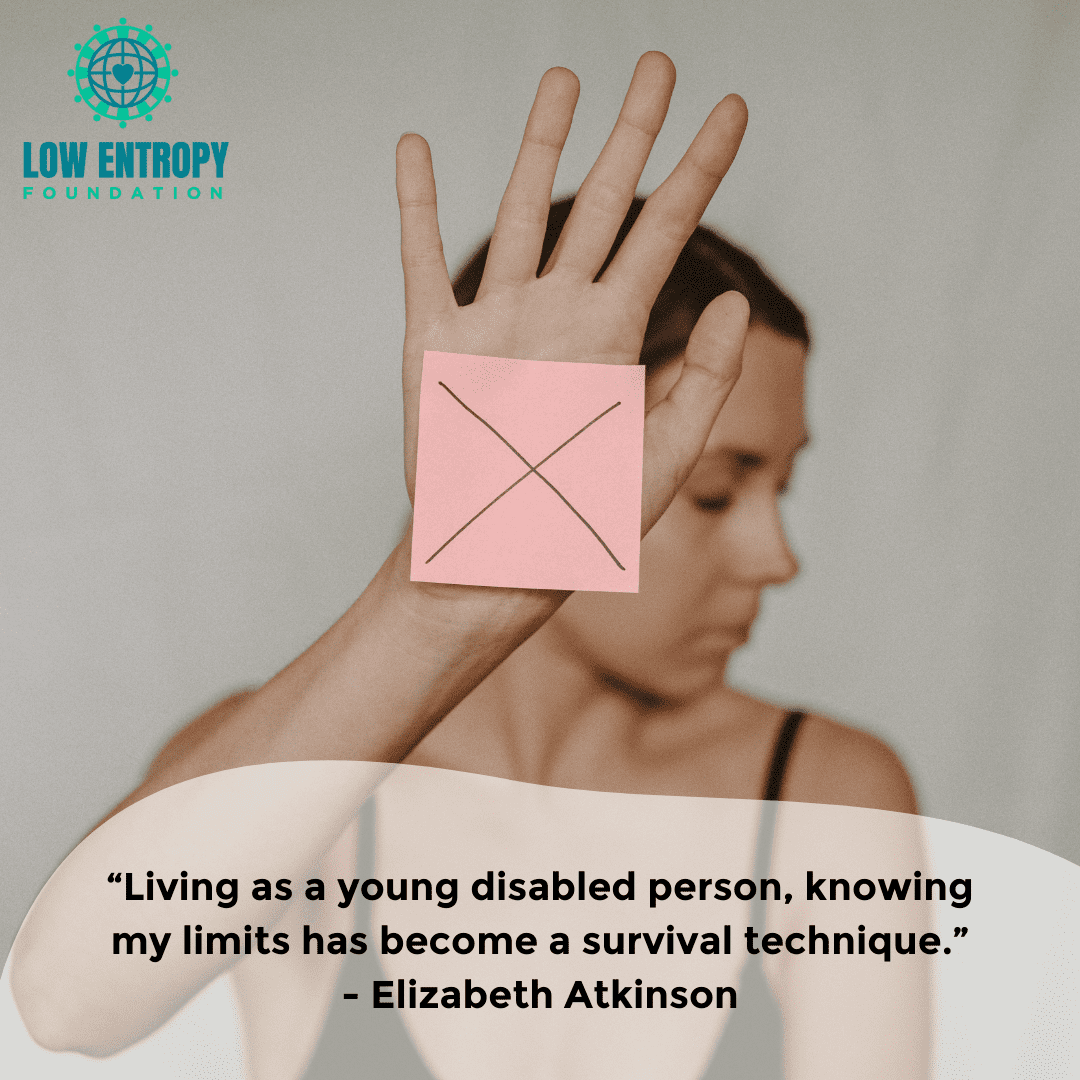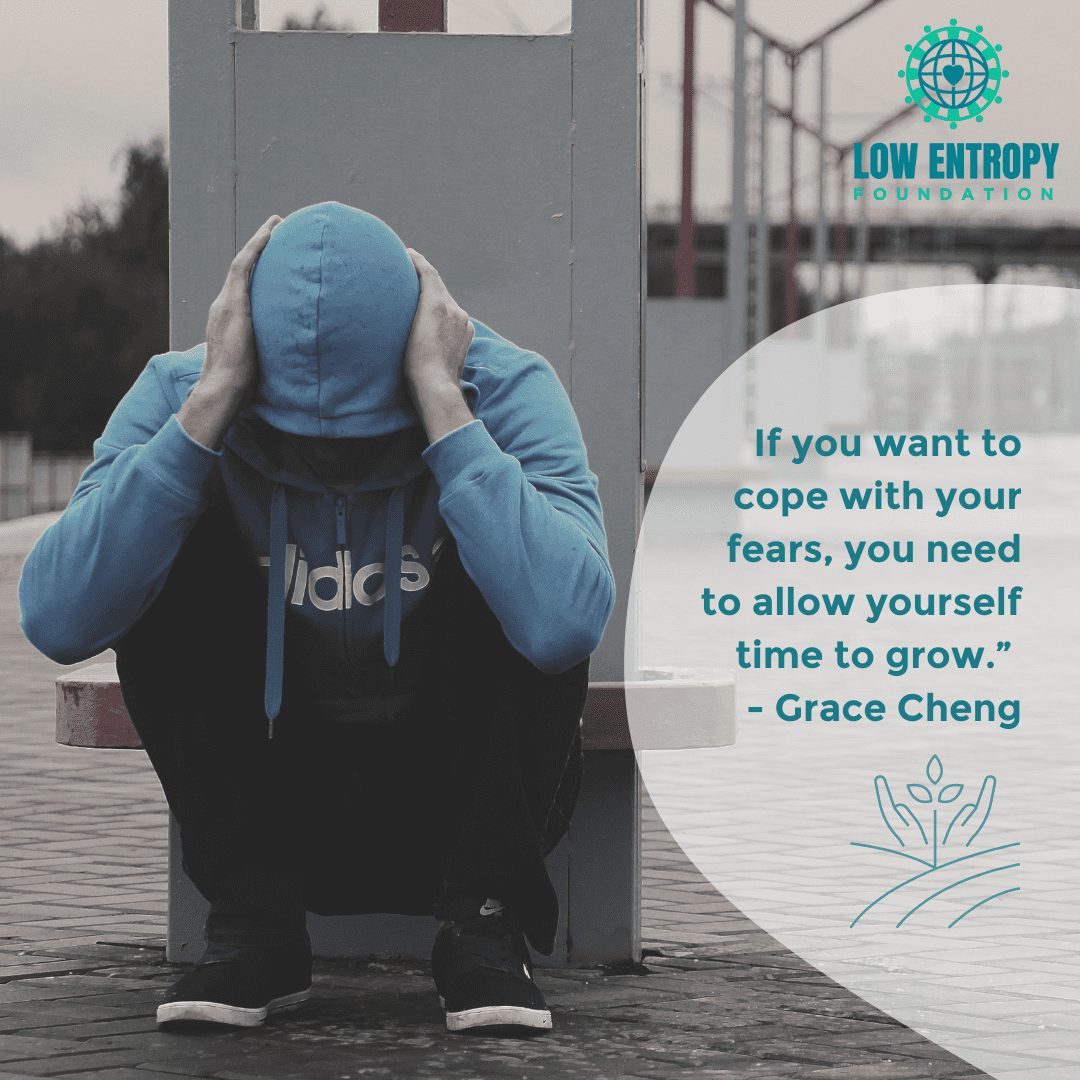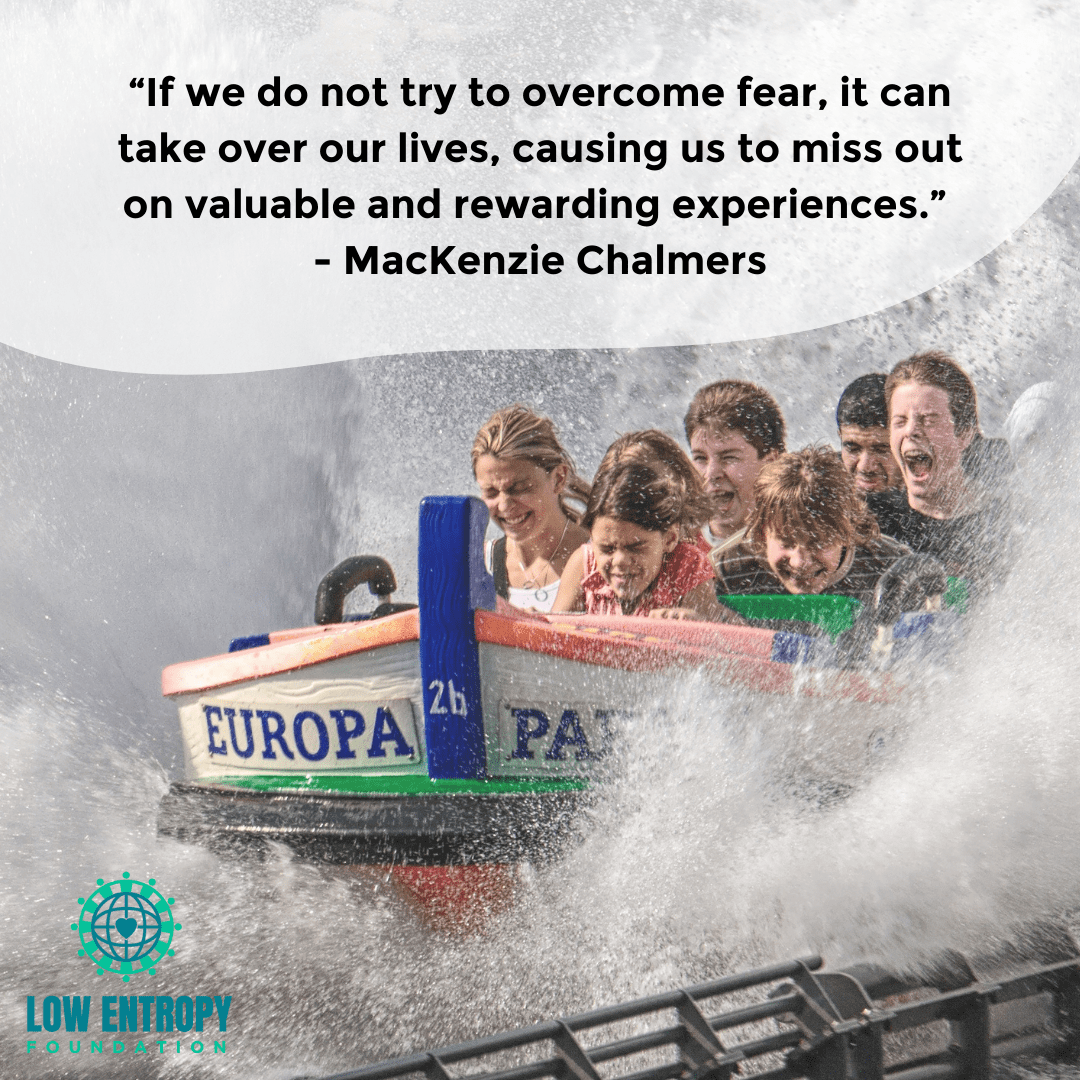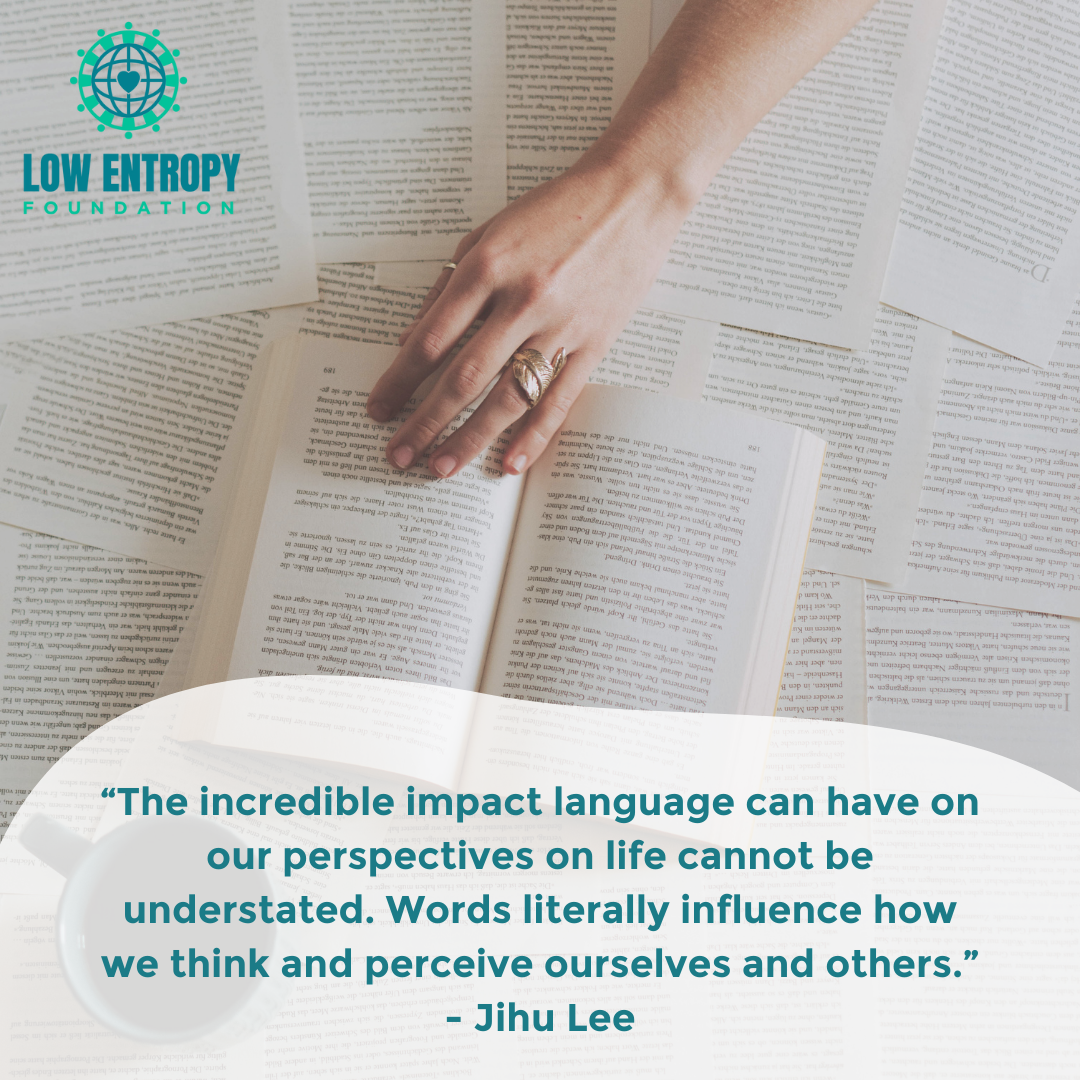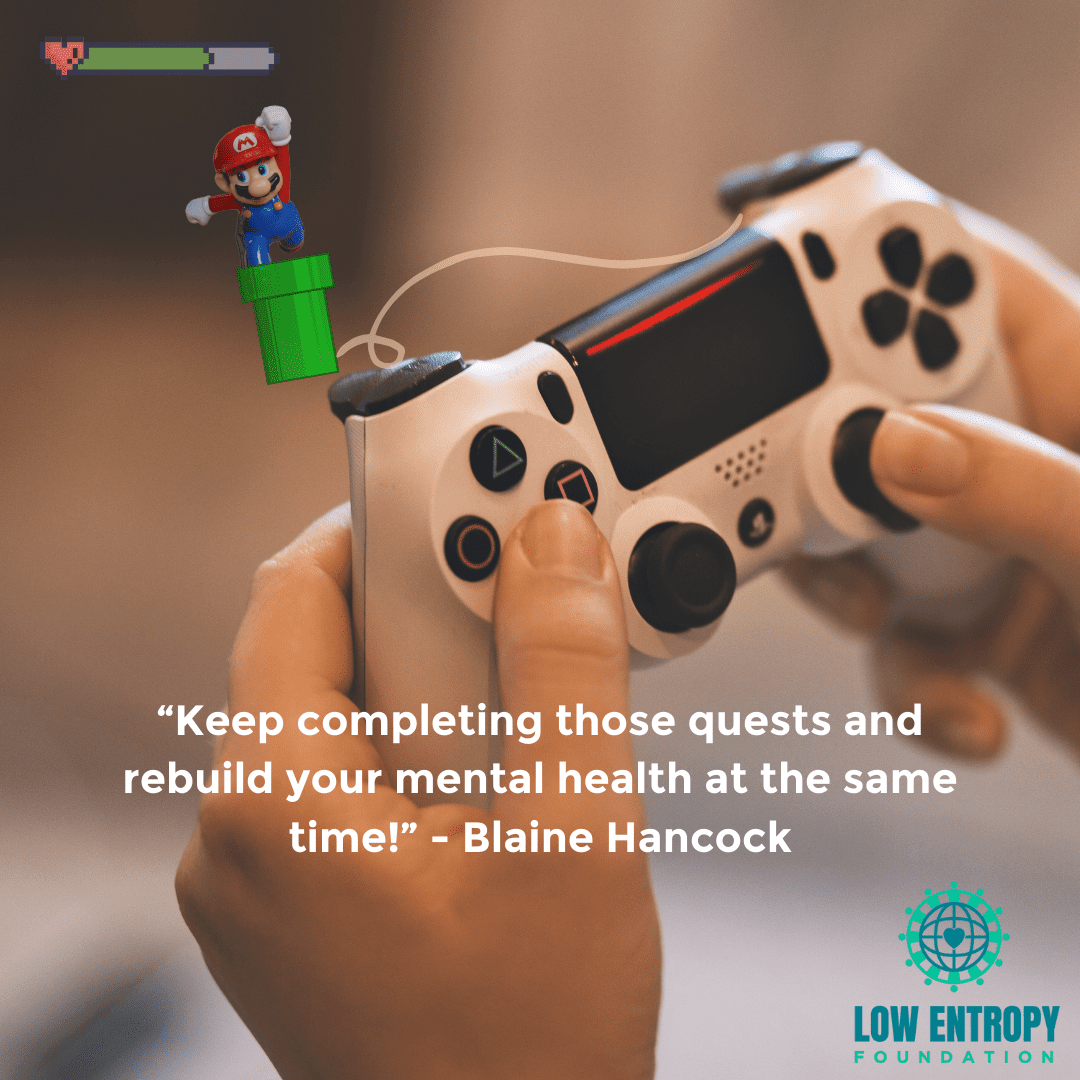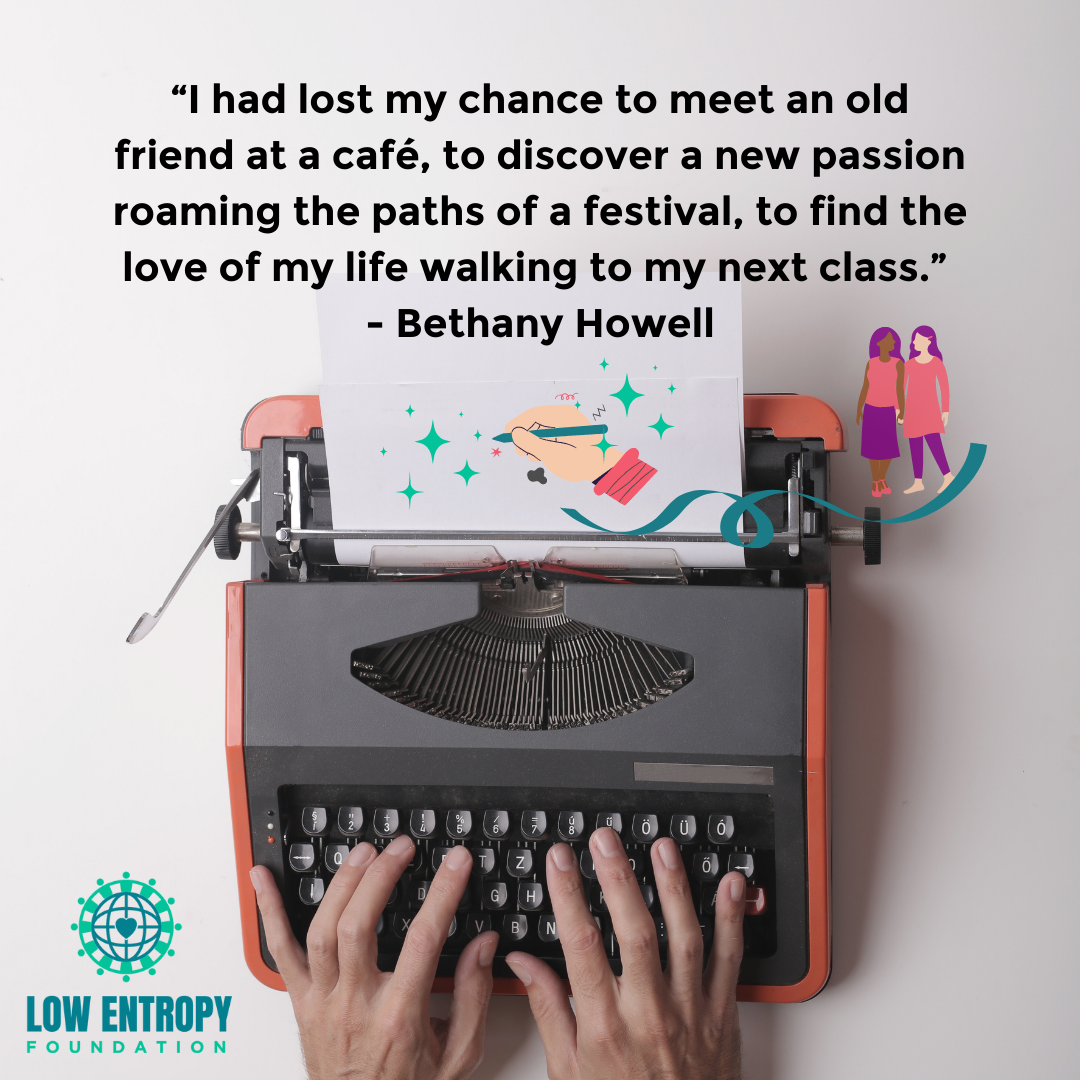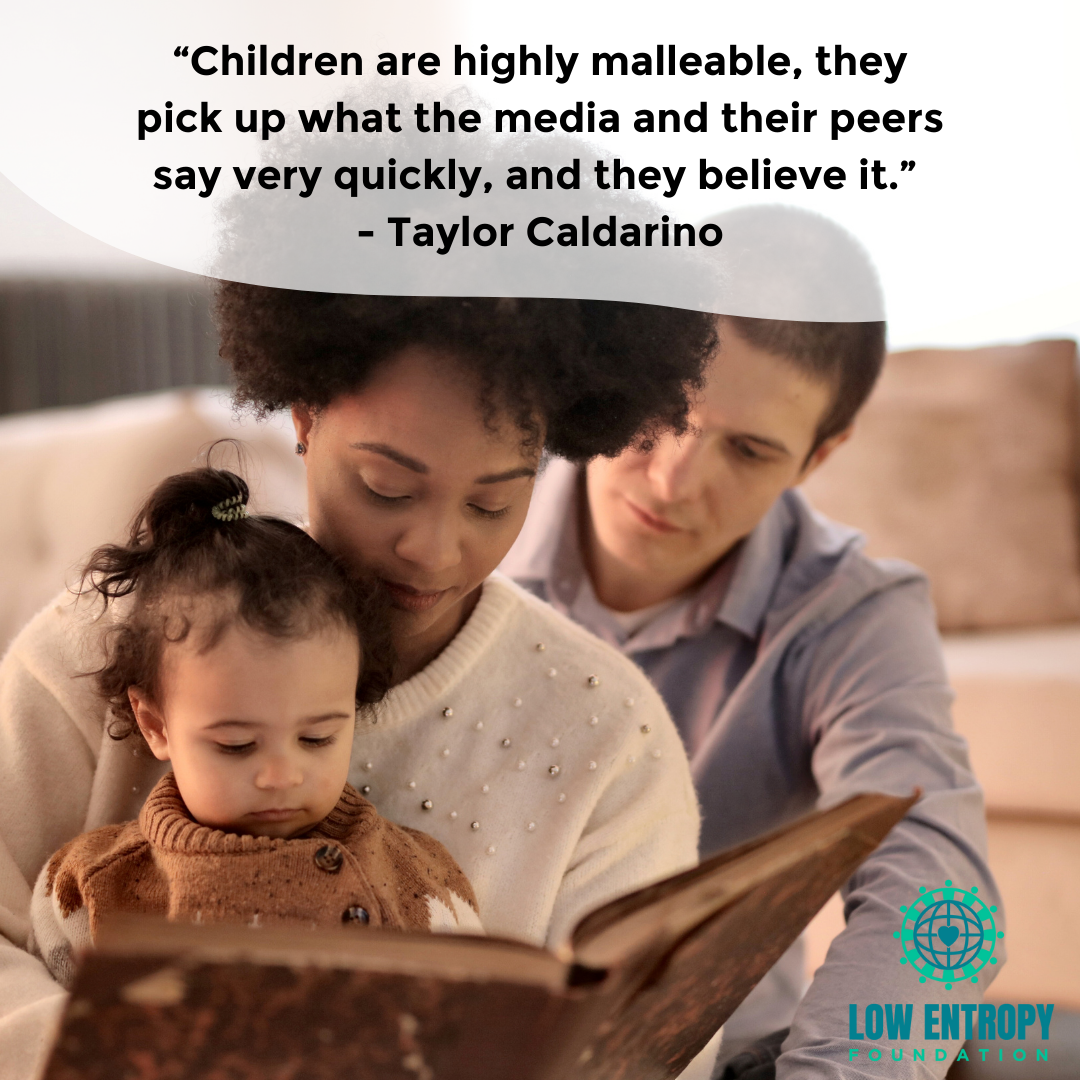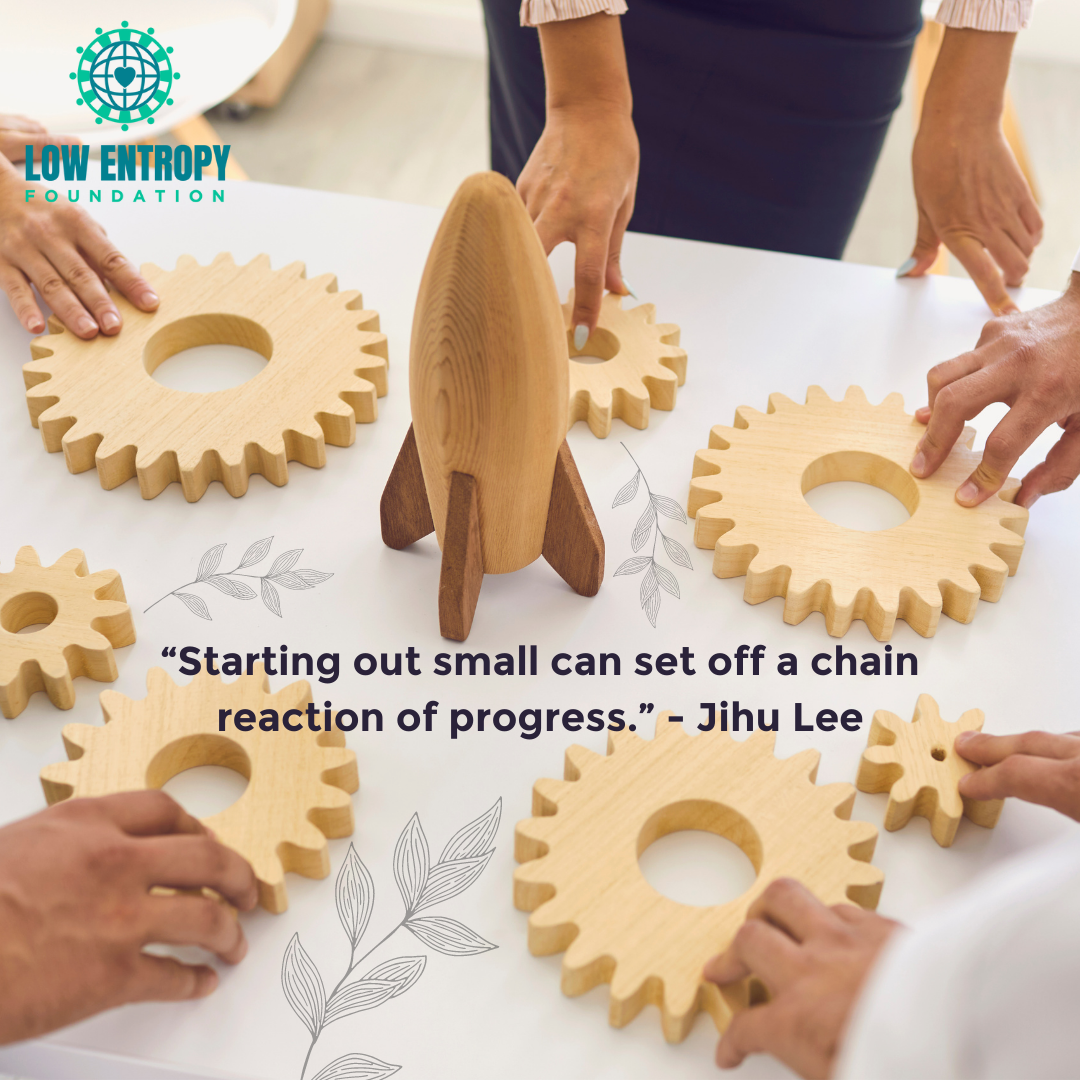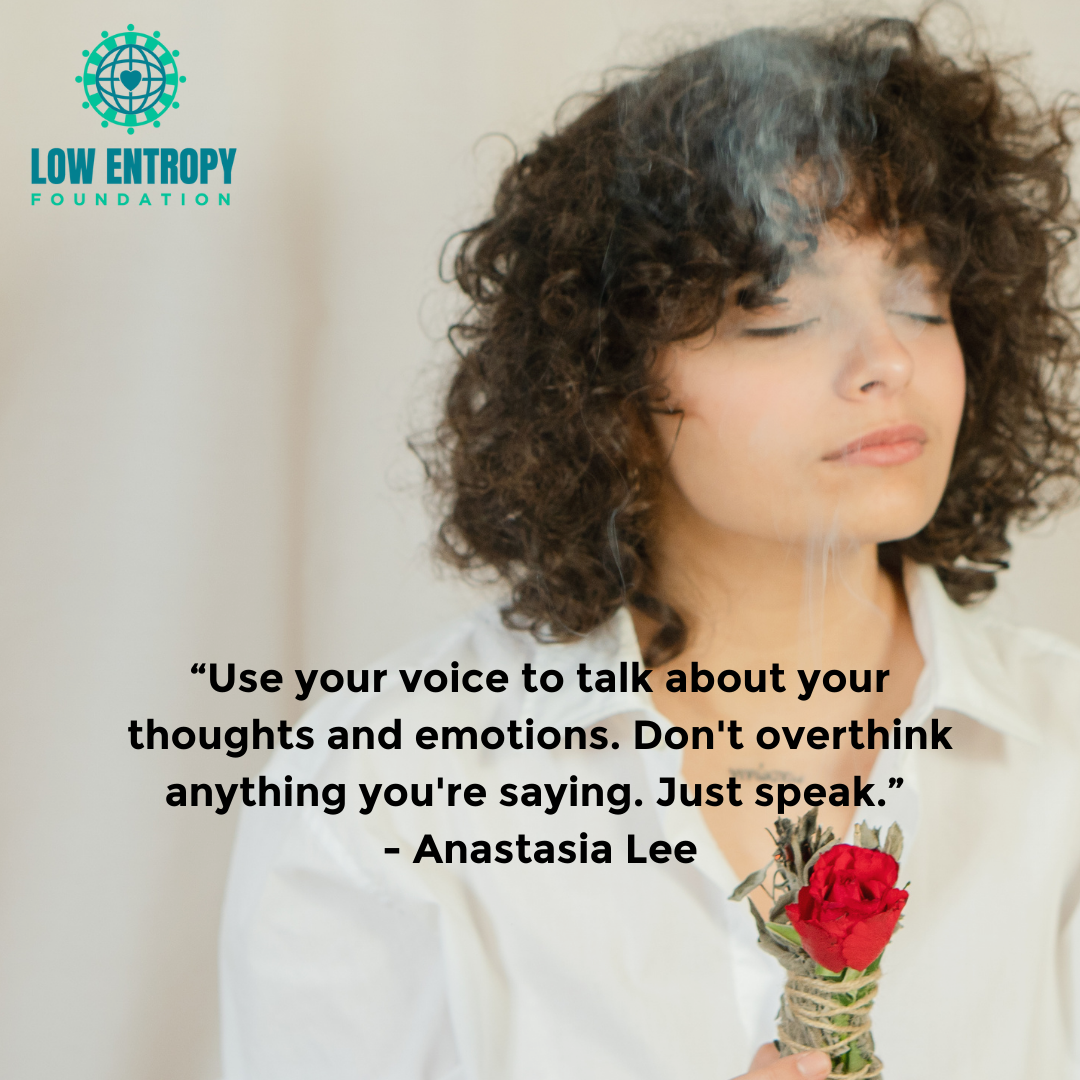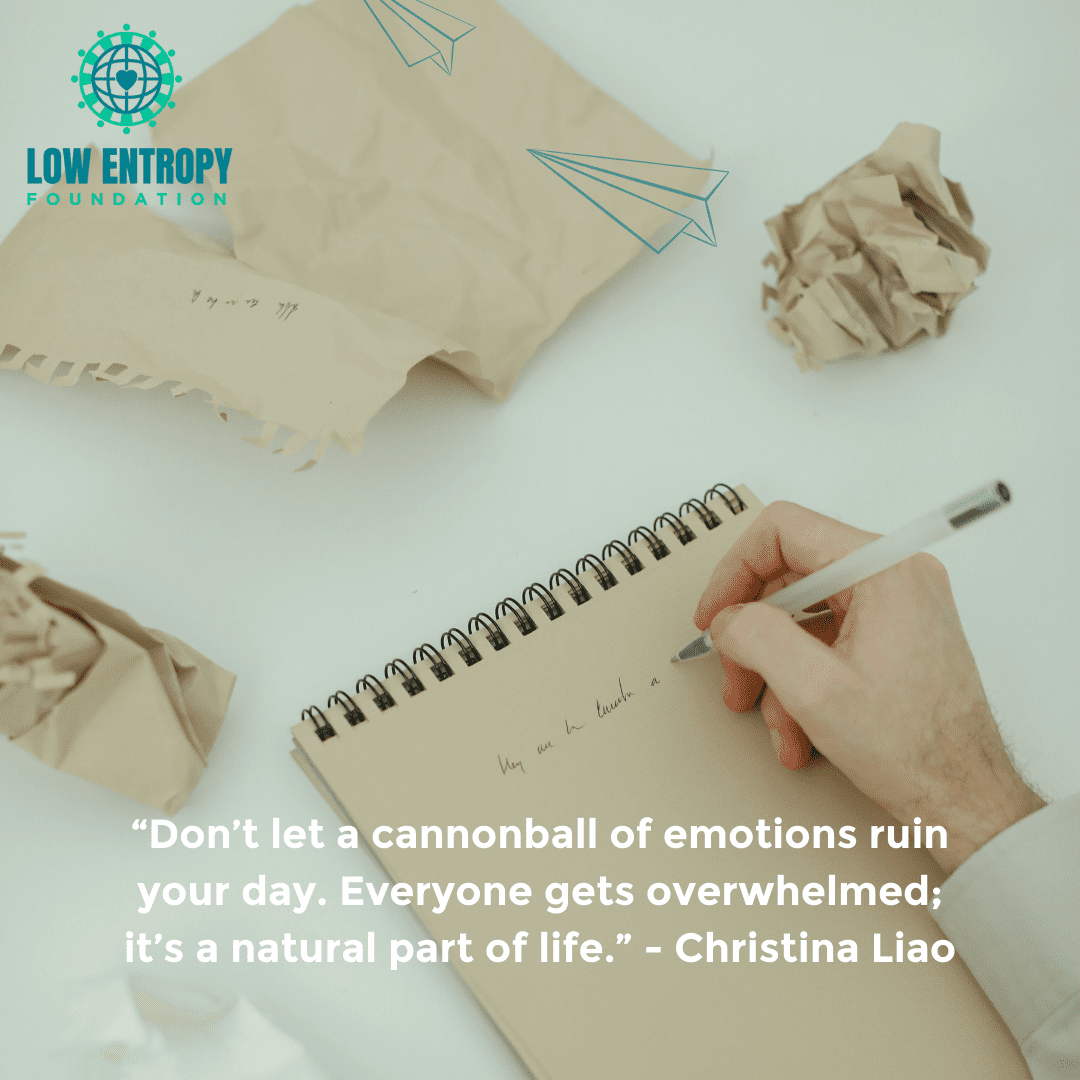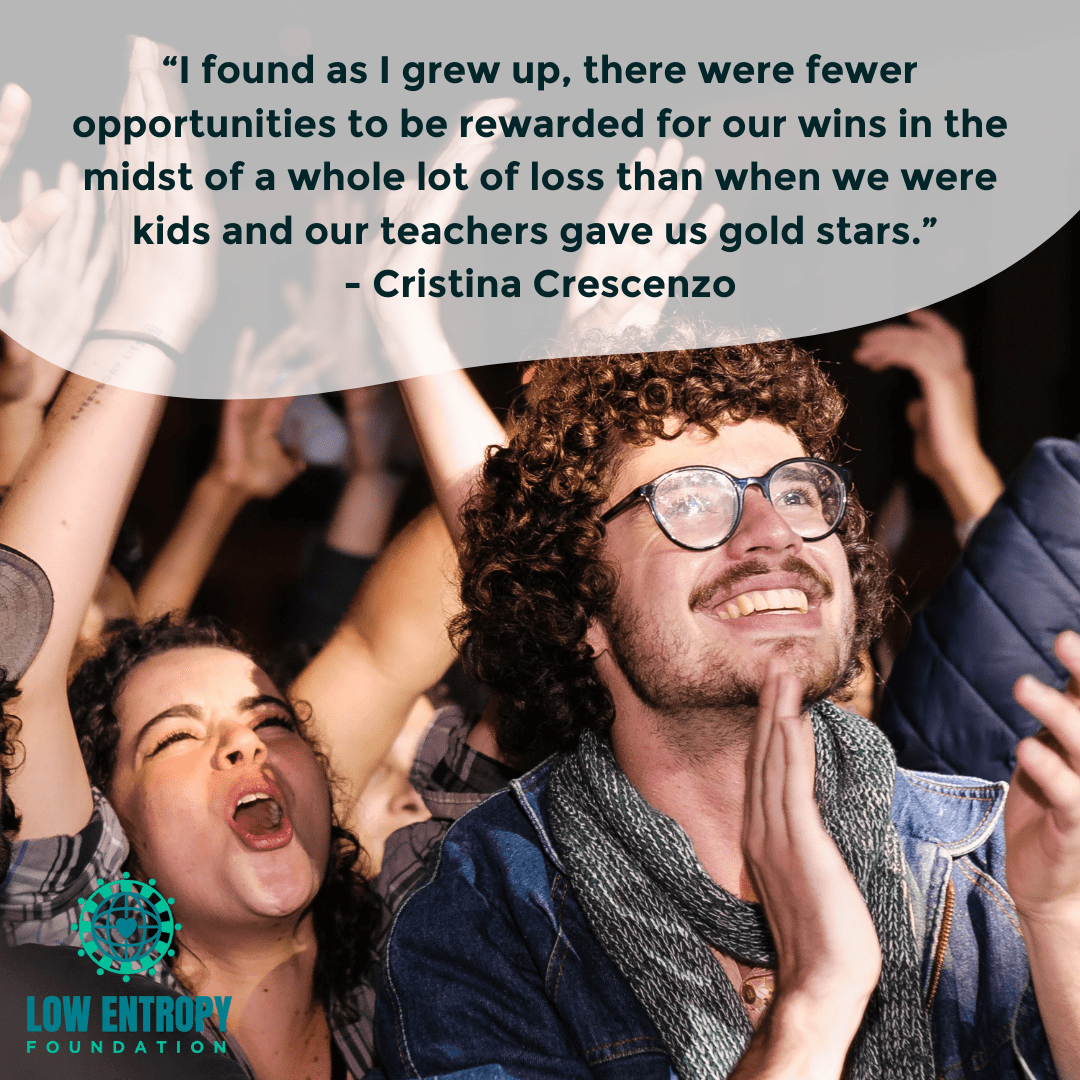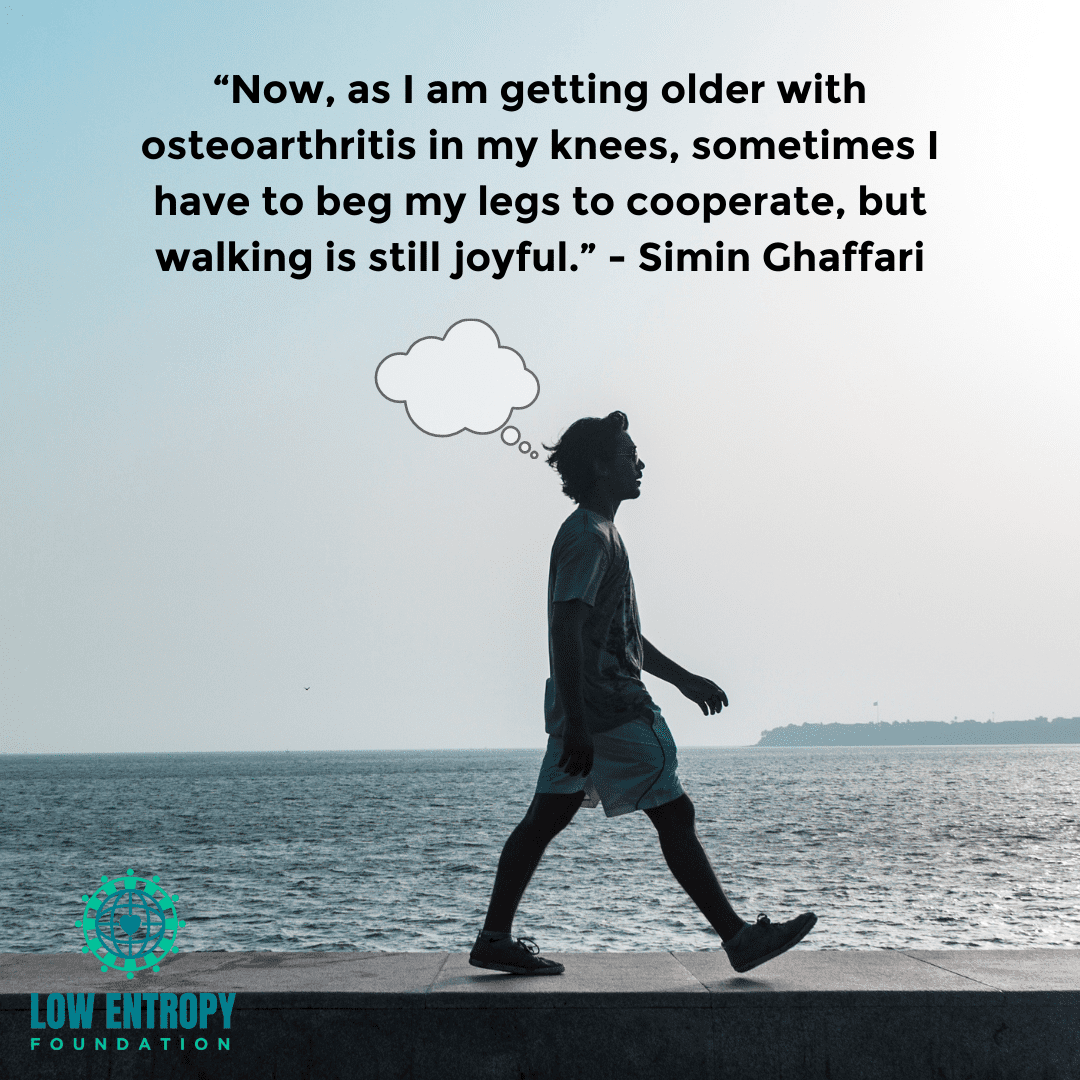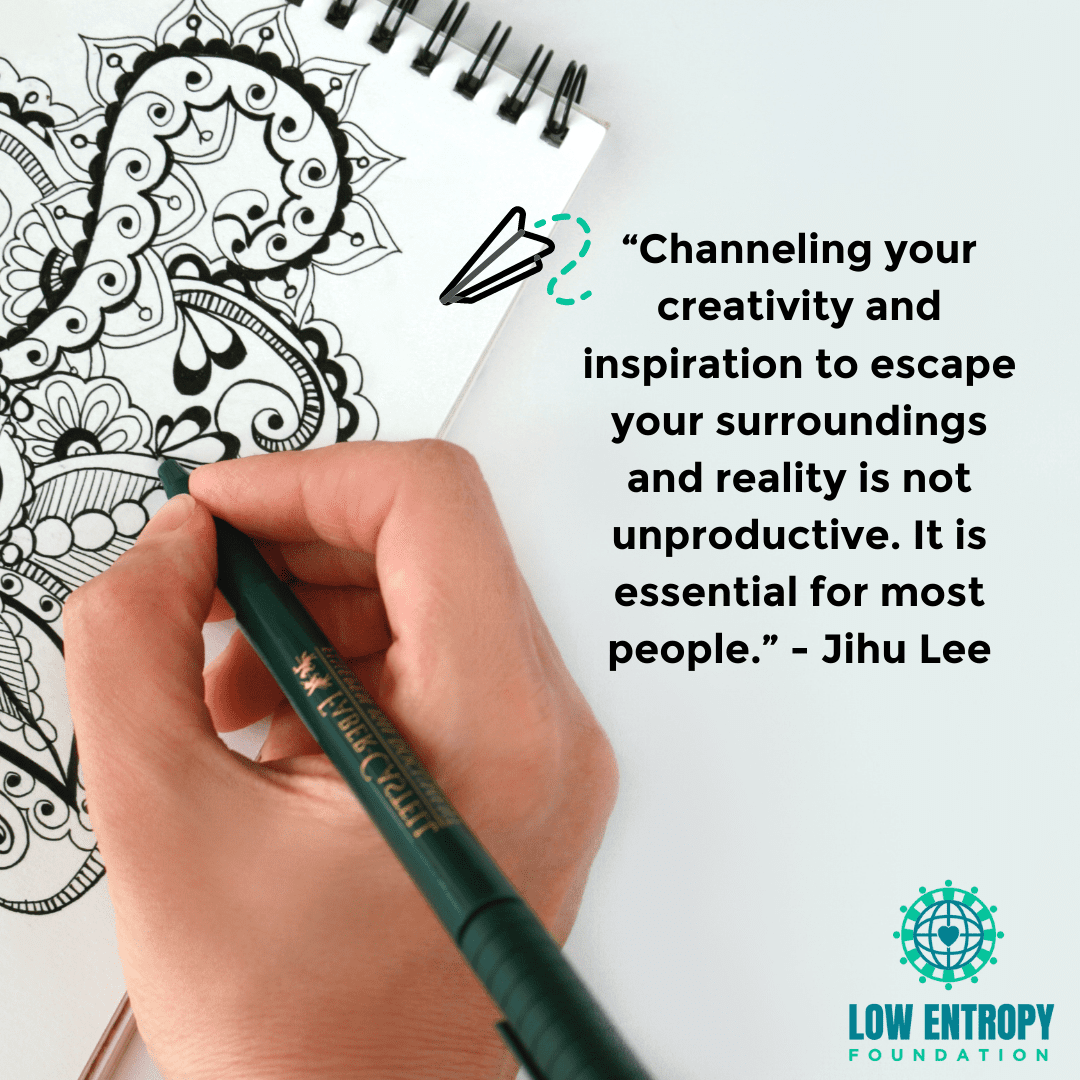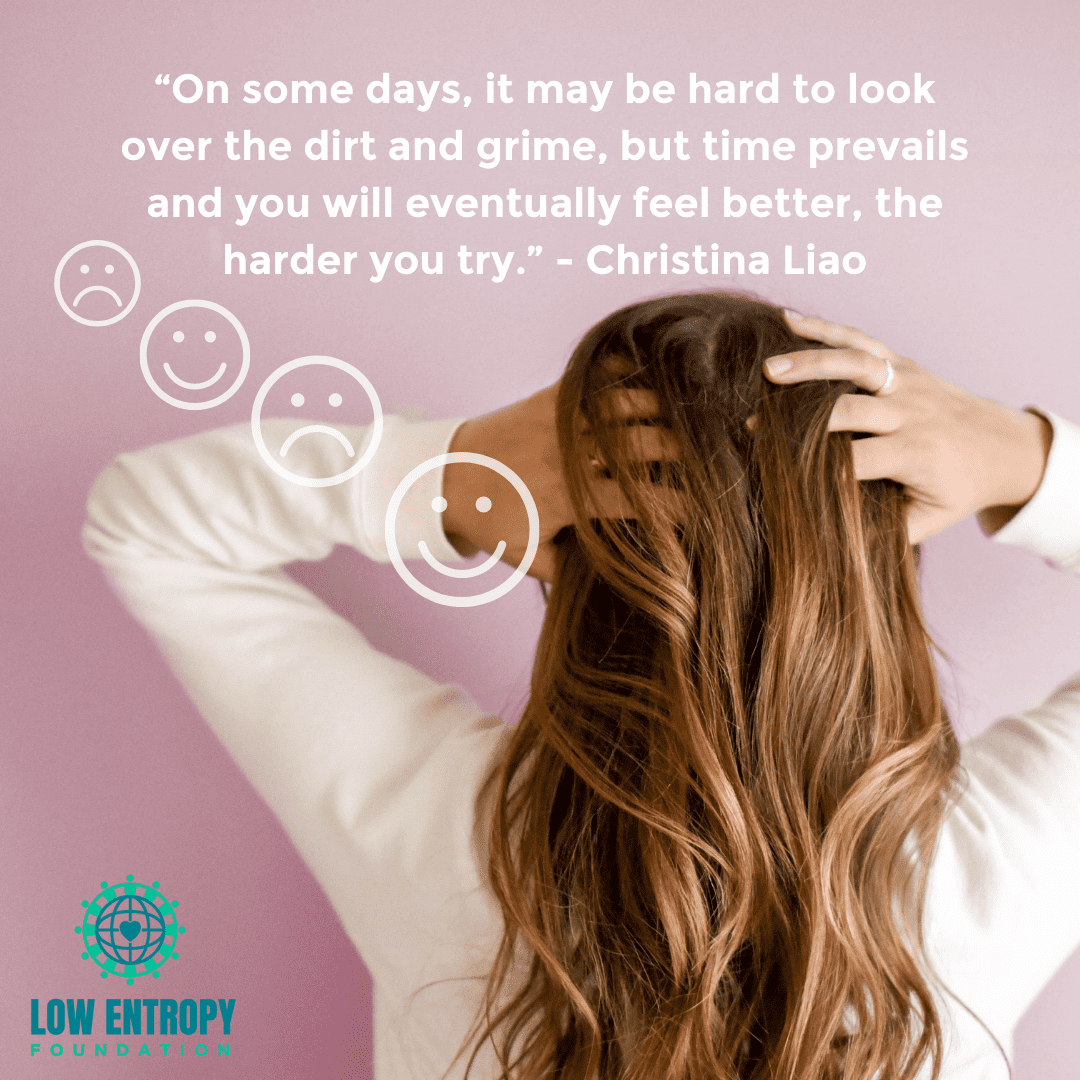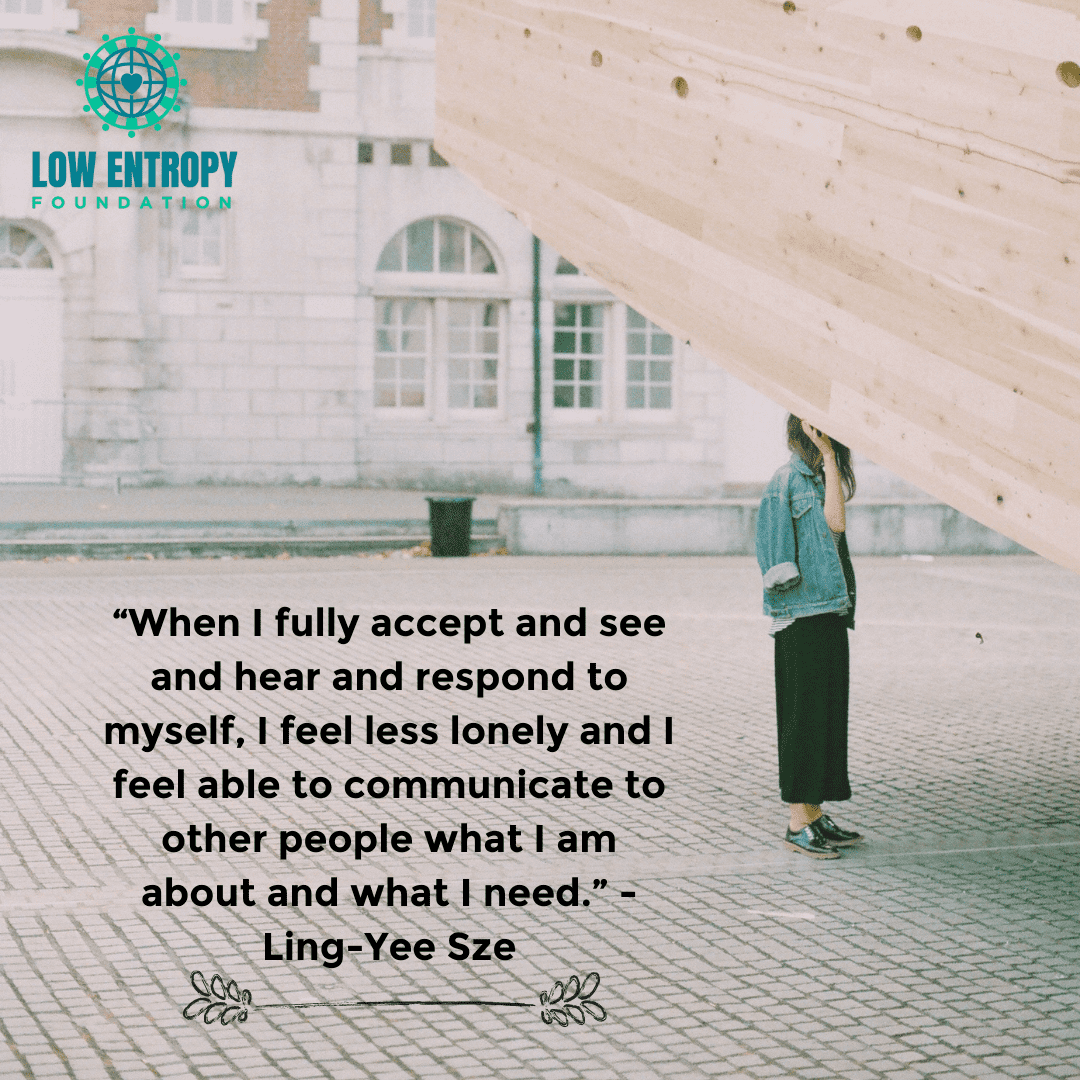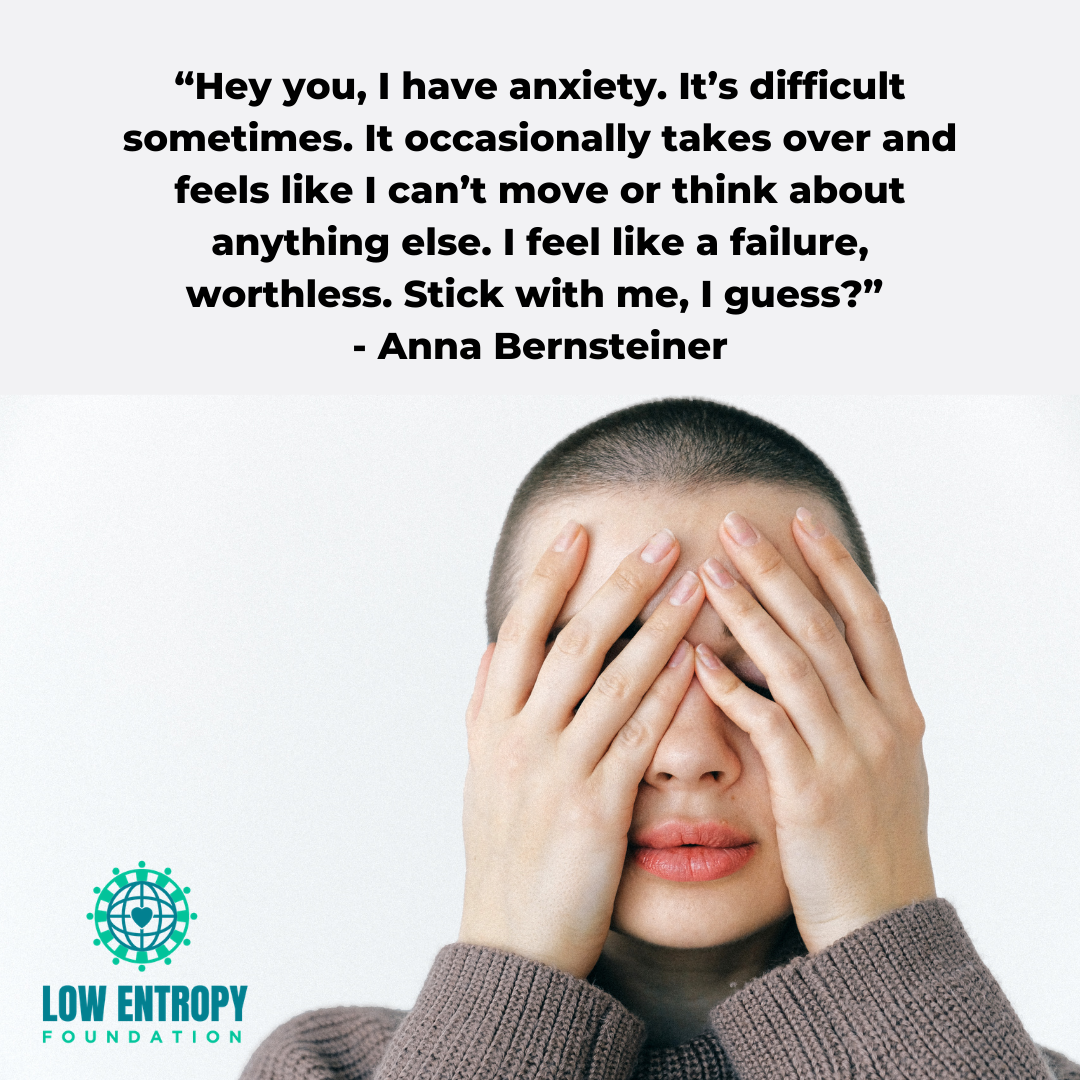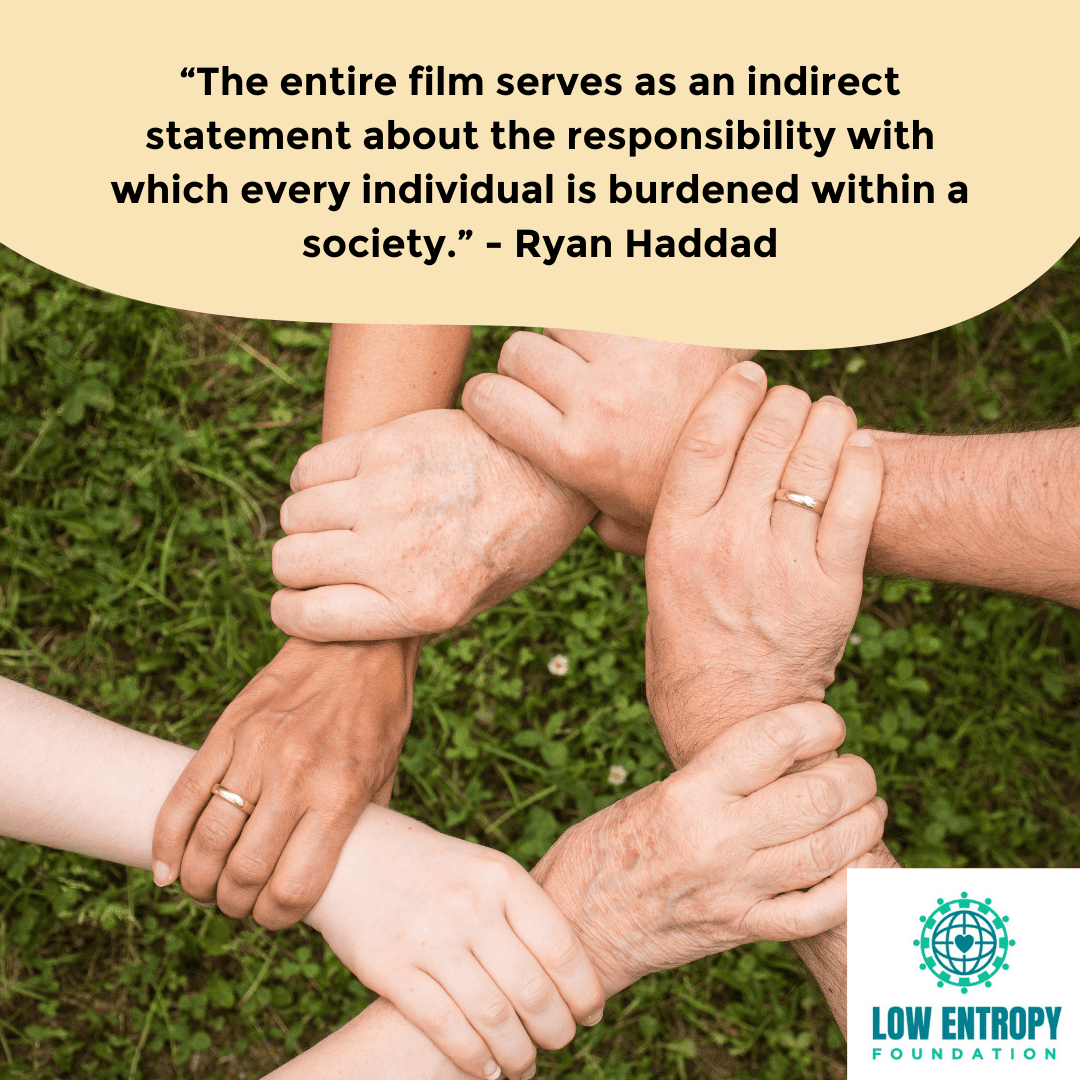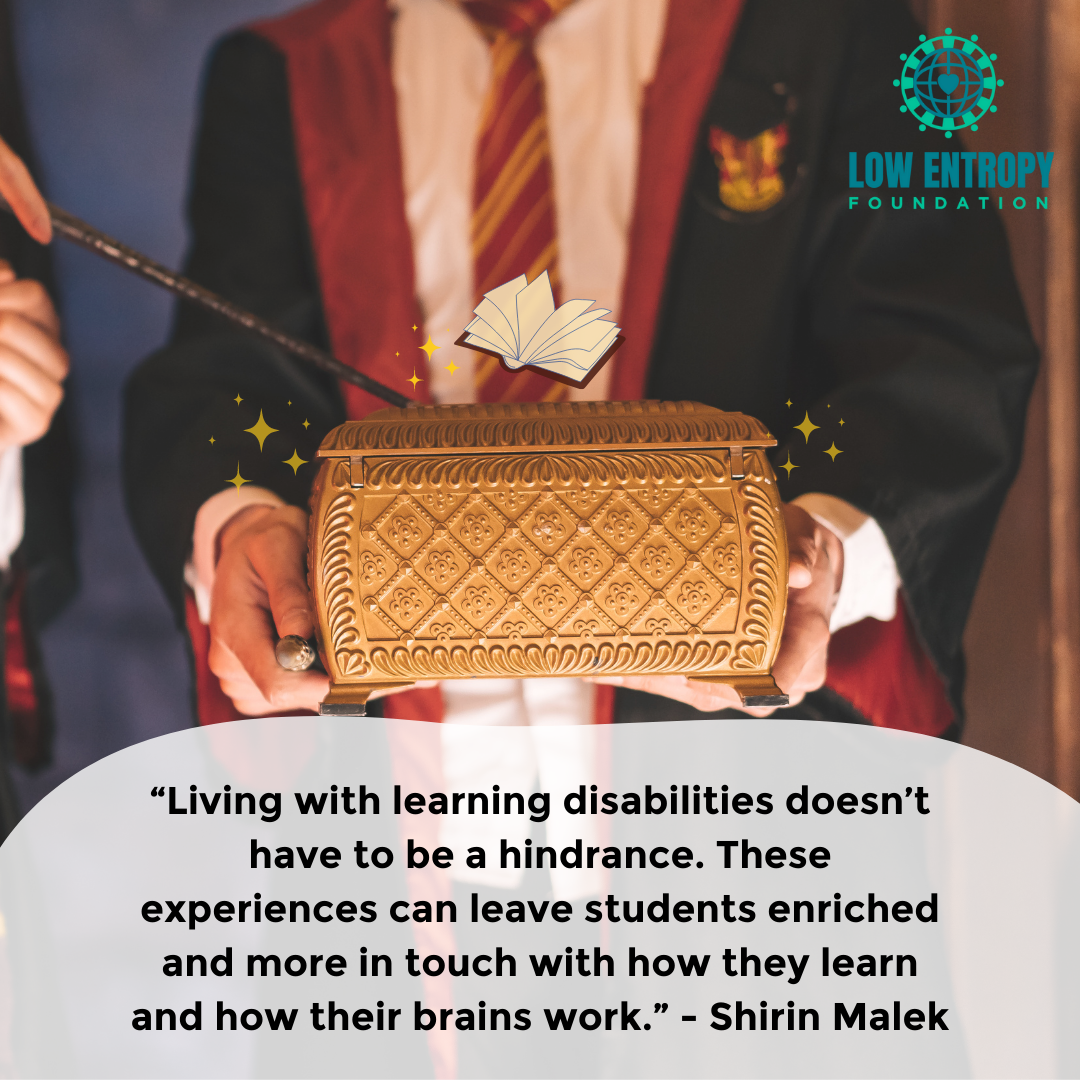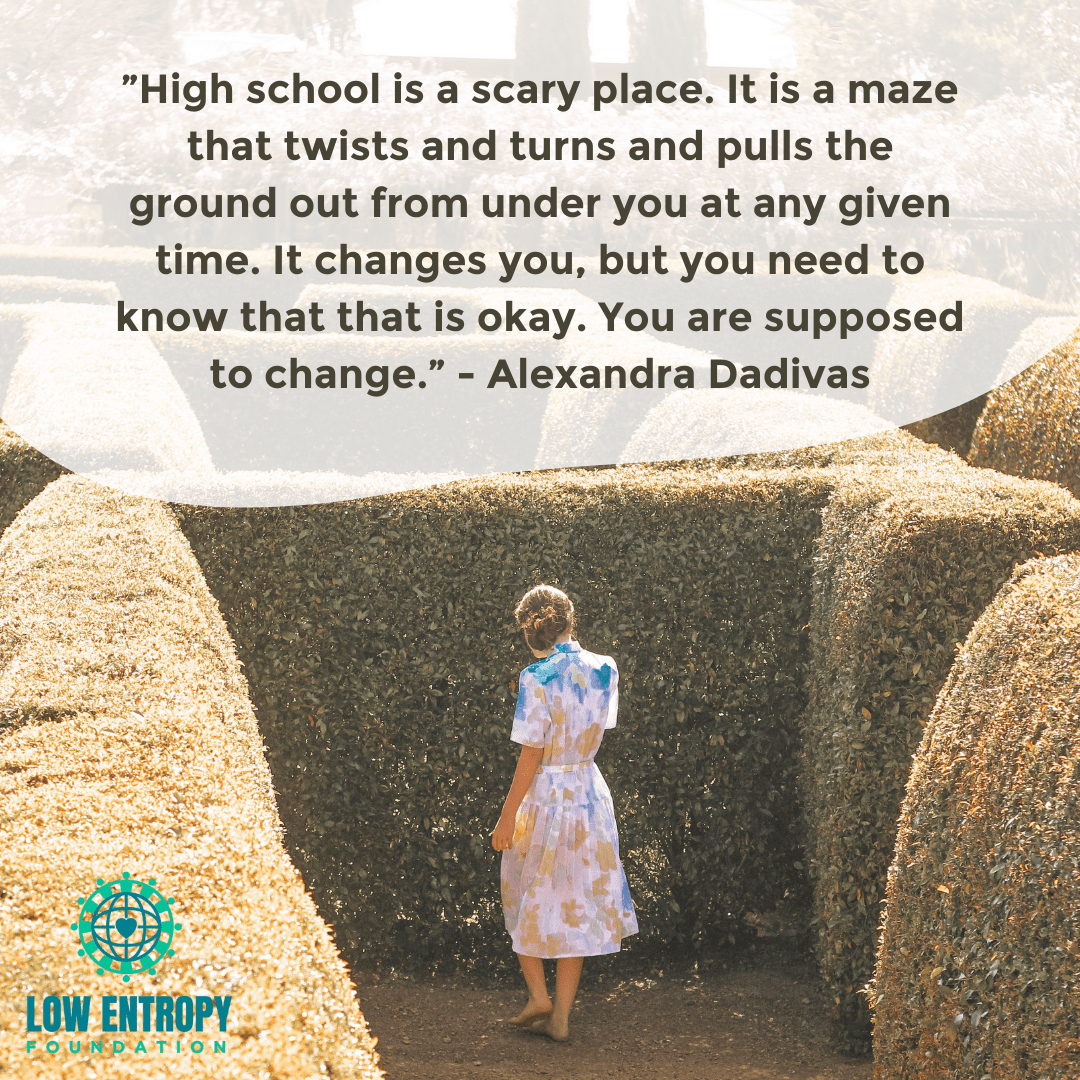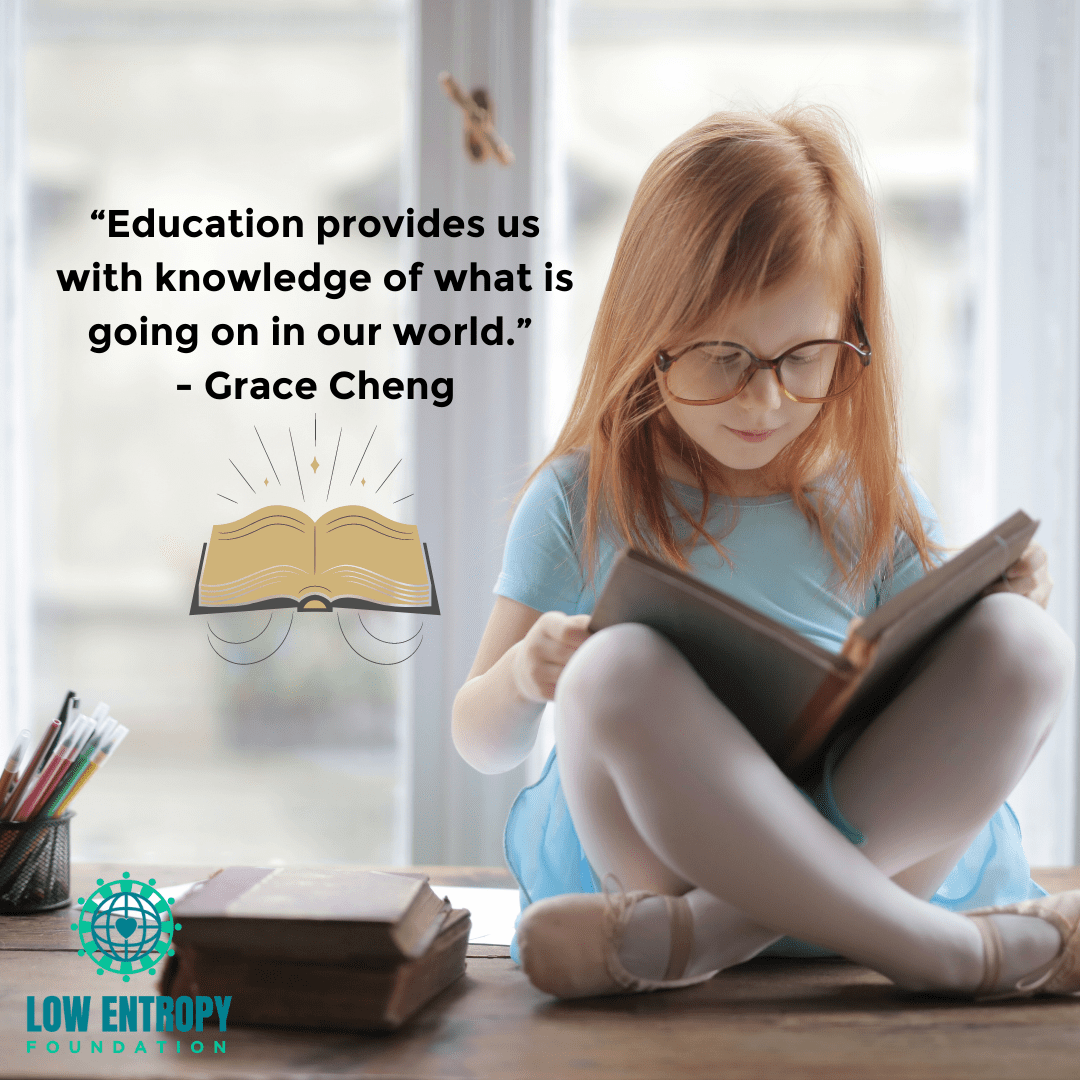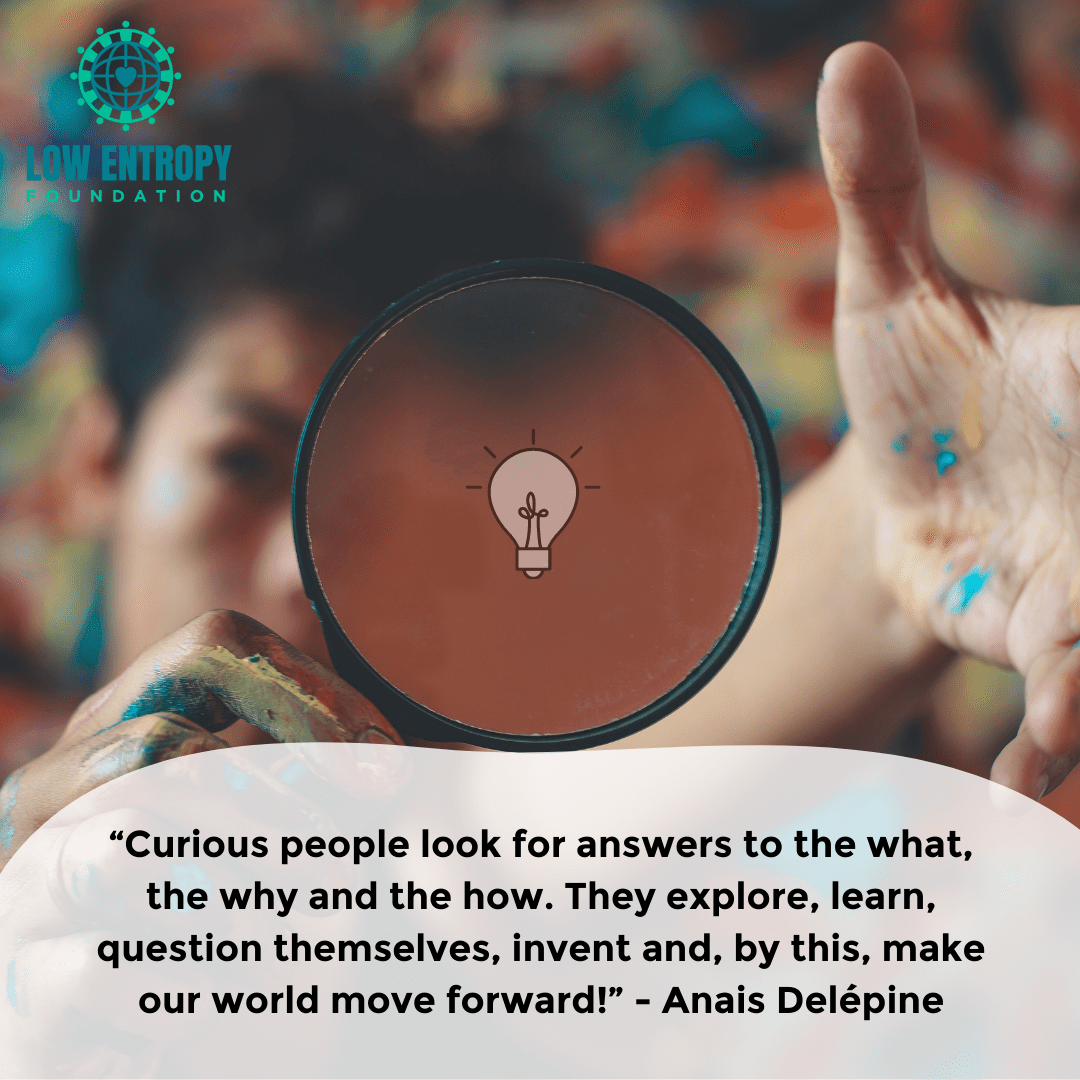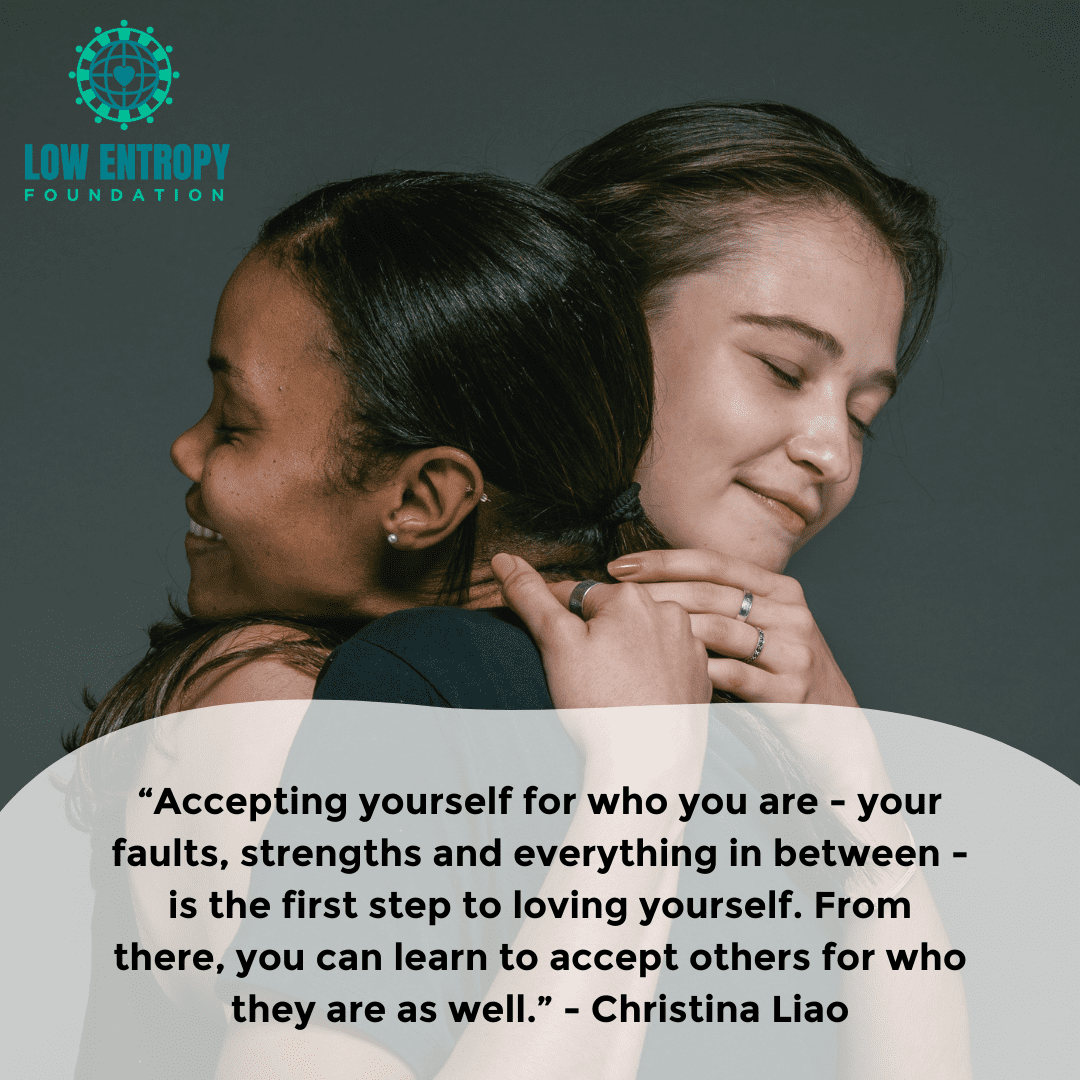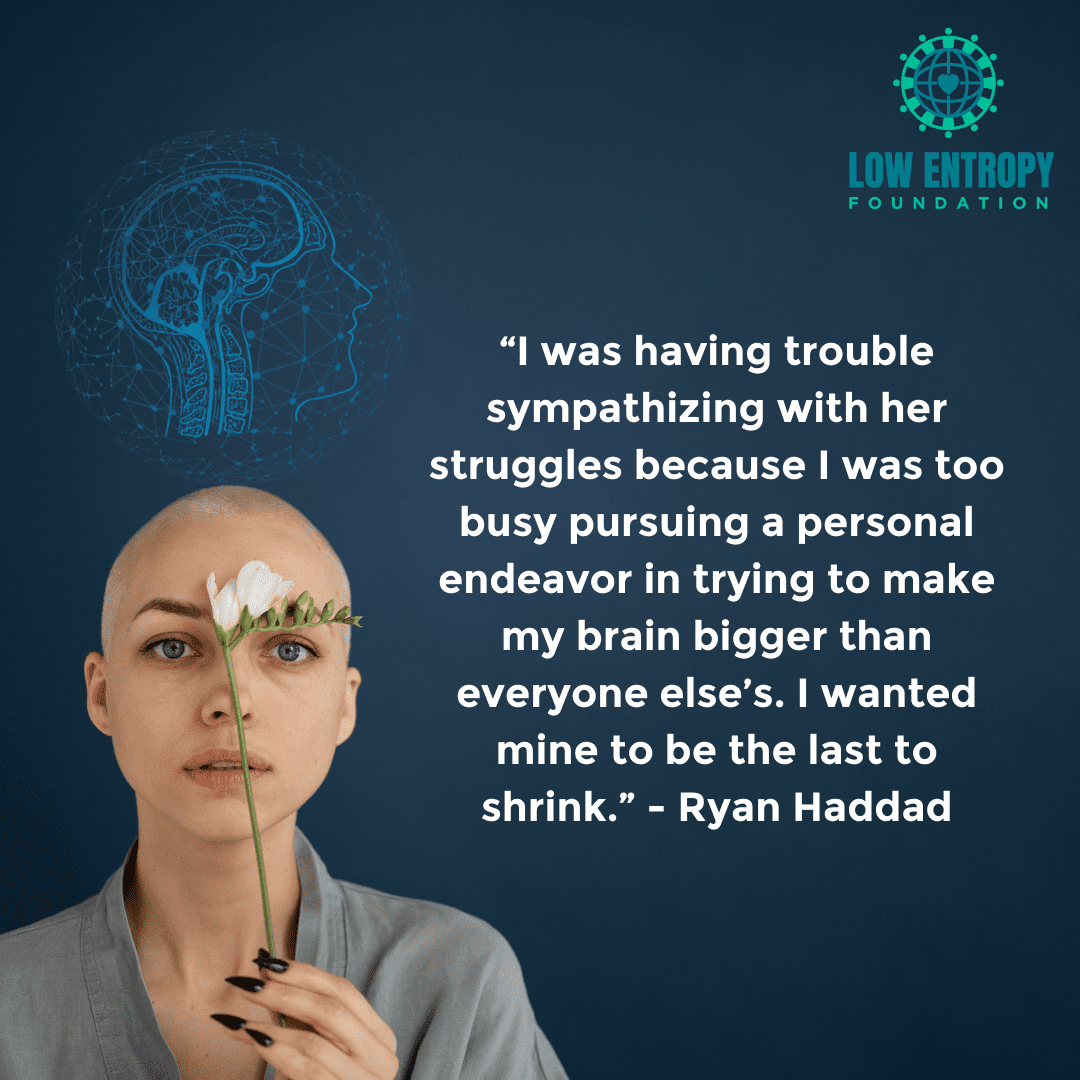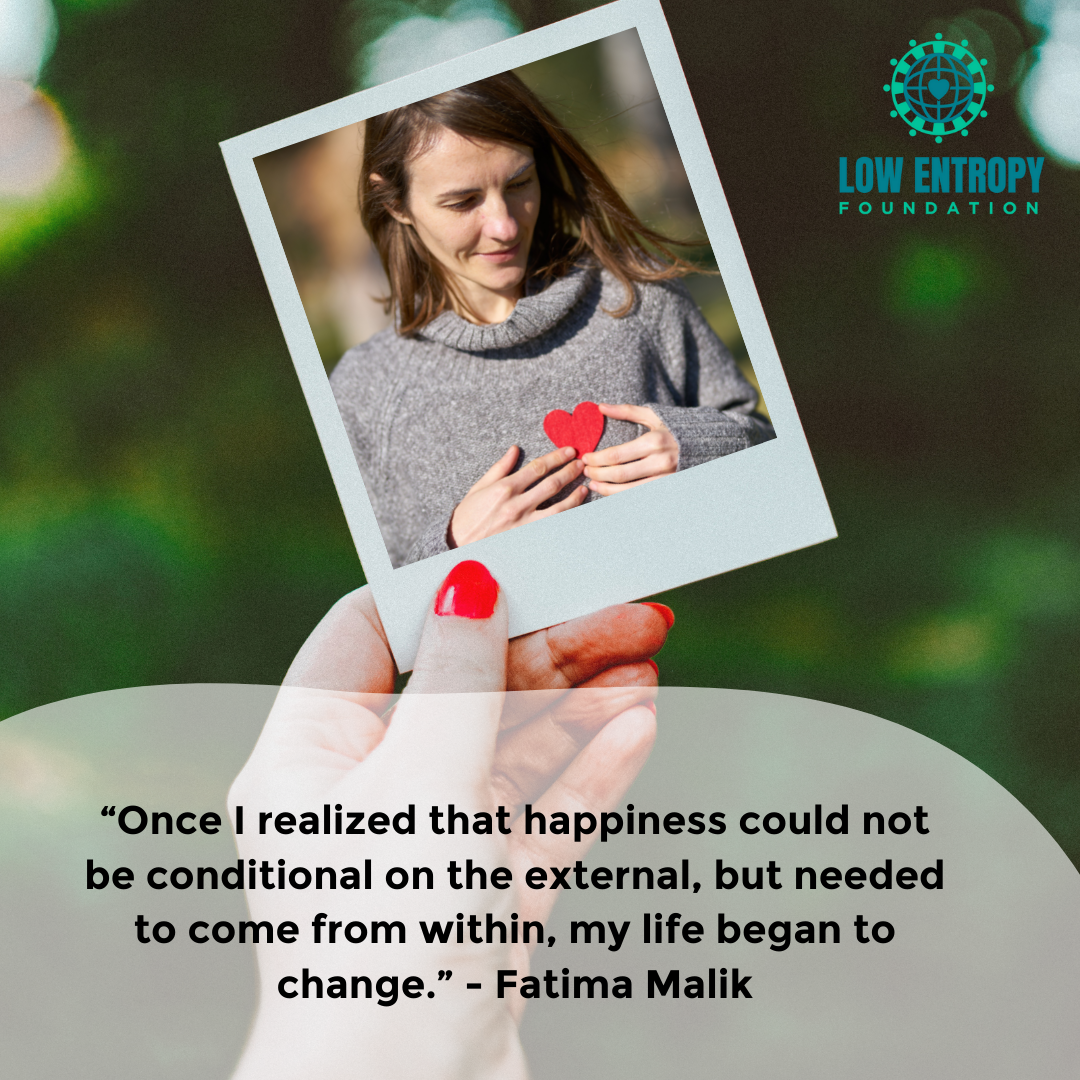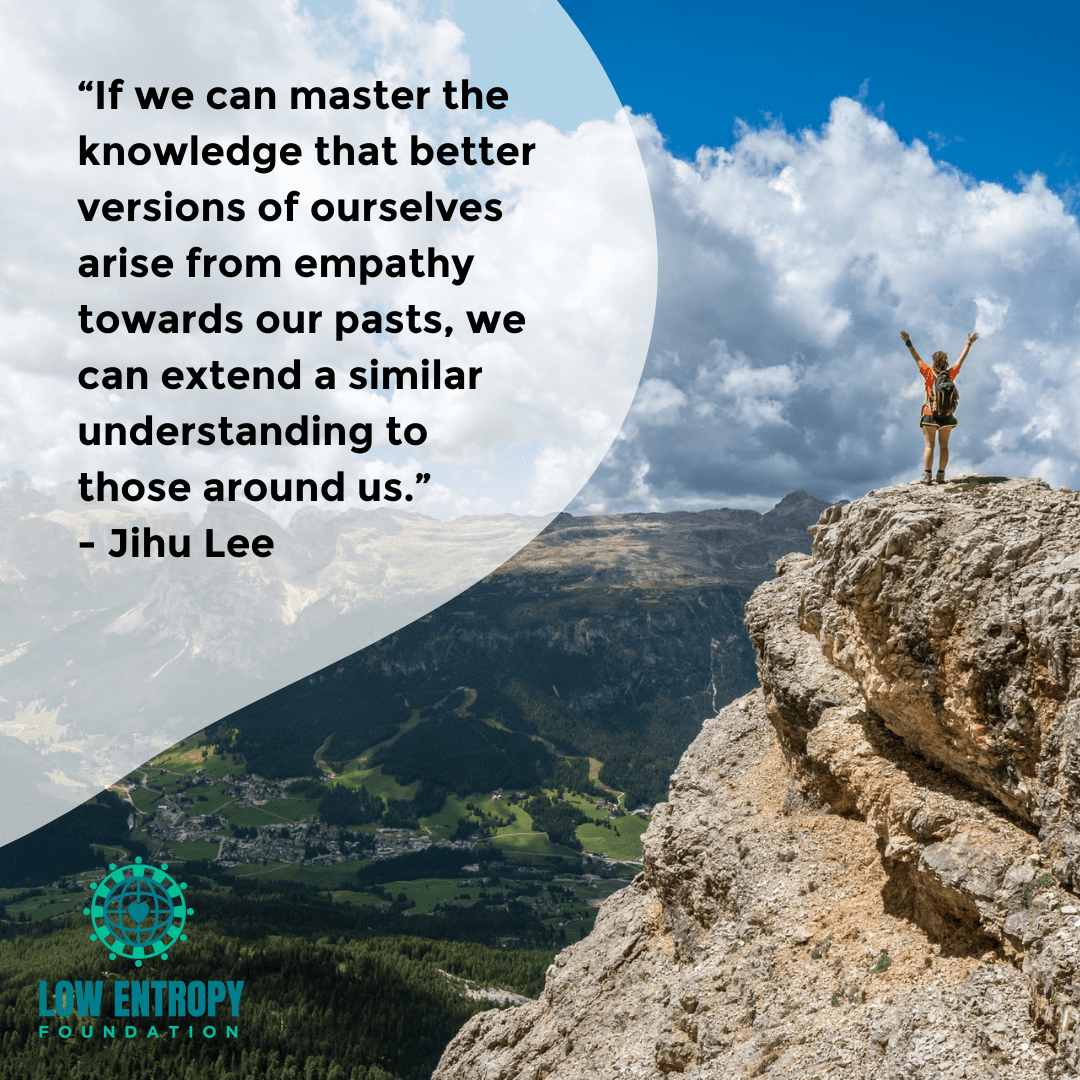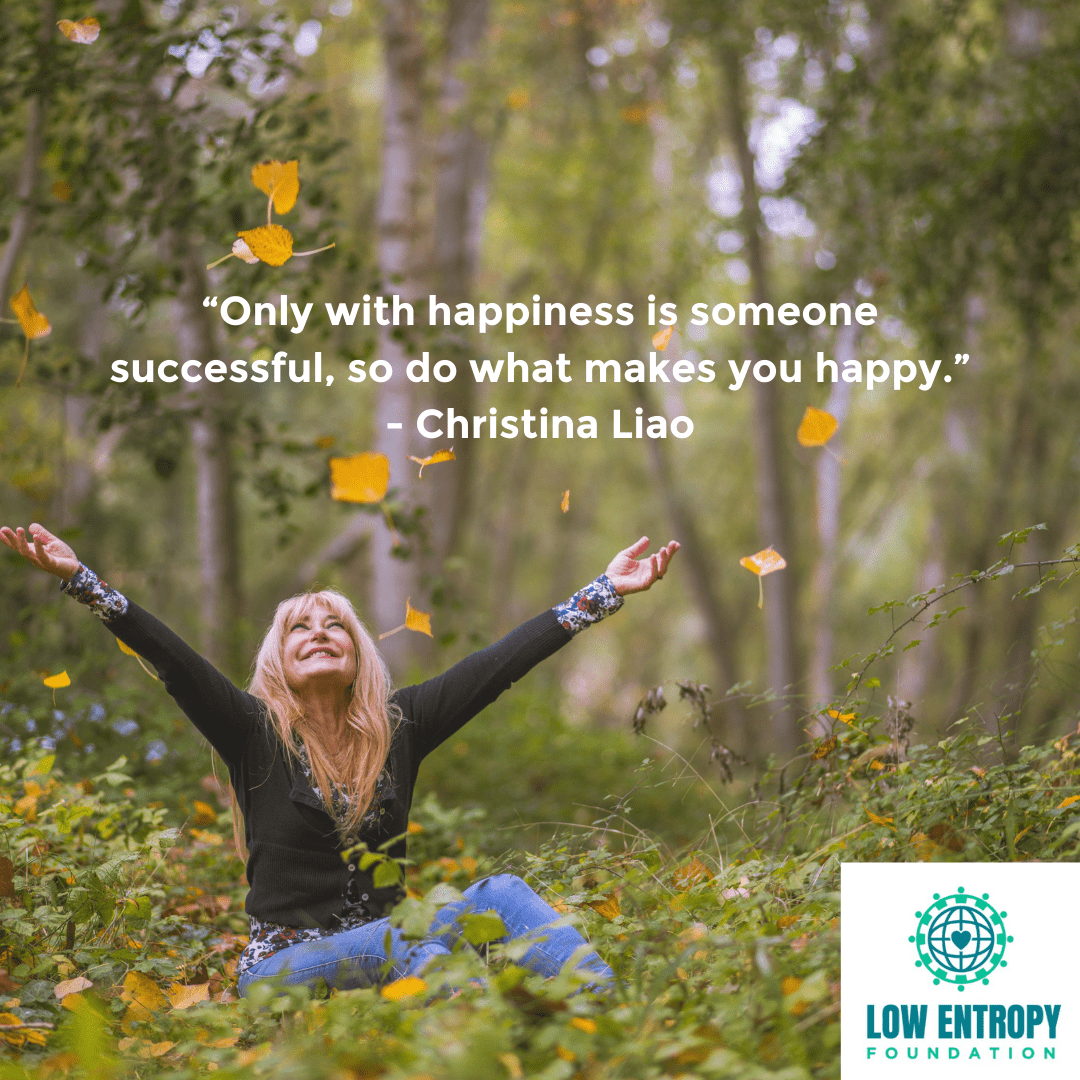Eri Ikezawa (she/her/hers), Low Entropy Volunteer Writer
As they so eloquently tell us, “Life isn’t fair.”
Although this is a cynical take, there’s no denying that life brings its fair share of sorrows, tragedies, upset and challenges — no matter what walk of life we come from. The issues may vary from something as trivial as losing your favourite hoodie to something as heartbreaking as losing your beloved pet. Sometimes, you can’t even precisely discern what’s dragging you down. Nevertheless, whatever strife you may face, everyone is partial to their own methods of rediscovering internal equilibrium.
Personally, I rely on a tried-and-true system that helps me persevere through any obstacles I encounter — regardless of the severity of the matter.
First, it begins with noticing what I perceive as unfavourable feelings — anger, annoyance, frustration, dismay, anguish (this is not to say that these are “bad” feelings that one must eradicate, but they could lead to unfortunate consequences if they aren’t handled with adequate care and attention).
I’m always tempted to ignore or bottle up those emotions and delay acknowledging them for another day, allowing them to simmer dangerously close to boiling point — initially, it seems like the easiest, safest solution. But while it is not always the most pleasant experience singling out these feelings (seeing as how they can cause us to acknowledge negative sentiments directed towards someone whom we love or force us to face our own failures and mistakes), it is undoubtedly necessary.
And so, I’ve realized that labelling the emotions which catalyze me to feel out of sorts is the best way to begin searching for a productive solution.
Second, once I’ve comfortably ascertained what is causing me turmoil and why, I usually enter a period of time where I need to process the situation and the feelings it incites.
This stage is usually what takes me the longest. Formerly, it would cause me great distress, with me berating myself for not “getting over it” right away. Now I’ve come to the realization that, as long as I don’t stagnate in a period of wallowing, it is okay to take as much time as the situation warrants (and as much time as I need).
Converging with the aforementioned point, I also find it vital to remind myself that I mustn’t do myself the disservice of acting as though I’m fine when I’m not, and that I shouldn’t feel guilty for not always advancing at the same speed as someone else — that is to say, we don’t all emote or process the same way as those around us.
Once I have taken my time to process everything, I eventually come to a place where I am prepared to take concrete steps towards resolution.
Obviously, activities to alleviate stress and other emotional turmoil differ from individual to individual, but generally speaking, I find what brings me solace are often applicable across the board, to some degree. I find meditation, journaling, spending time outside and listening to music helps me relax and ease tension, but it is therapy and talking to my treasured confidantes that really pave the path for future resolution. Accumulating a wealth of well-intentioned advice from people who truly love me, combined with the professional advice of a therapist, provides me with a stable platform for me to step onto — and from there, I follow my own instincts to concoct a solution for whatever matter is at hand.
I do recognize that everyone’s life circumstances vary — sometimes, people aren’t surrounded by uplifting individuals, or don’t have access to pricy resources. In those cases, people could observe the immediate stimuli causing them detriment — whether it be toxic friends, relationships, workplaces or family — and take steps to put distance between themselves and the situation or remove themselves from it.
But everything is easier said than done. It takes great personal strength and commitment, while trudging through the molasses of long, tedious days when you feel bogged down, to see the light. So, what I do is figuratively spotlight and celebrate every minor personal accomplishment during the harrowing dark of trying times.
I congratulate myself for knowing when it is time to relax instead of grinding so hard that I forget to eat or sleep well. I pat myself on the back for taking the long route home when walking my dog to spend a couple extra minutes in the outdoors. I acknowledge that five minutes of successful meditation is better than nothing.
It may seem miniscule in the moment, but sometimes, a small reminder that not everything we do is a hopeless shot in the dark is enough to get us to the end of the tunnel.
—
My name is Eri Ikezawa and I have an extended minor in psychology and a major in linguistics. I’m still on the path to quelling questions about myself and the direction I want to head in, but in the meantime, I have always wanted to find a way to help others and contribute to a community dedicated to personal development and self-love.







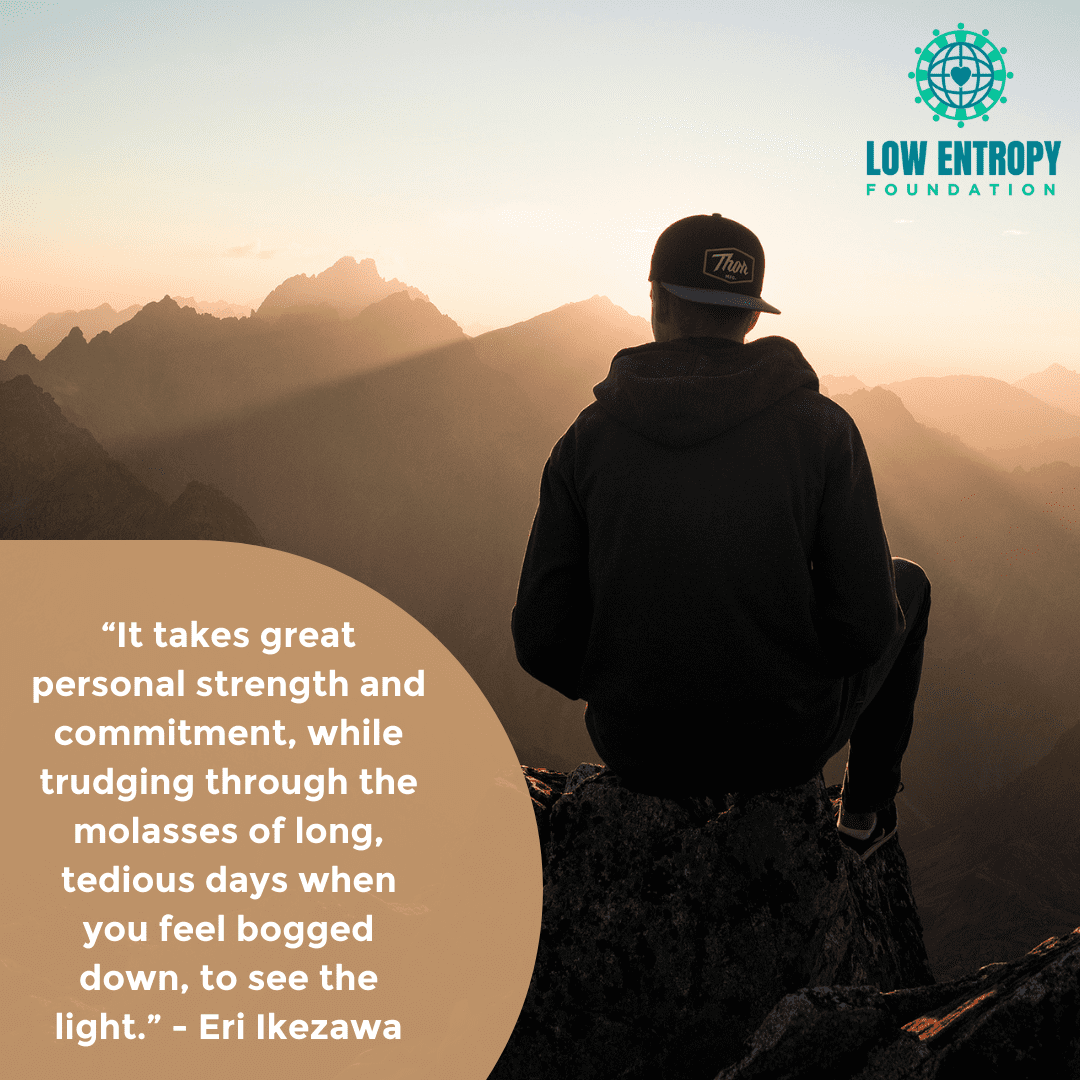
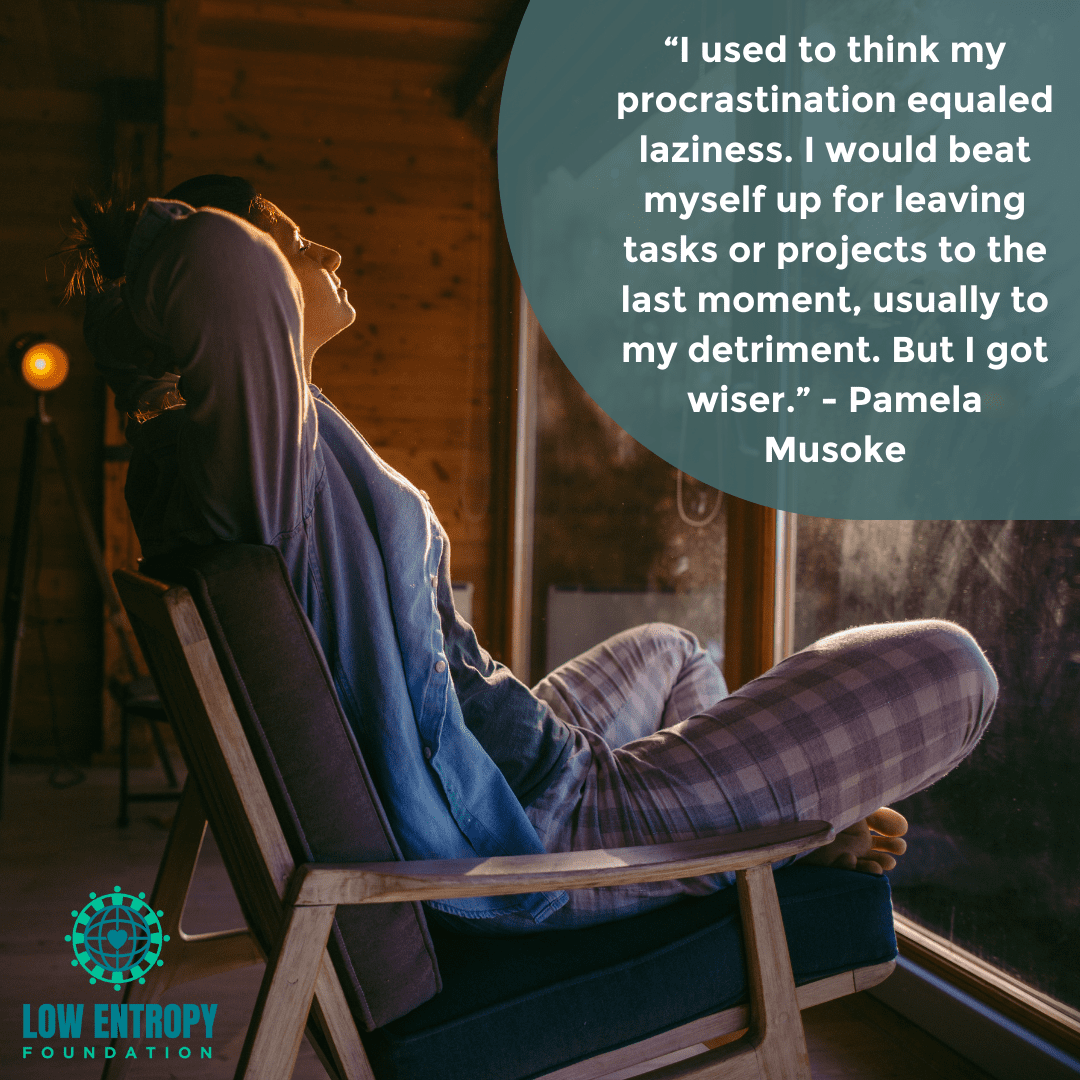
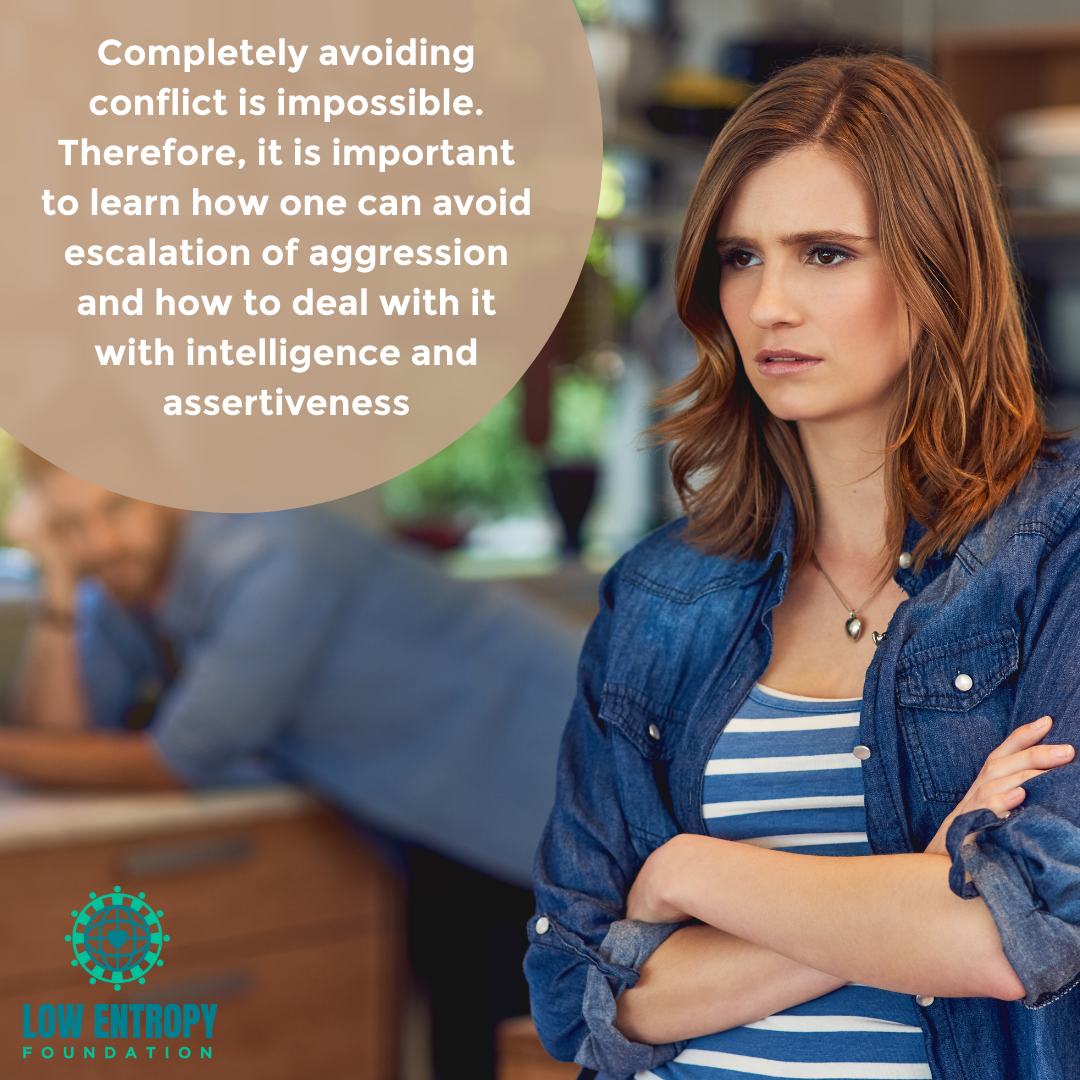
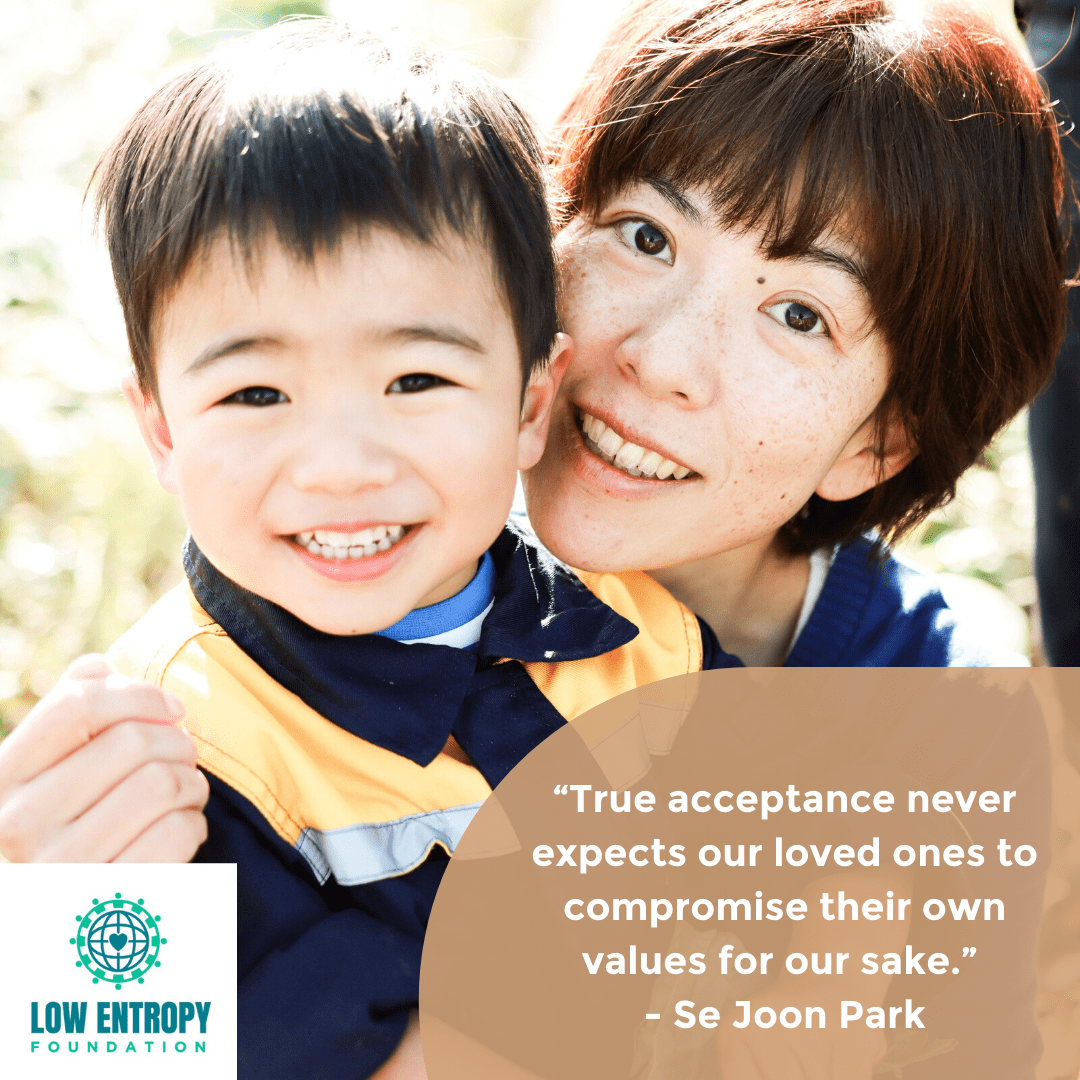
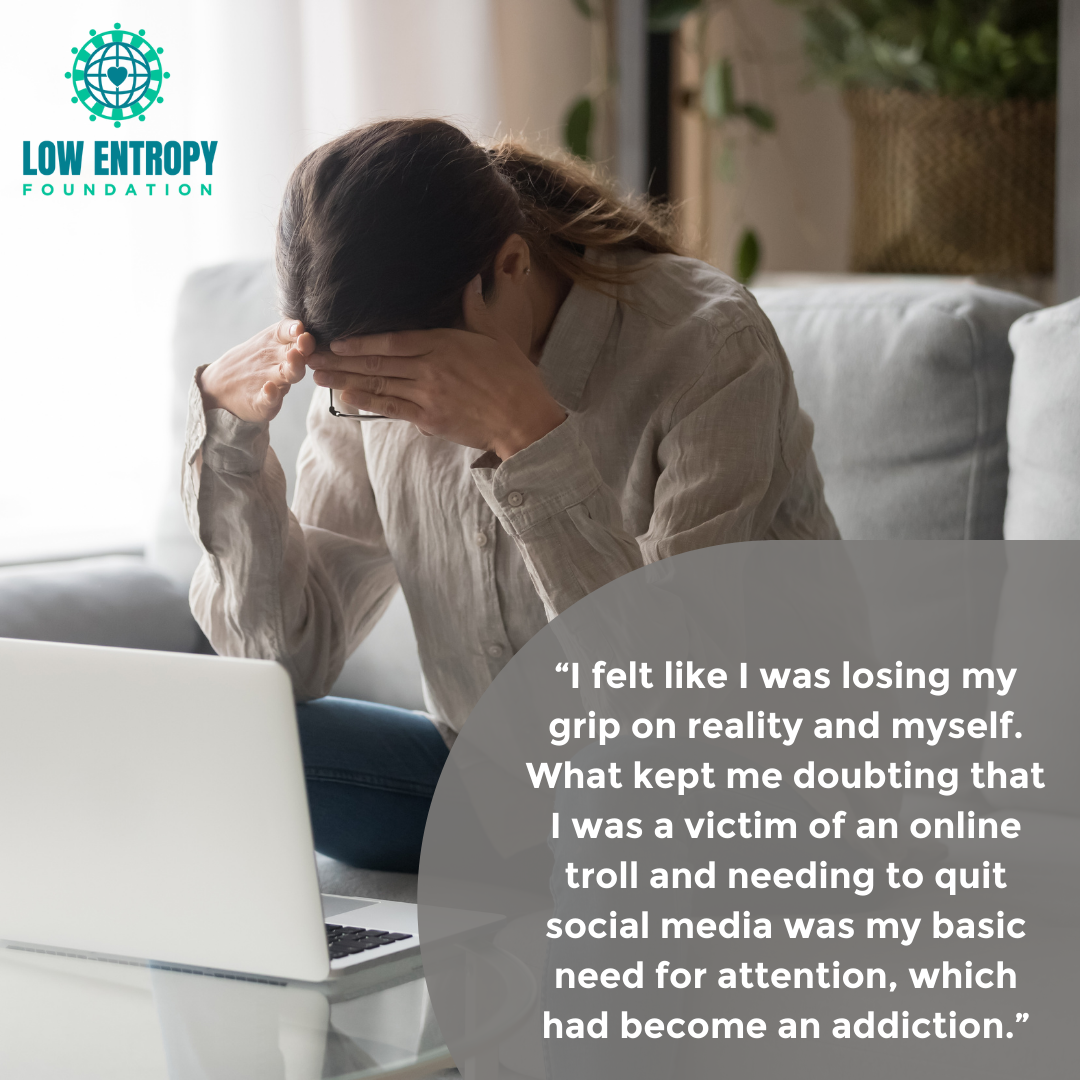
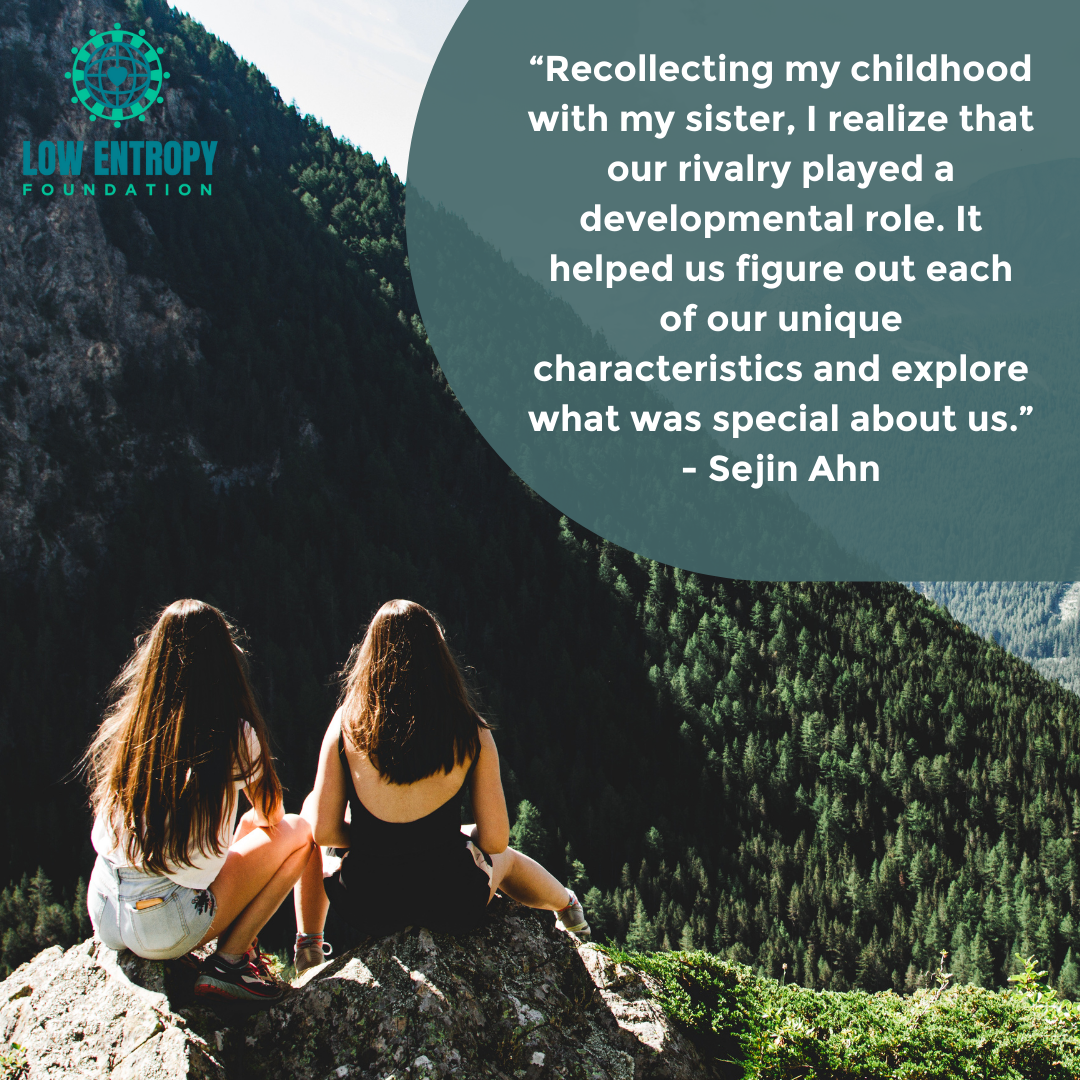
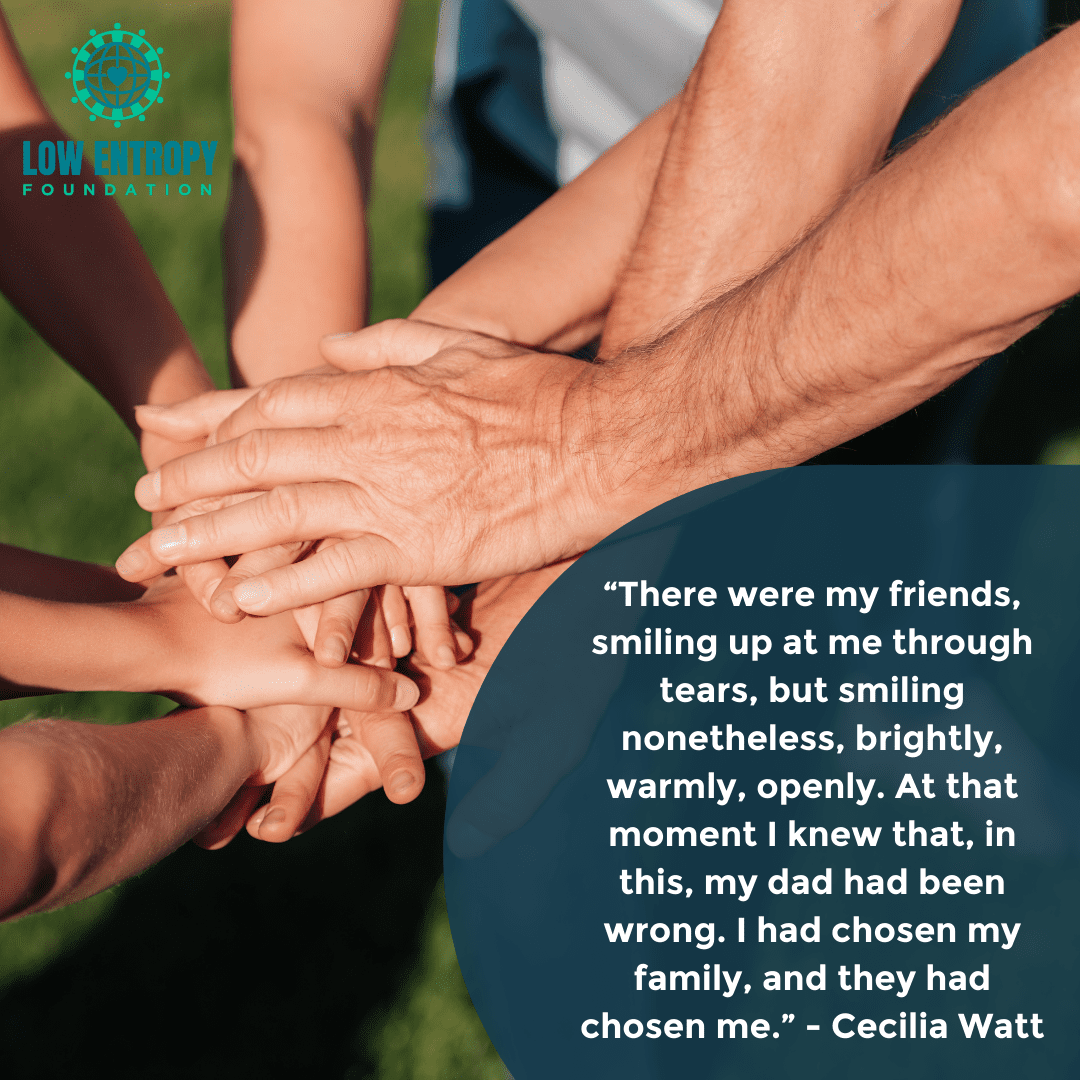
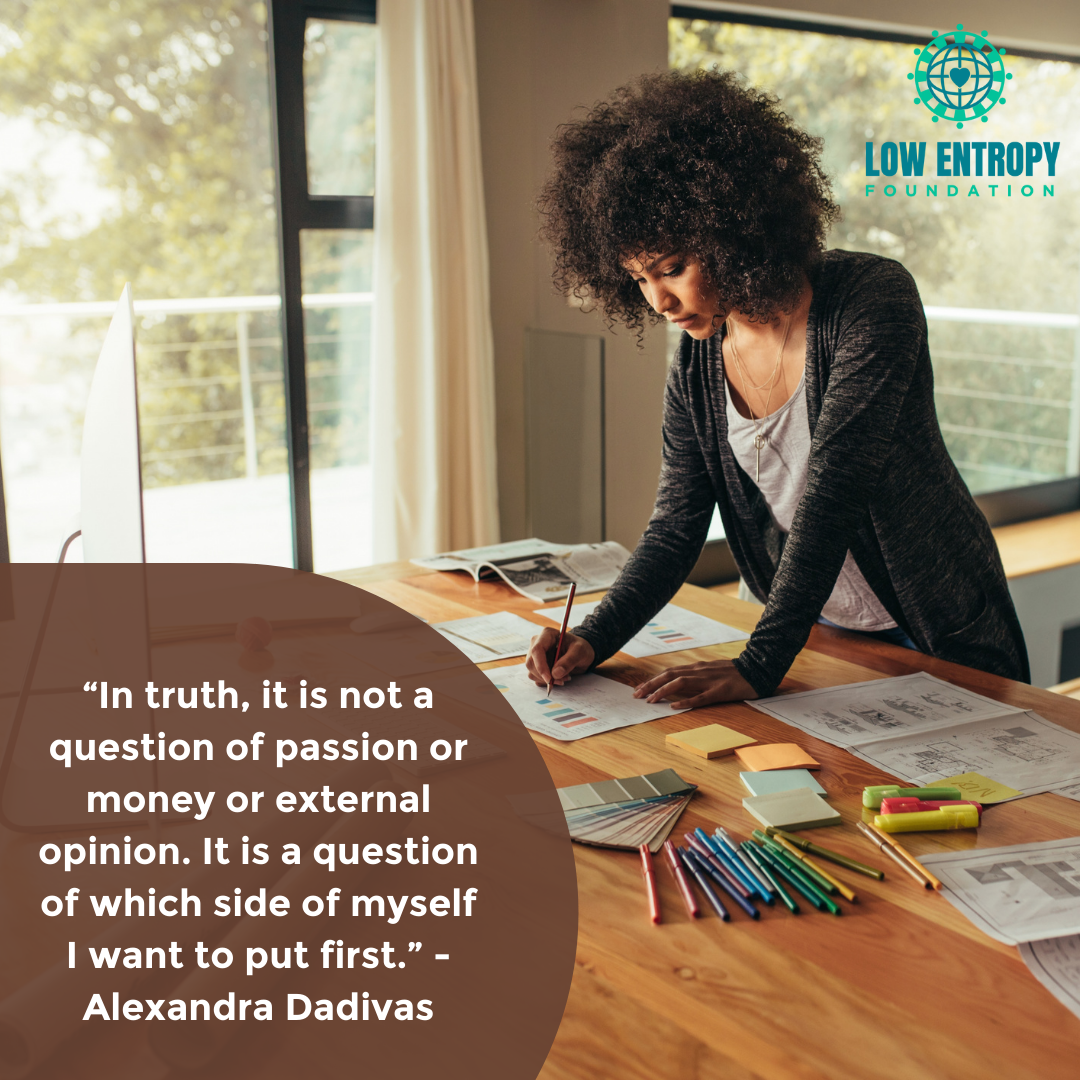
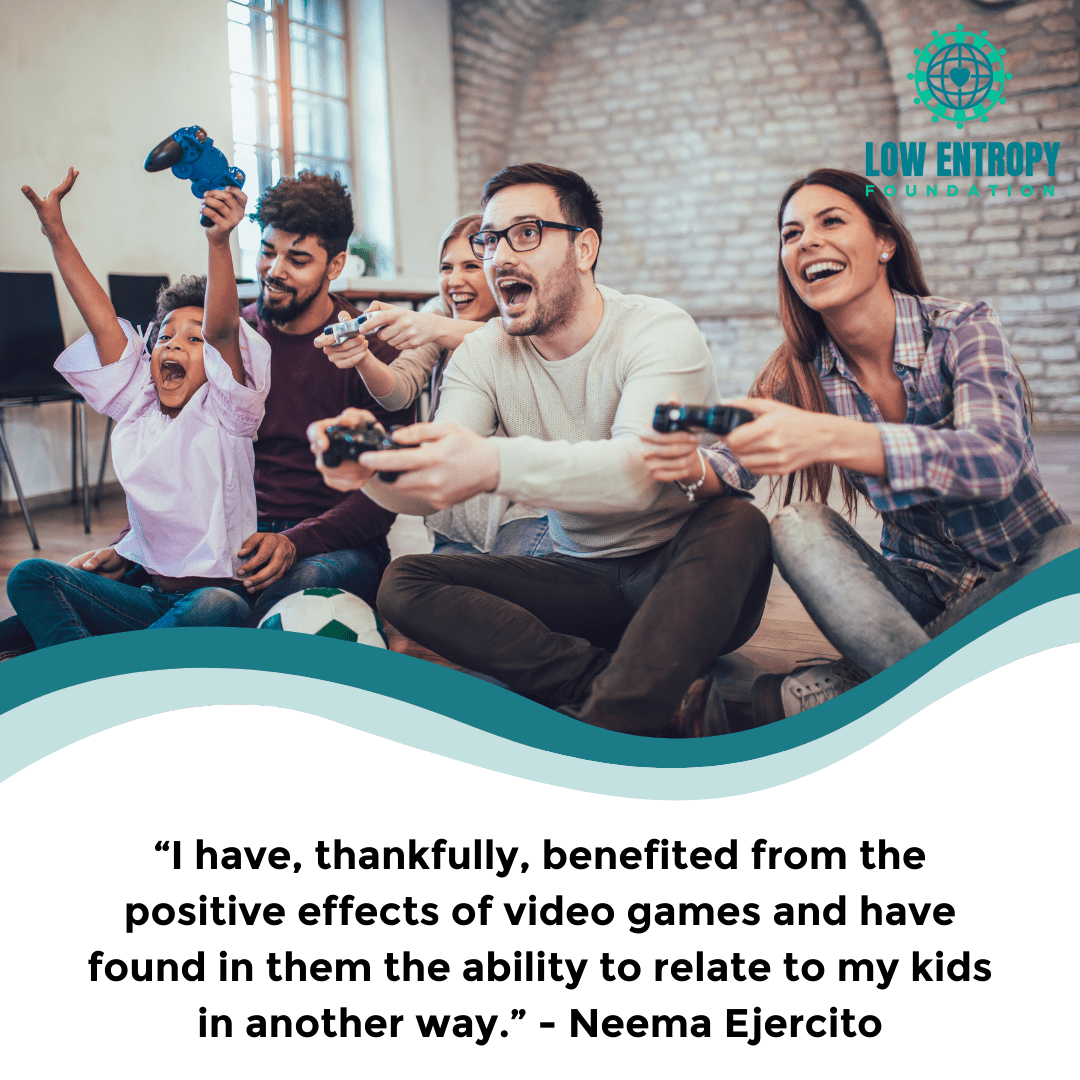
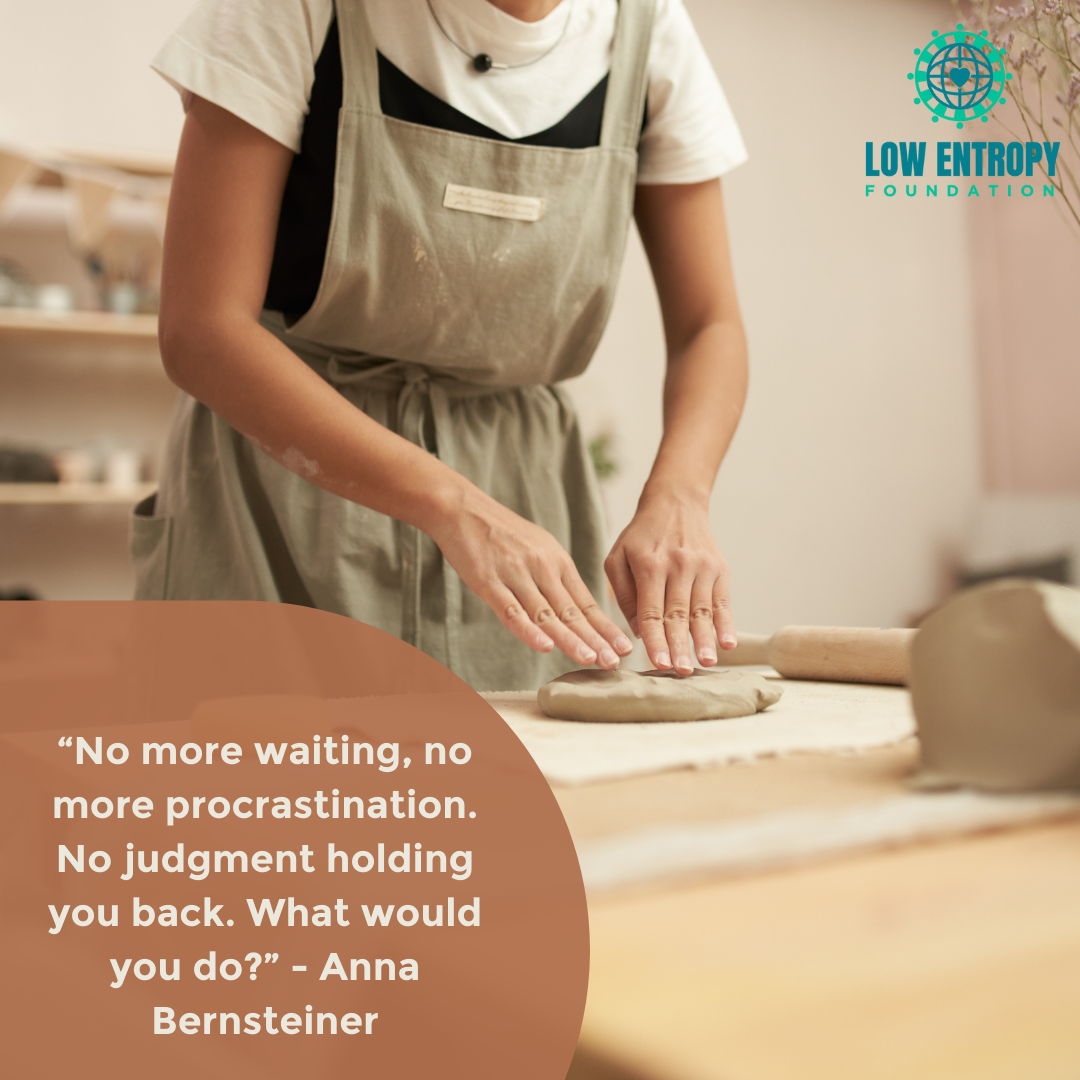
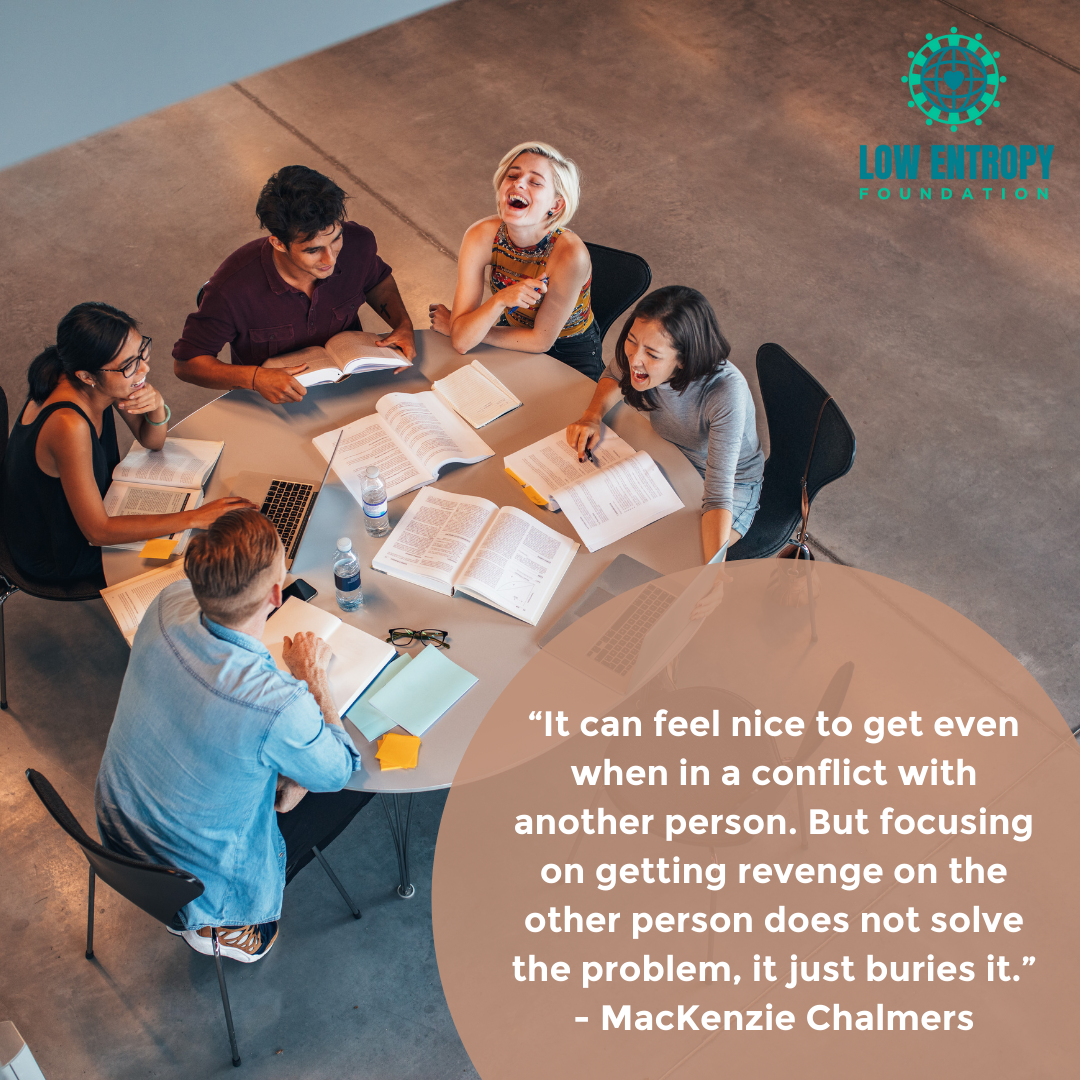
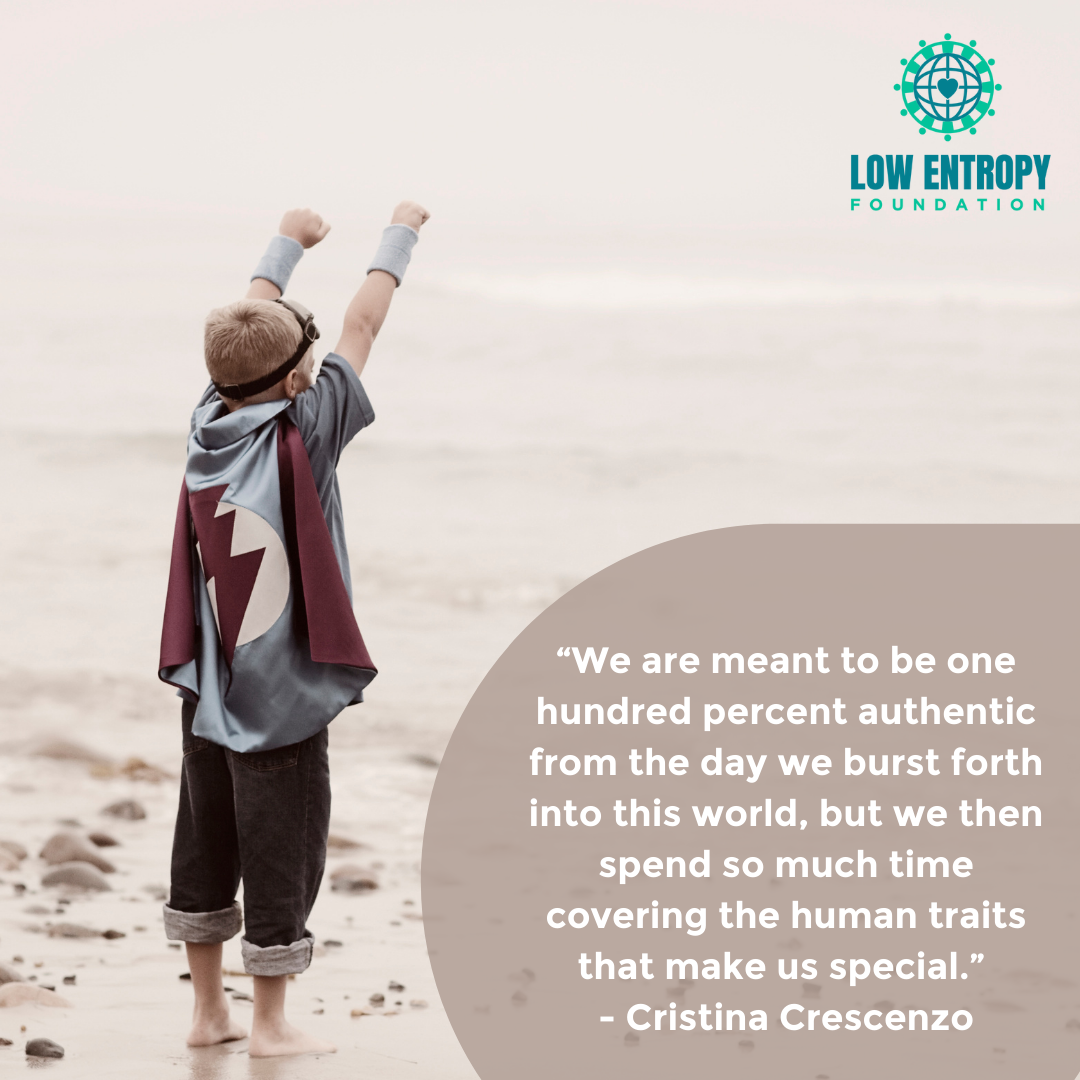
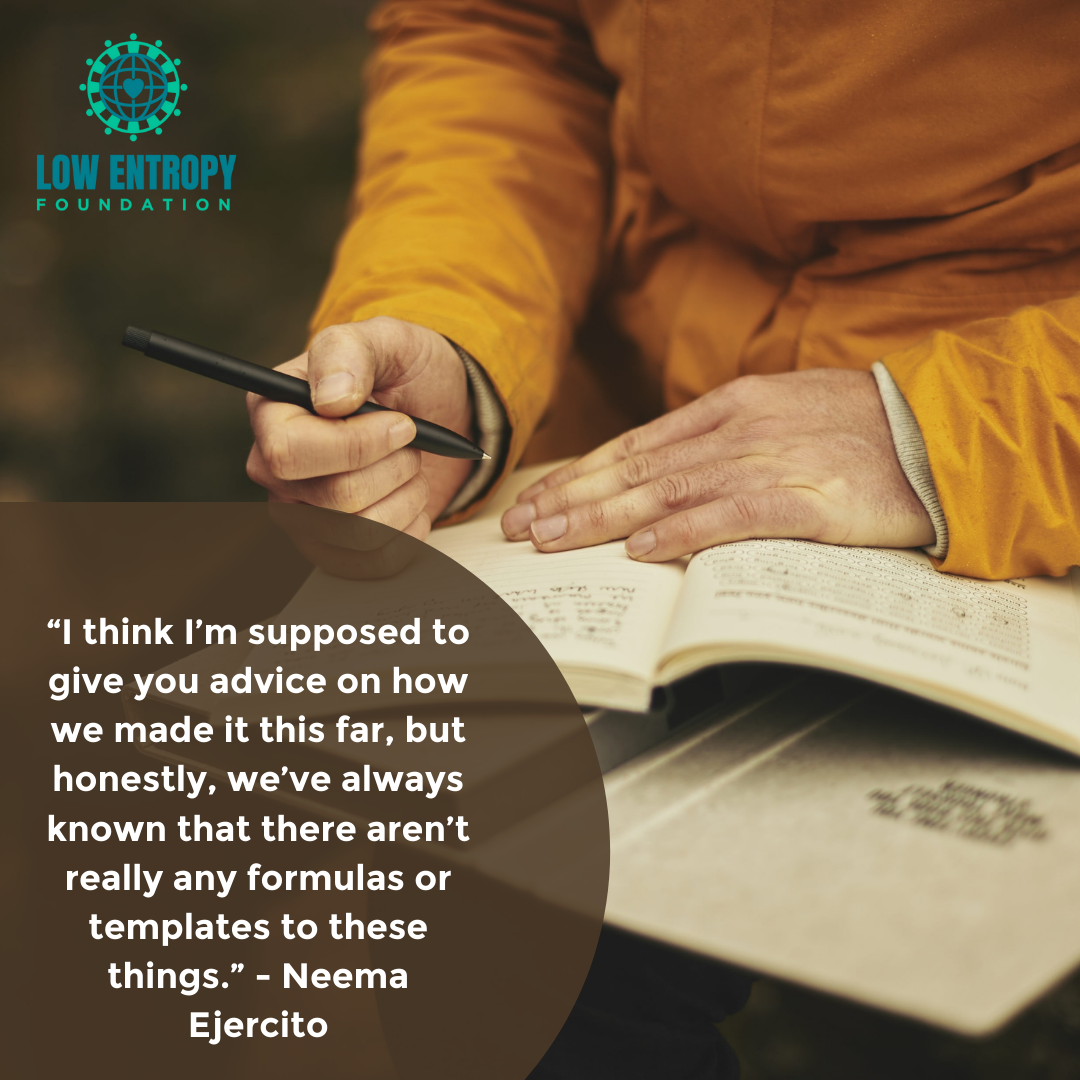
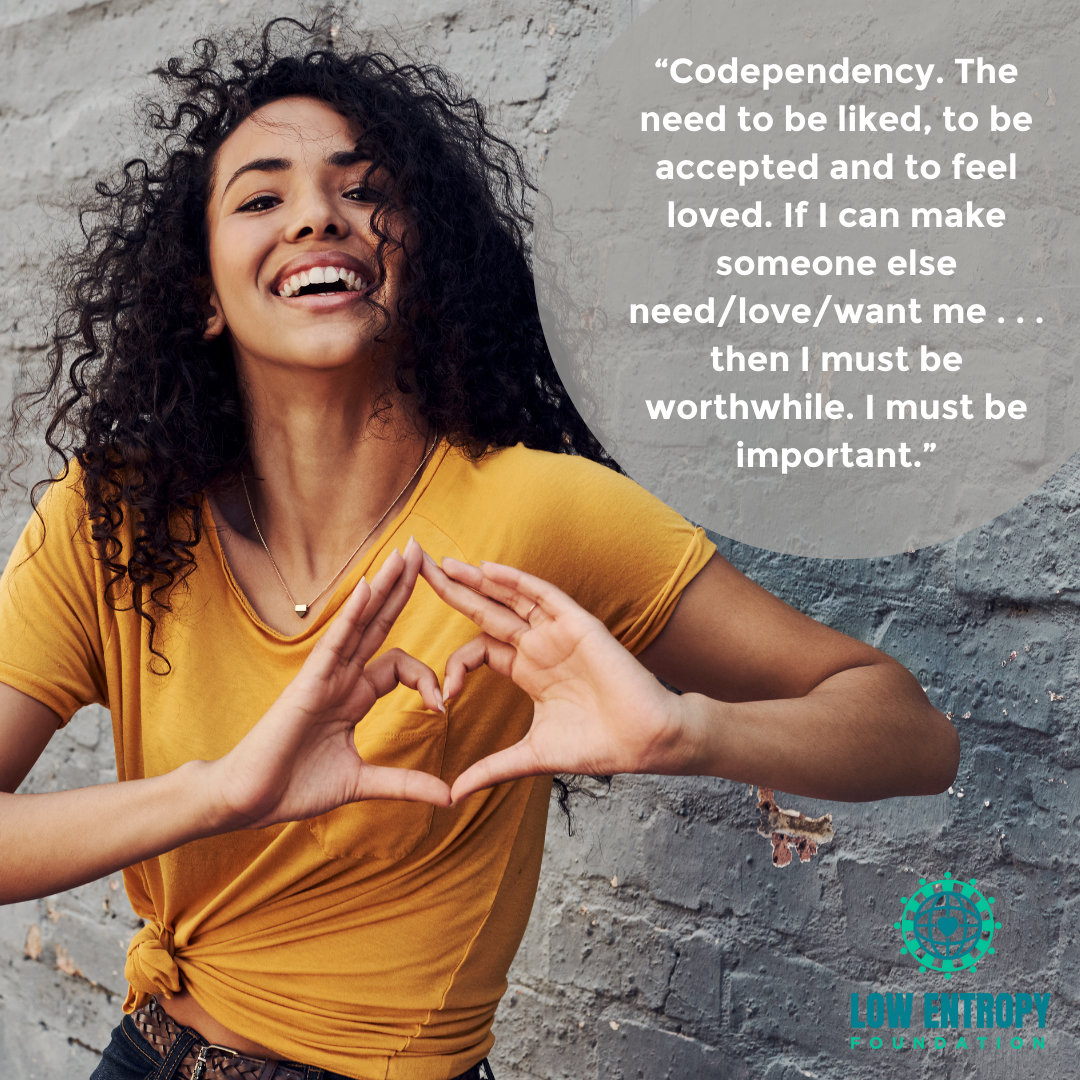
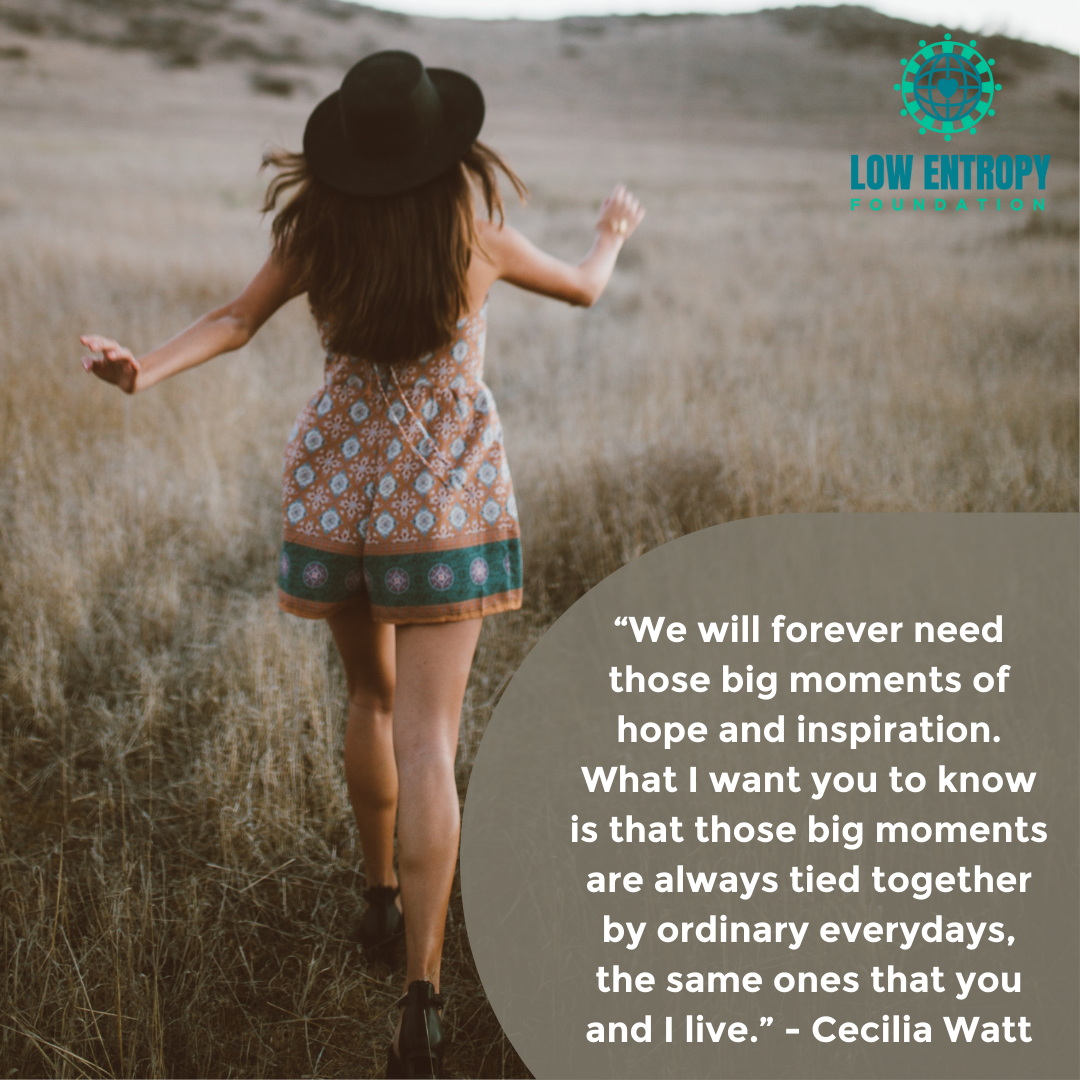
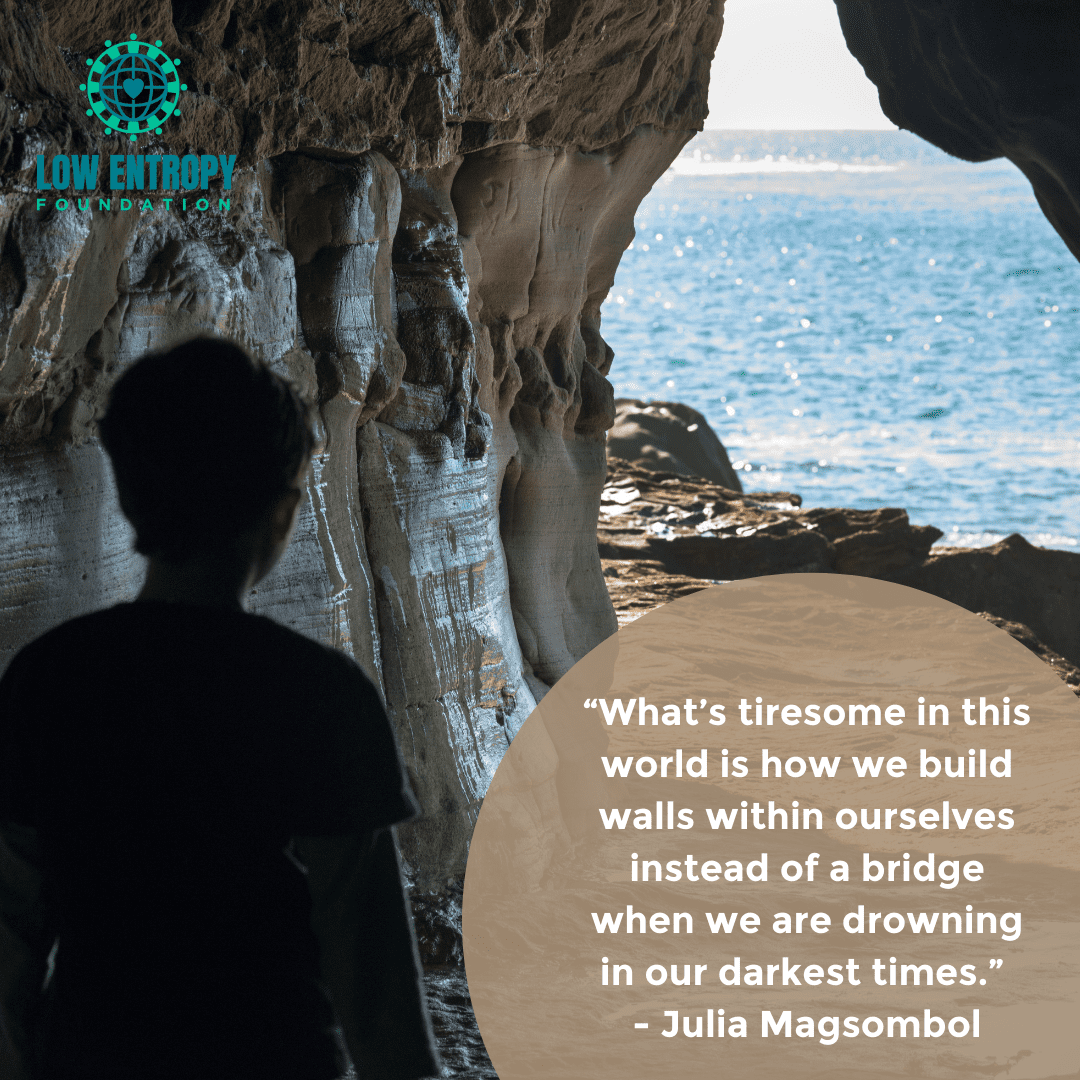

 That being said, on our first day in Rome together 12 years ago, as our cab made its way to our hotel right in the heart of tourist-filled Trevi, I was amazed how its current structures had grown around the ancient ruins of this once-magnificent, almost god-like city. I didn’t have to look far to see sculptures, stone walls and obelisks. I marvelled at how Roman pedestrians seemed to take these for granted. But then I imagined myself feeling much the same way as I rushed off to a meeting in Intramuros, focusing on the traffic rather than Manila’s fair share of magnificence.
That being said, on our first day in Rome together 12 years ago, as our cab made its way to our hotel right in the heart of tourist-filled Trevi, I was amazed how its current structures had grown around the ancient ruins of this once-magnificent, almost god-like city. I didn’t have to look far to see sculptures, stone walls and obelisks. I marvelled at how Roman pedestrians seemed to take these for granted. But then I imagined myself feeling much the same way as I rushed off to a meeting in Intramuros, focusing on the traffic rather than Manila’s fair share of magnificence. We went to Venice a couple of days later, and though I had heard of this city of love countless times, there really is nothing like experiencing the real thing. I did not want to leave. My heart was smitten. I was already planning on how to stay there longer, what jobs my husband and I would do, what kind of lives we would lead, how we would raise our kids and what kind of schools they would attend. Truly, Venice was for lovers and dreamers. I remember feeling the serenity of the city’s atmosphere as we had cappuccino on our first day there, watching a mother and child as the mom got herself a cup of coffee and a gelato for her daughter, who contentedly sat on her mother’s lap.
We went to Venice a couple of days later, and though I had heard of this city of love countless times, there really is nothing like experiencing the real thing. I did not want to leave. My heart was smitten. I was already planning on how to stay there longer, what jobs my husband and I would do, what kind of lives we would lead, how we would raise our kids and what kind of schools they would attend. Truly, Venice was for lovers and dreamers. I remember feeling the serenity of the city’s atmosphere as we had cappuccino on our first day there, watching a mother and child as the mom got herself a cup of coffee and a gelato for her daughter, who contentedly sat on her mother’s lap.
 I did grow to detest the cobbled streets, especially when my husband and I got lost for the hundredth time, but the photogenic vistas of the city just took our breath away. Being photographers ourselves, we just marvelled at how every nook and cranny seemed to just be filled with beauty that seemed to be waiting to be discovered only by us.
I did grow to detest the cobbled streets, especially when my husband and I got lost for the hundredth time, but the photogenic vistas of the city just took our breath away. Being photographers ourselves, we just marvelled at how every nook and cranny seemed to just be filled with beauty that seemed to be waiting to be discovered only by us. On our last couple of days back in Rome, we checked out the top reason my husband loves Rome so much, the Vatican. And just to show how much of a “feeling local” type of tourists we are, we didn’t even book to see the Sistine Chapel, we just walked around the Vatican without having to feel pressured with time to take in what we
On our last couple of days back in Rome, we checked out the top reason my husband loves Rome so much, the Vatican. And just to show how much of a “feeling local” type of tourists we are, we didn’t even book to see the Sistine Chapel, we just walked around the Vatican without having to feel pressured with time to take in what we